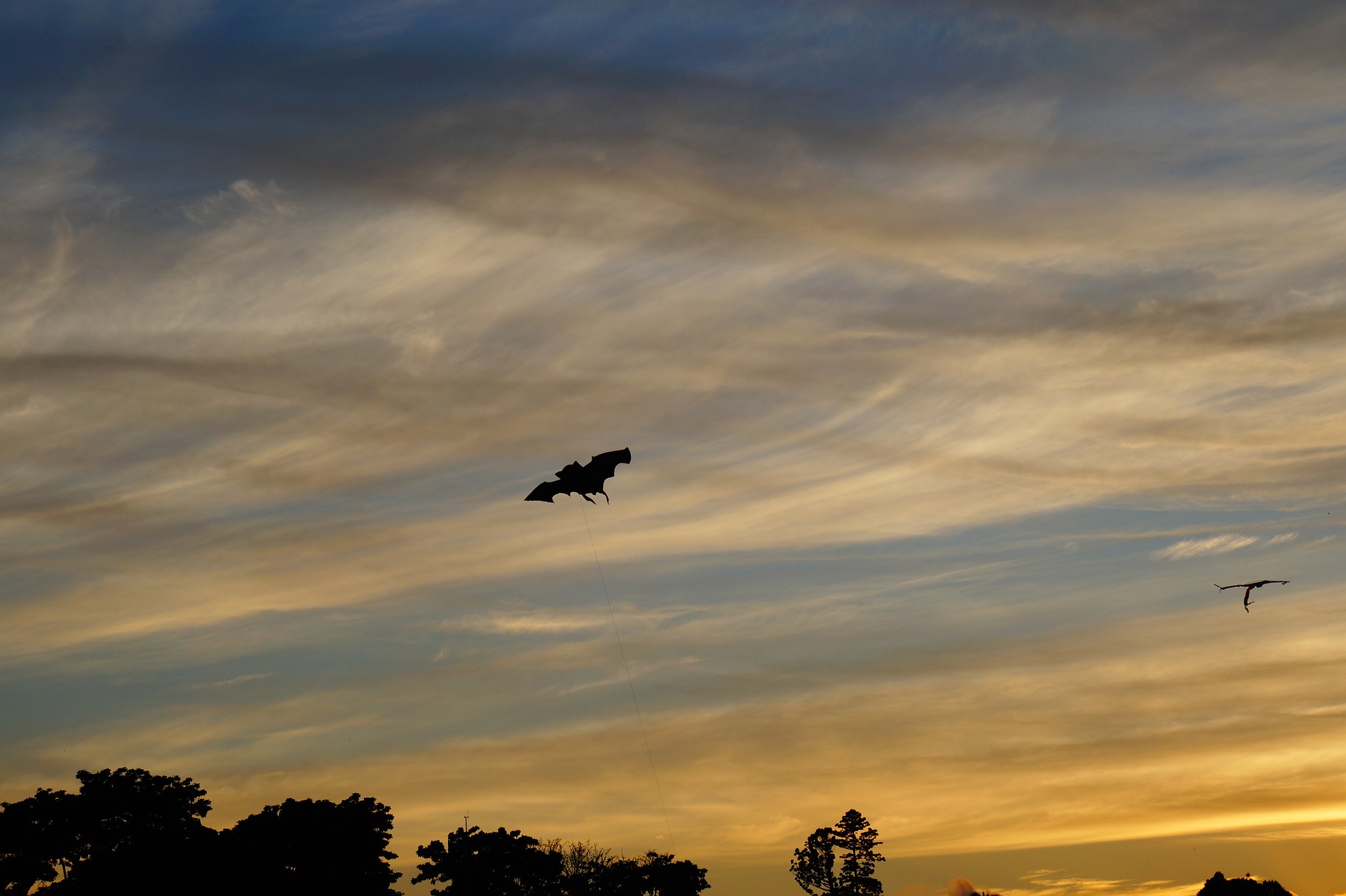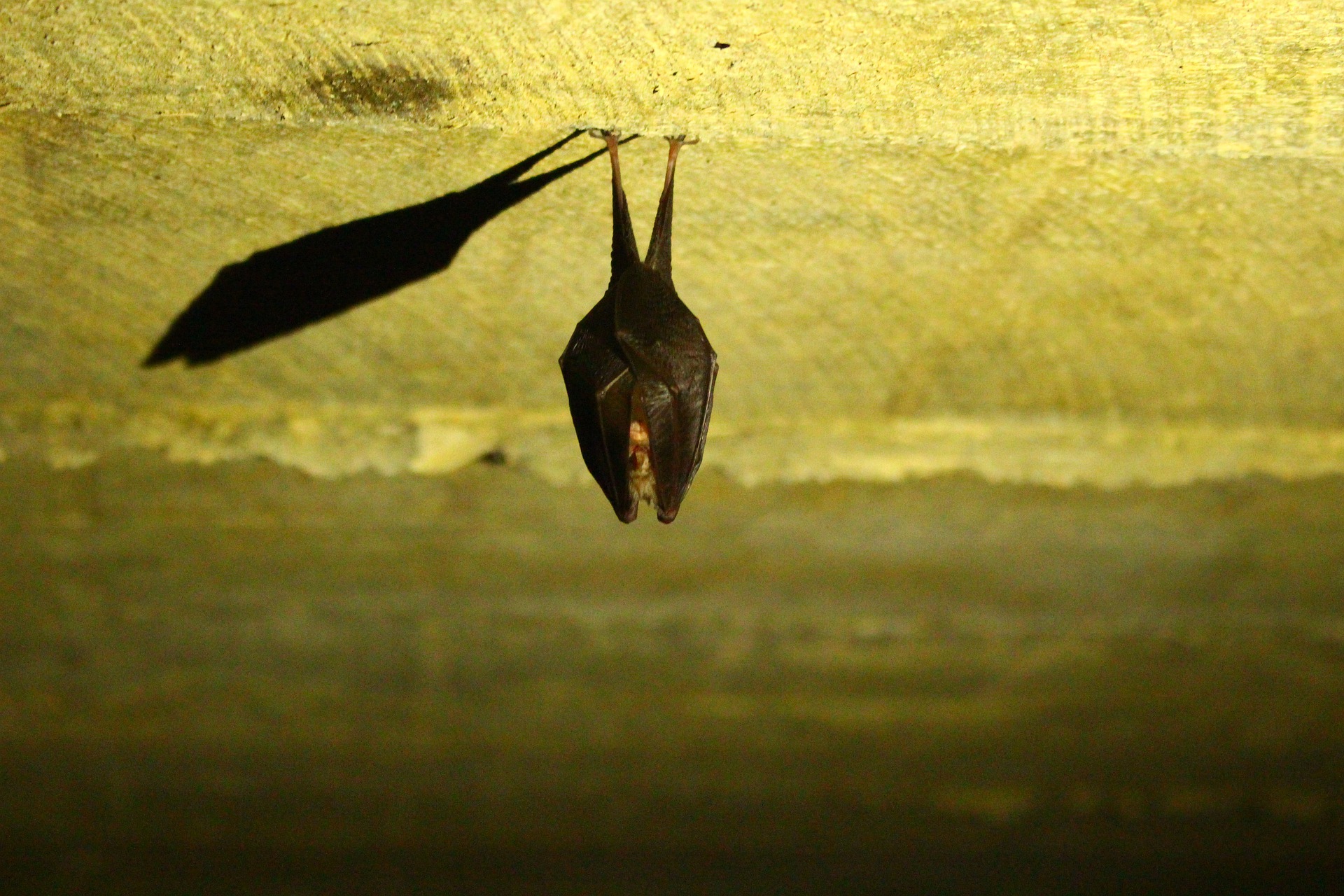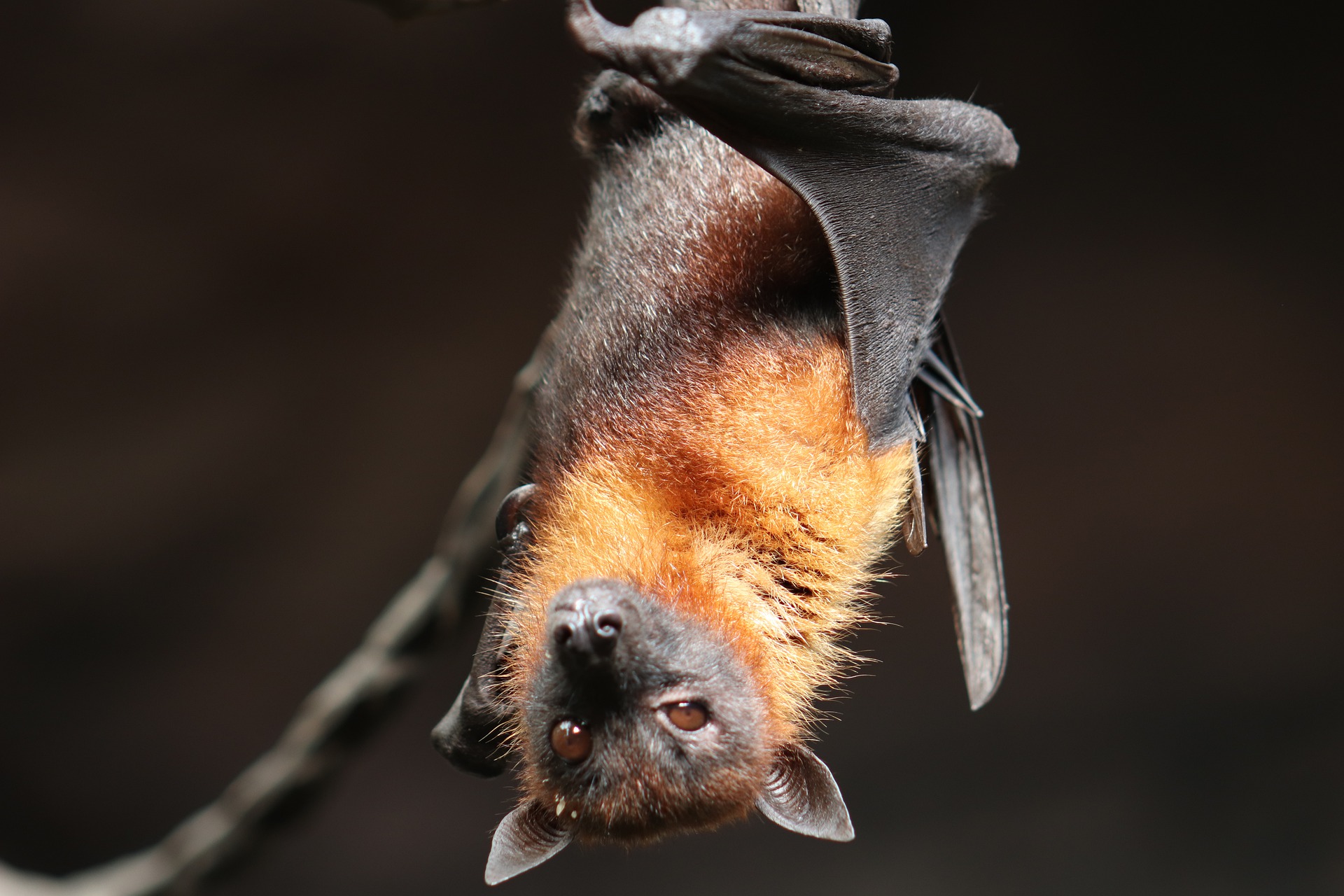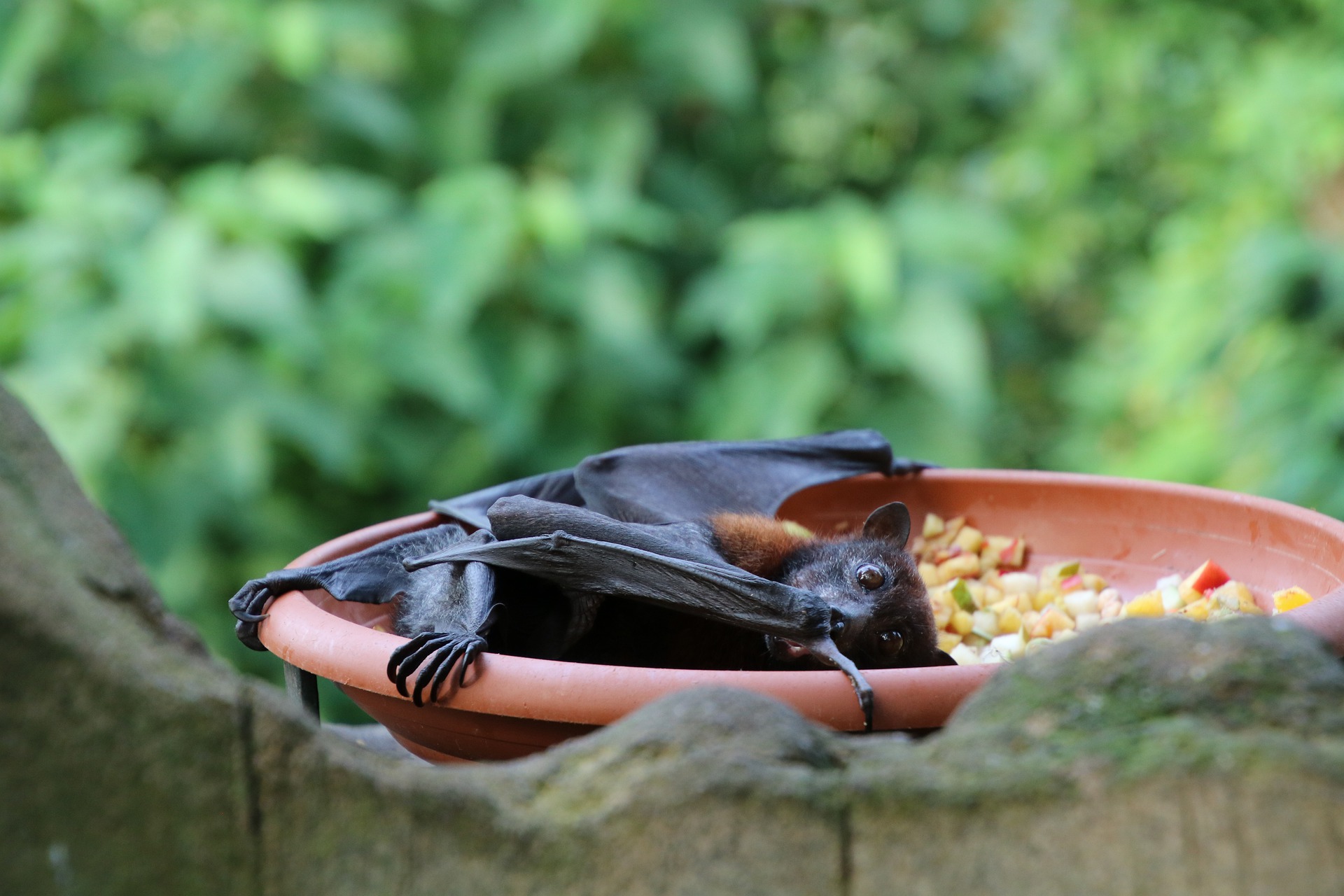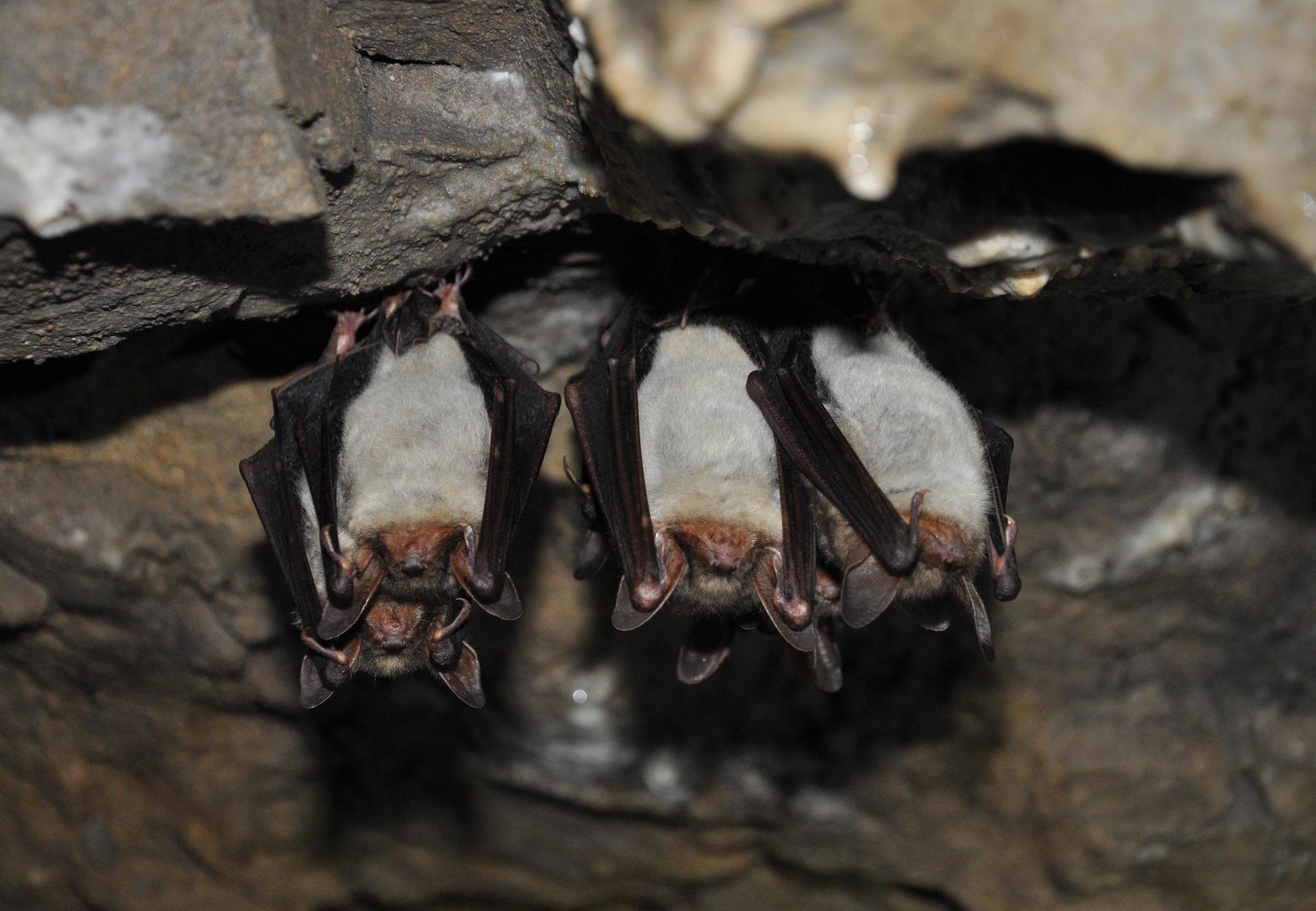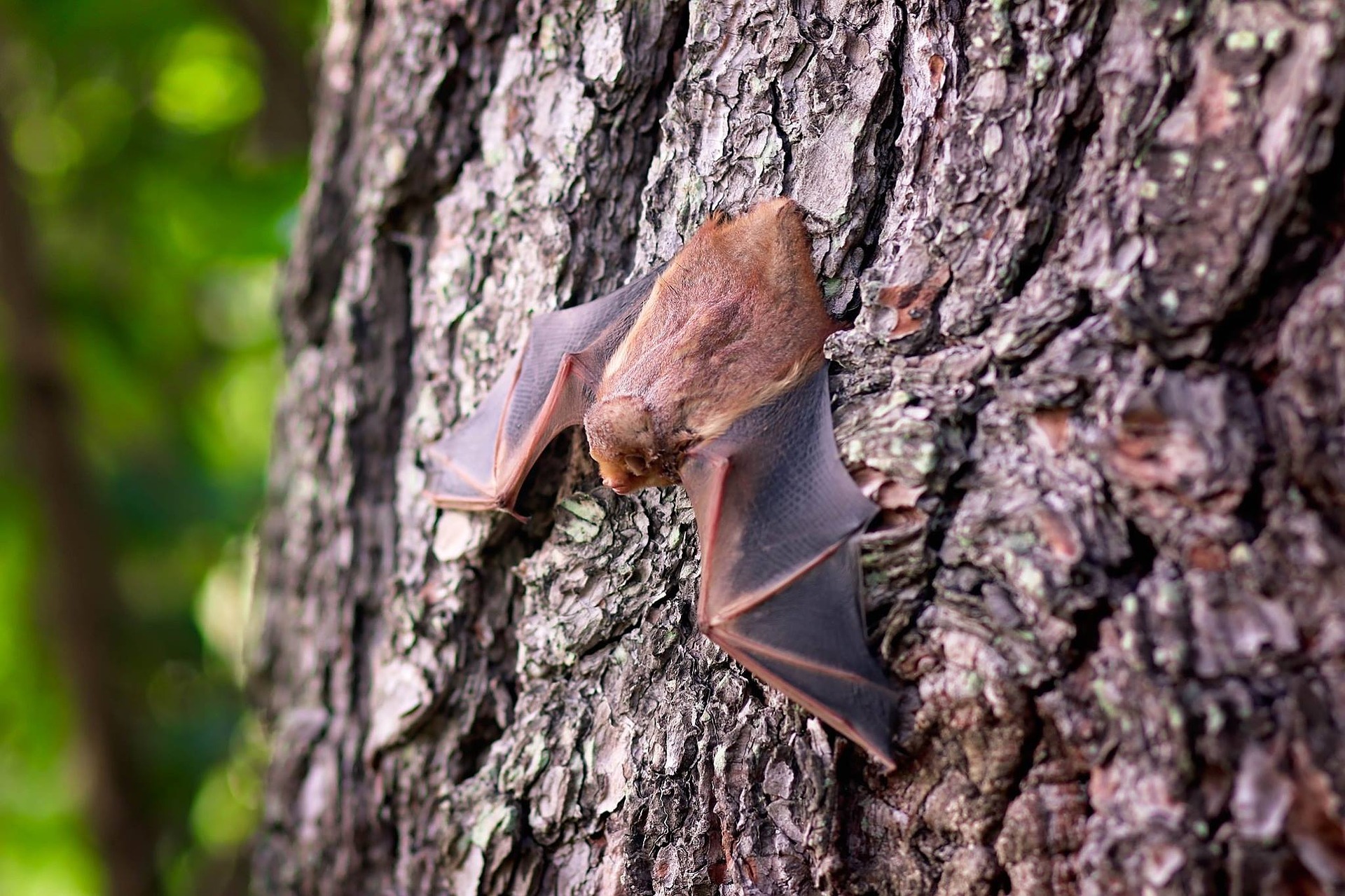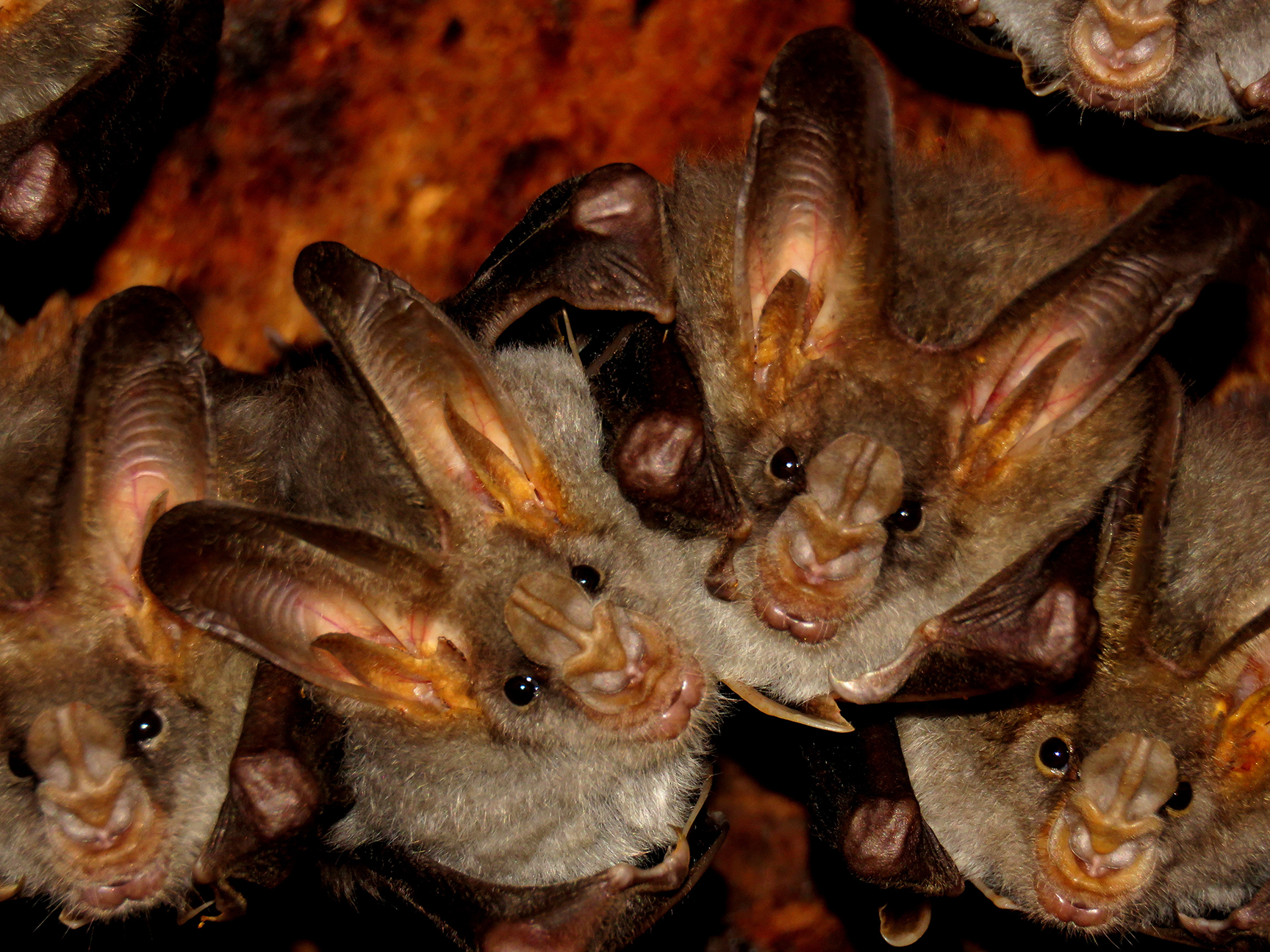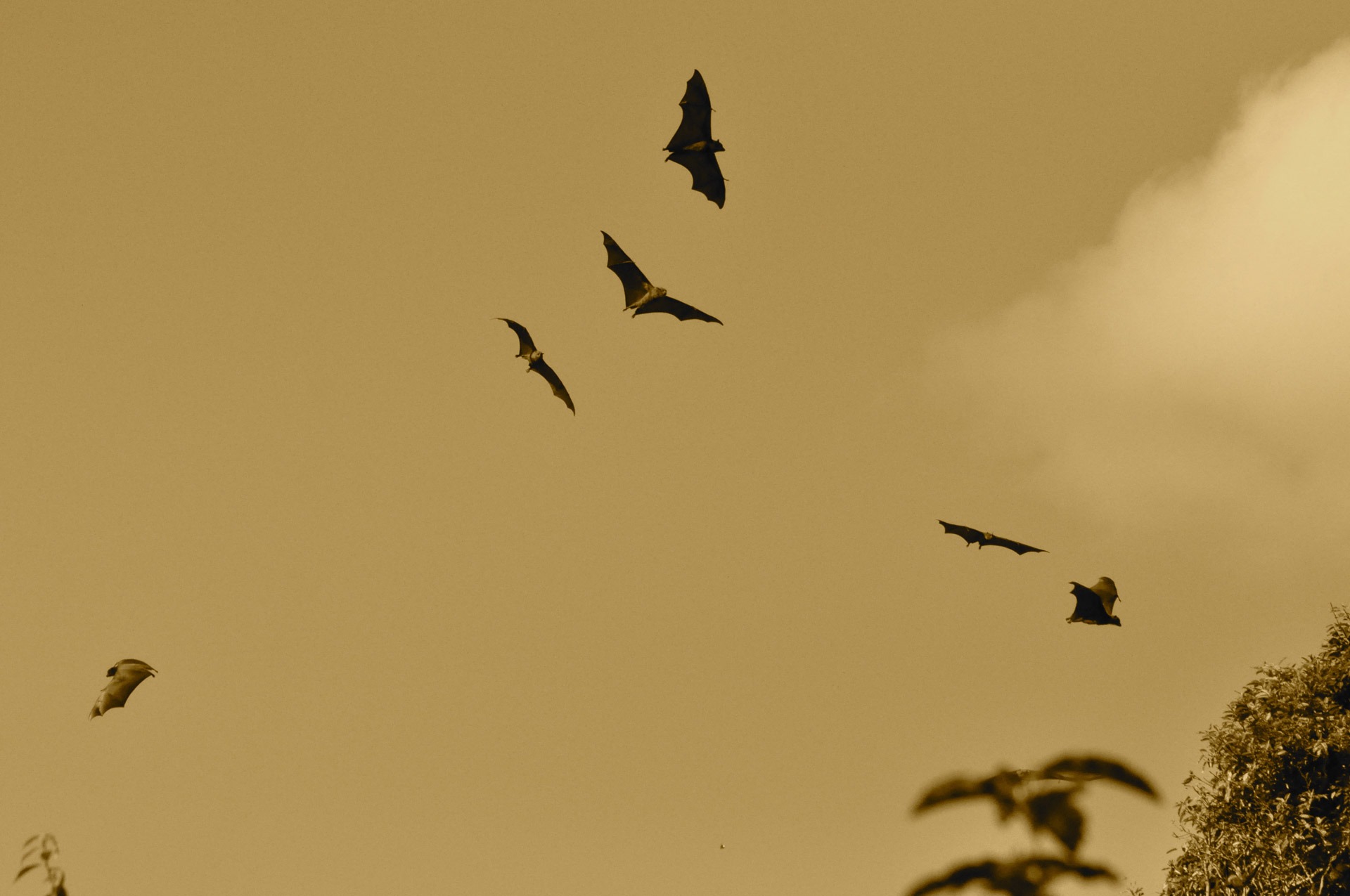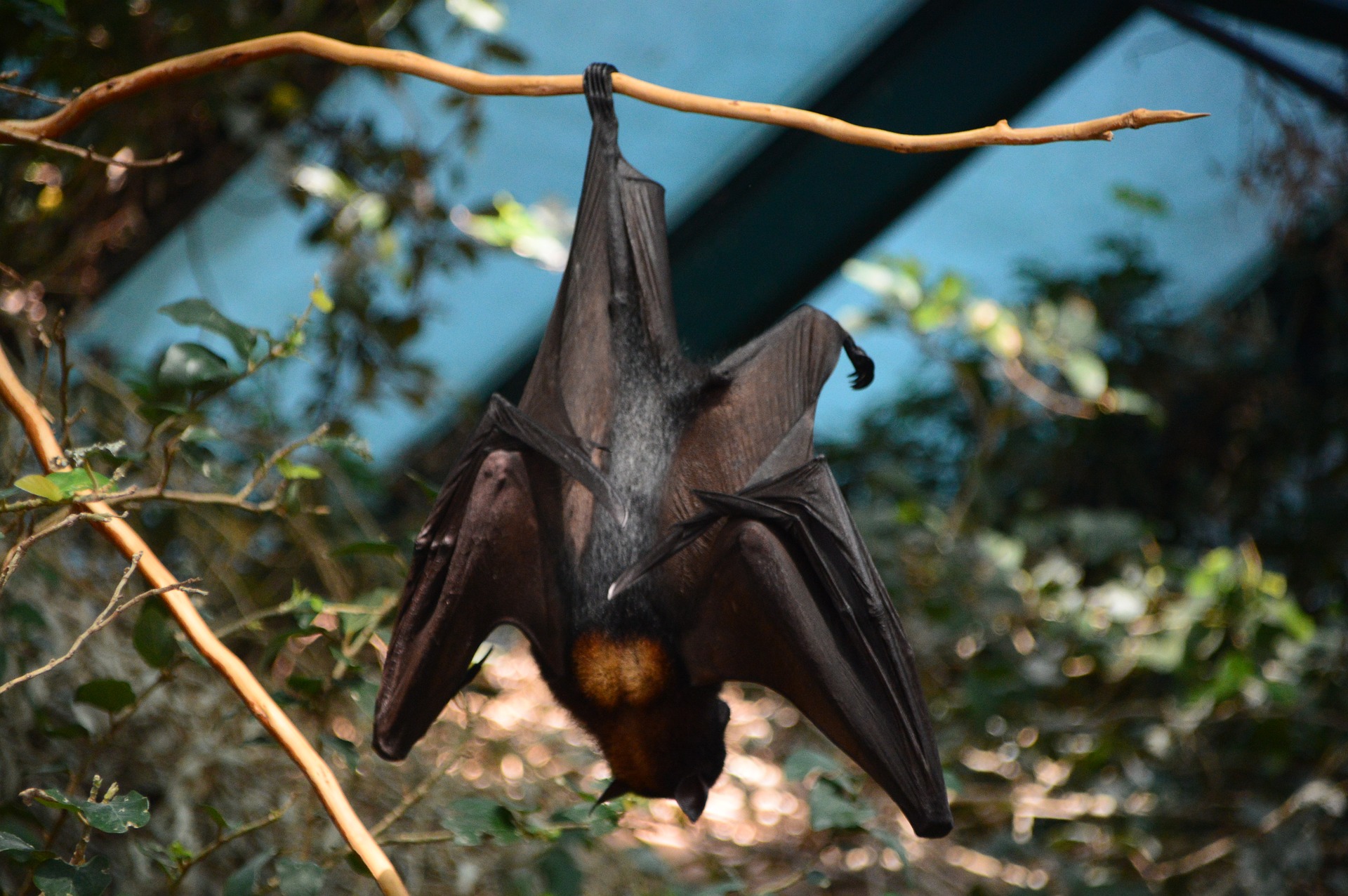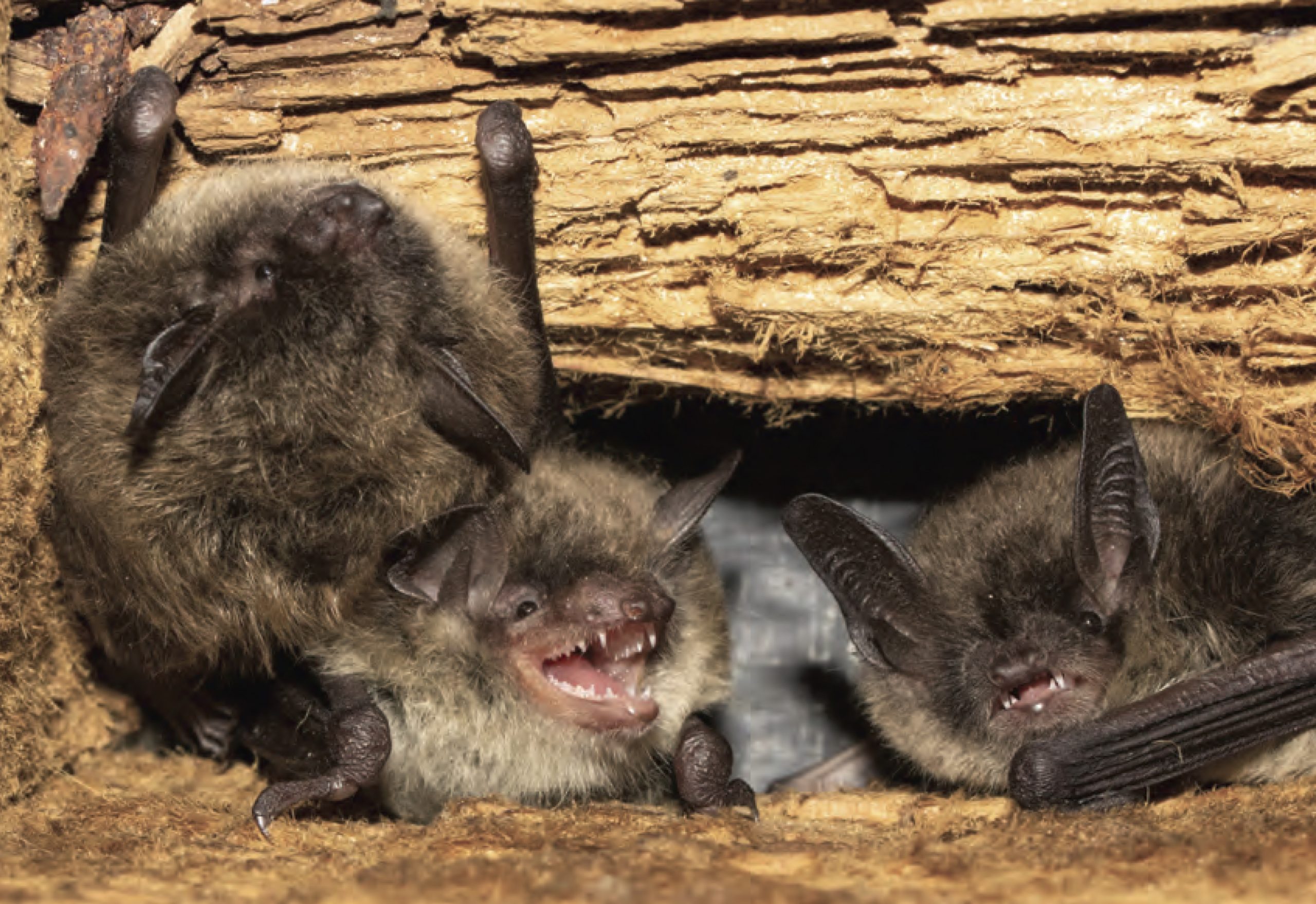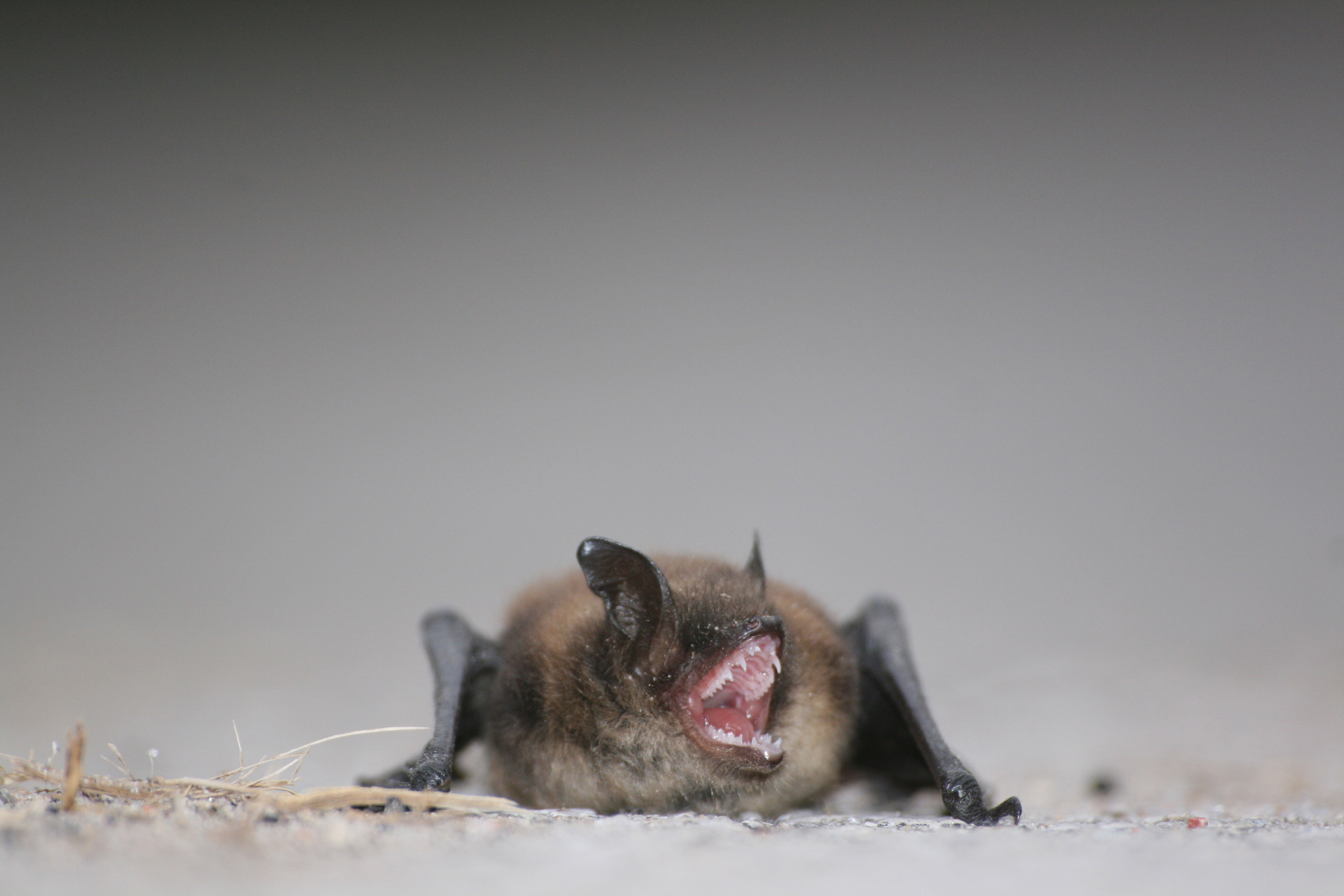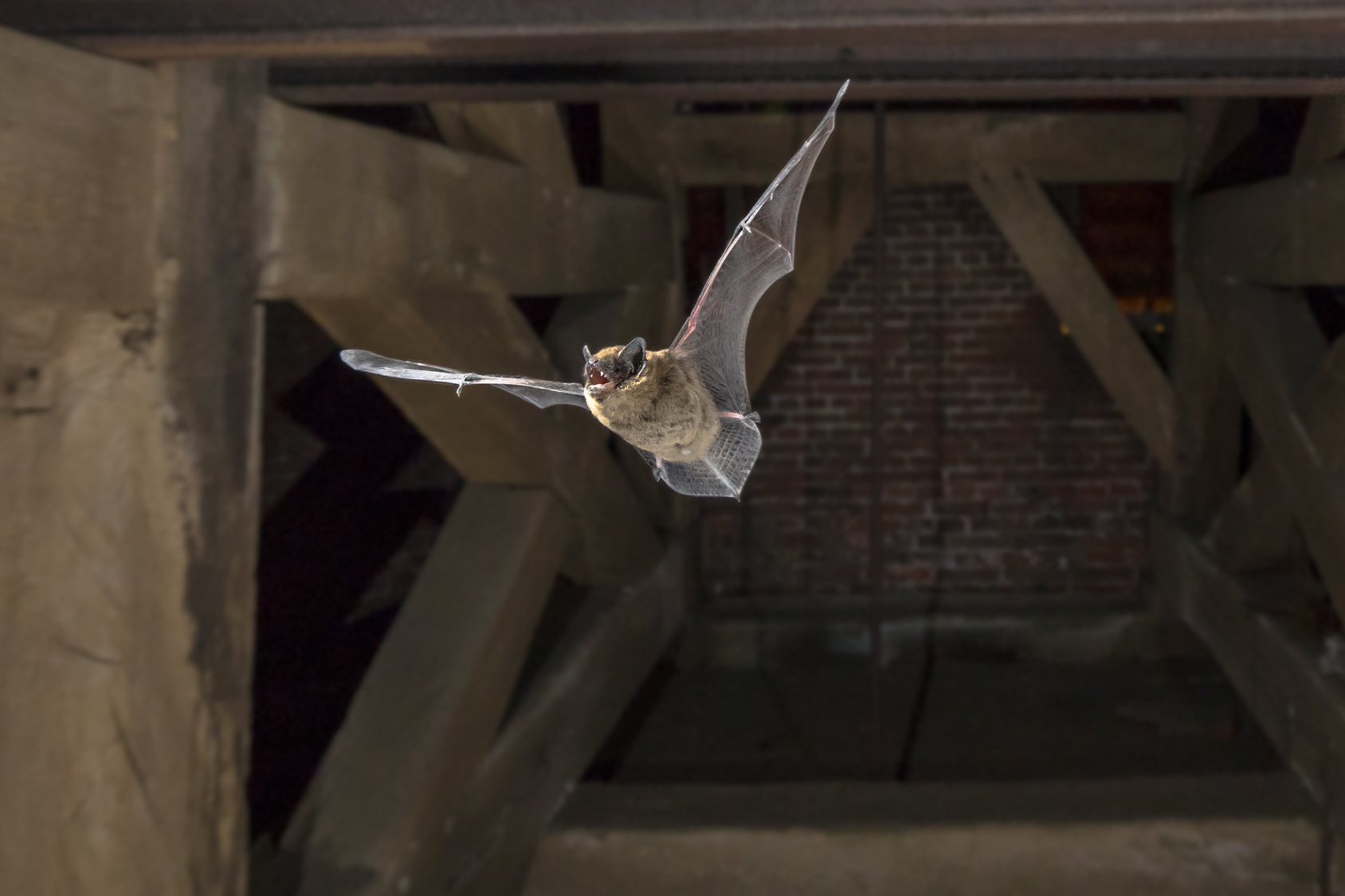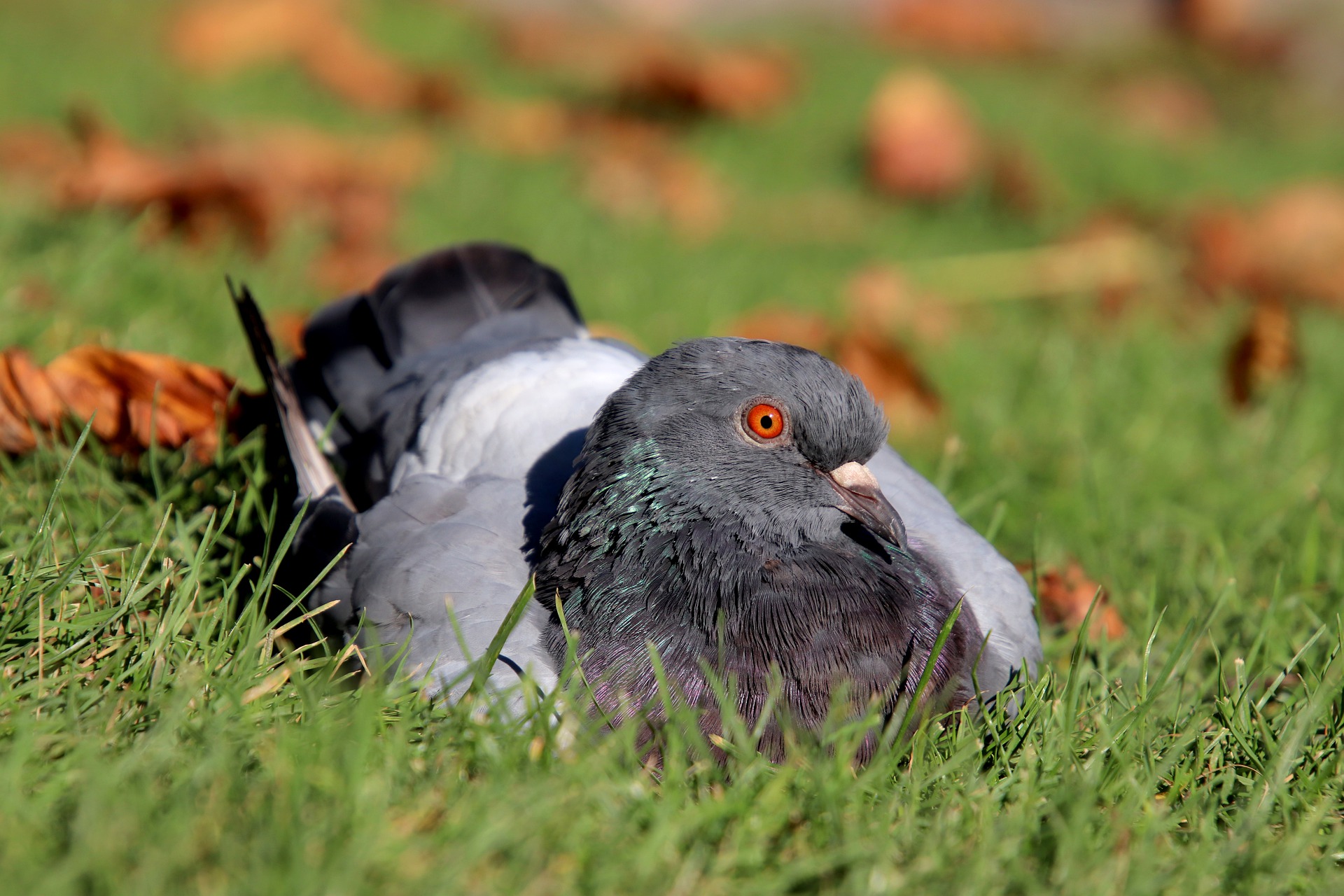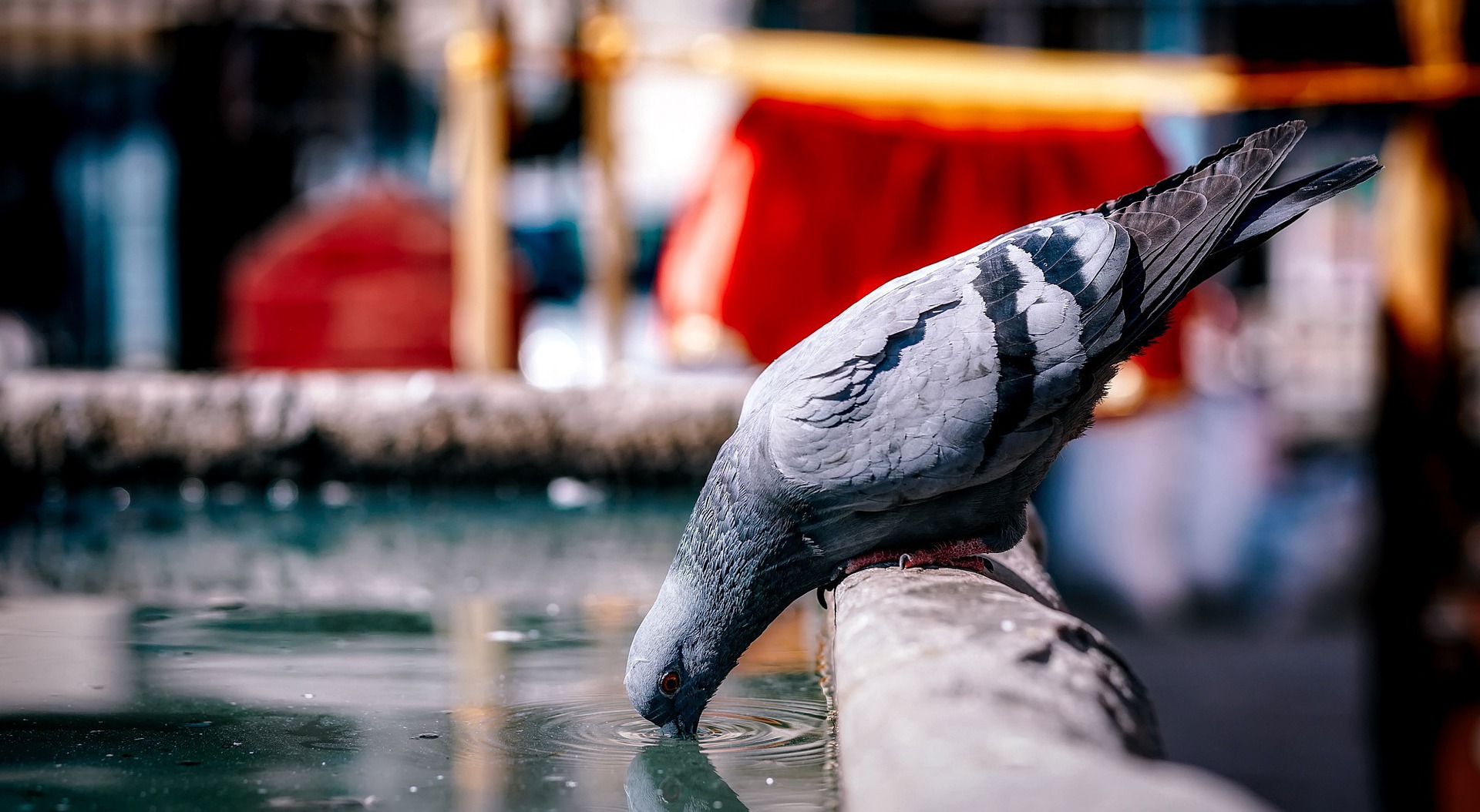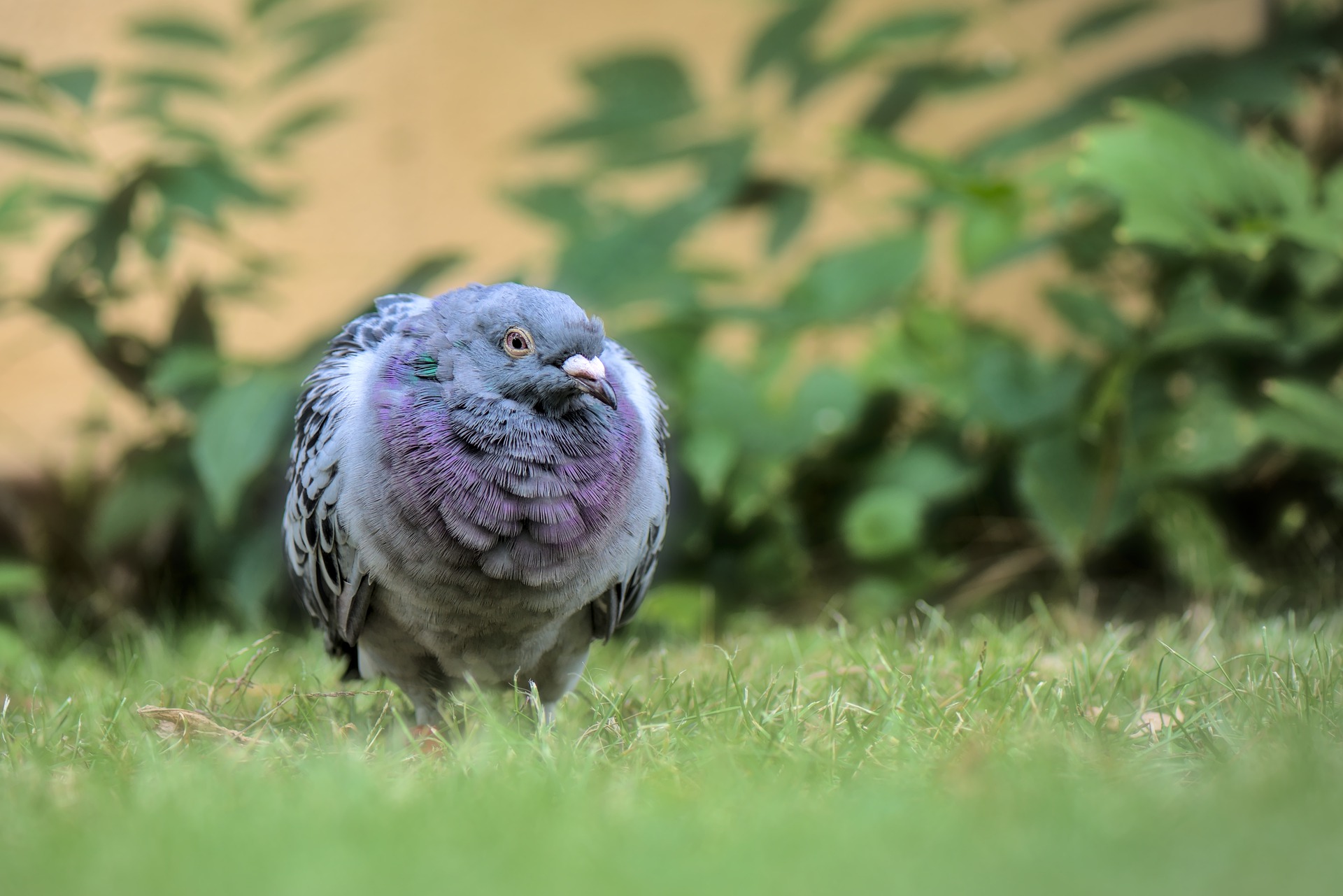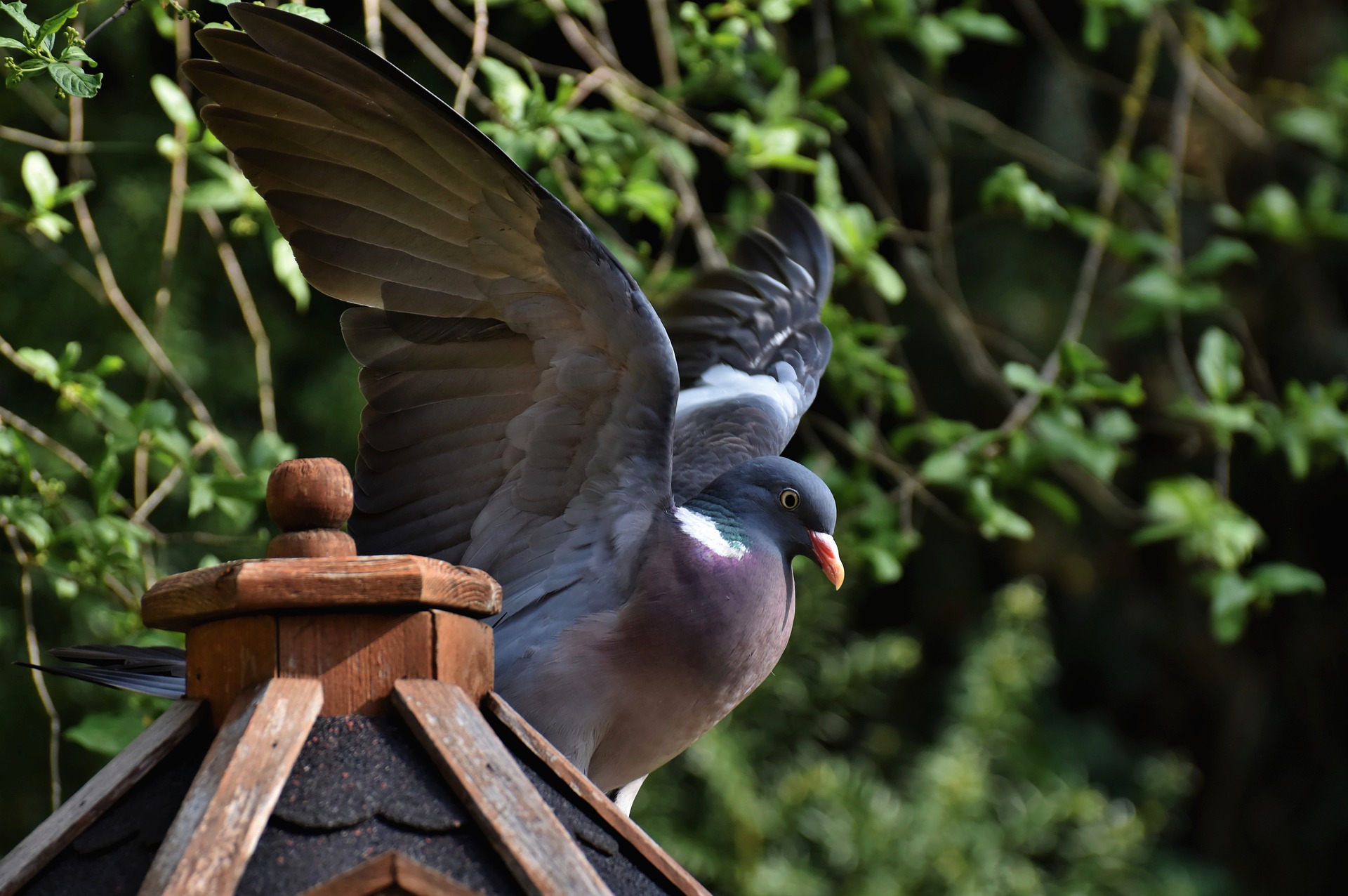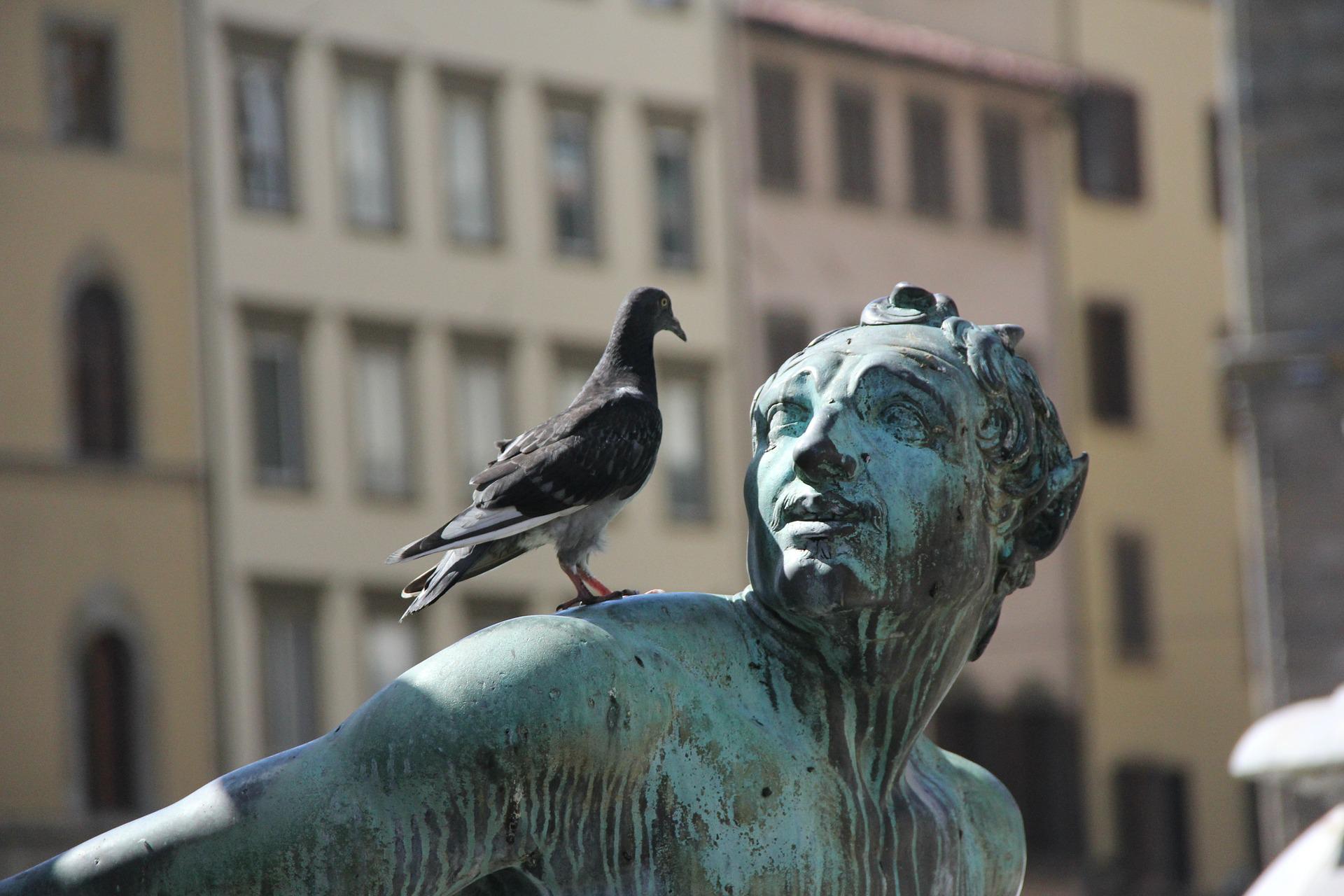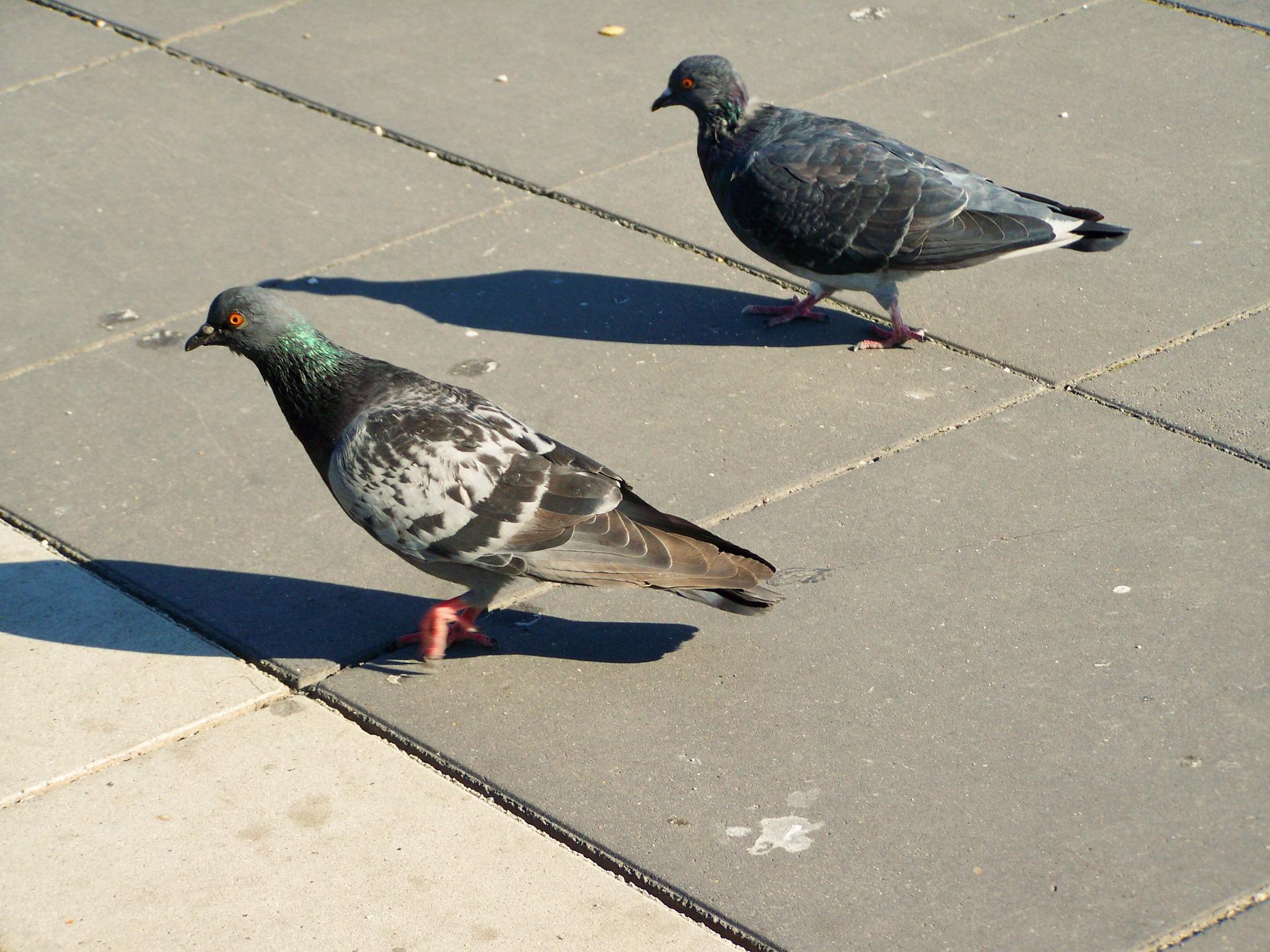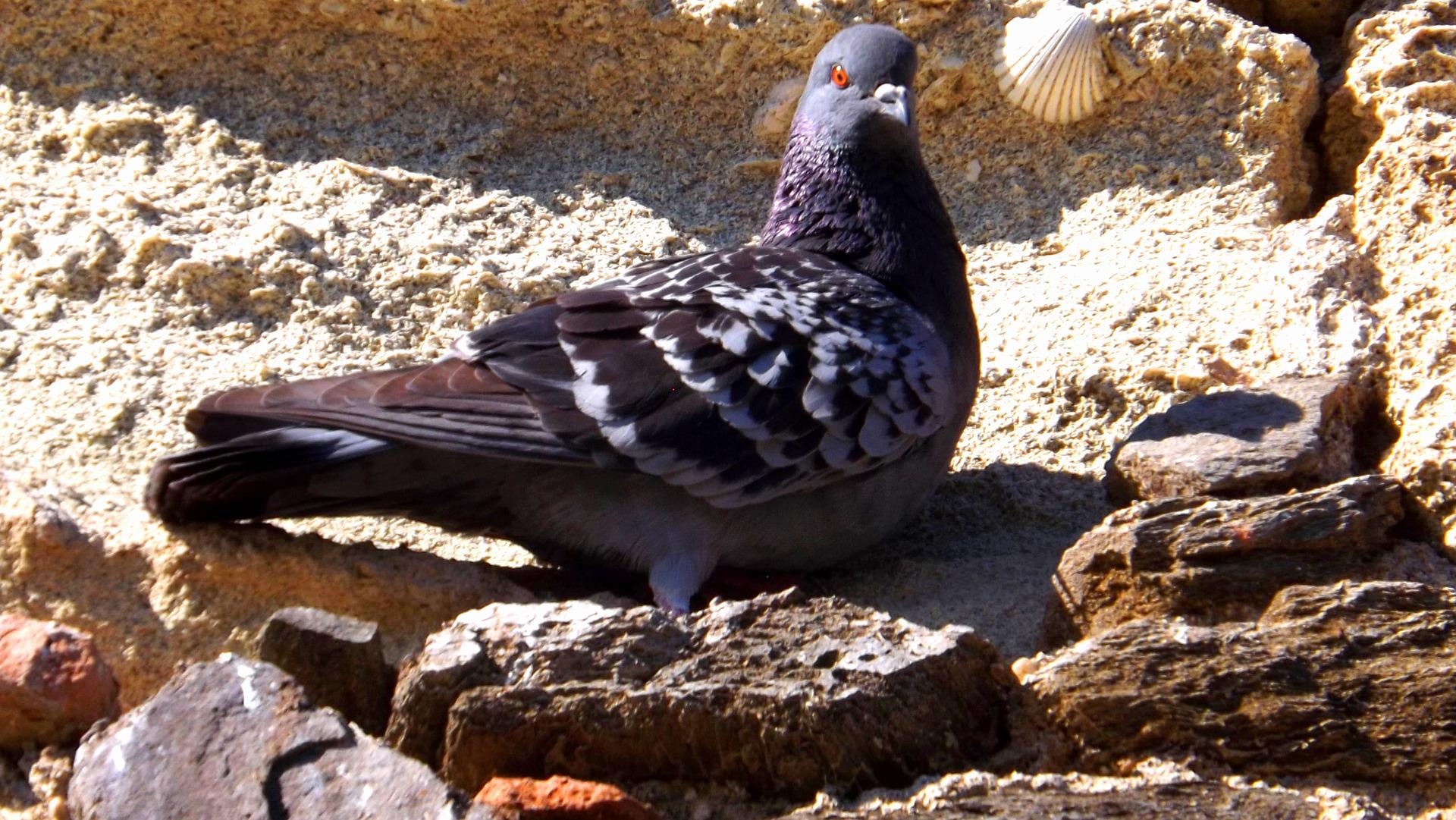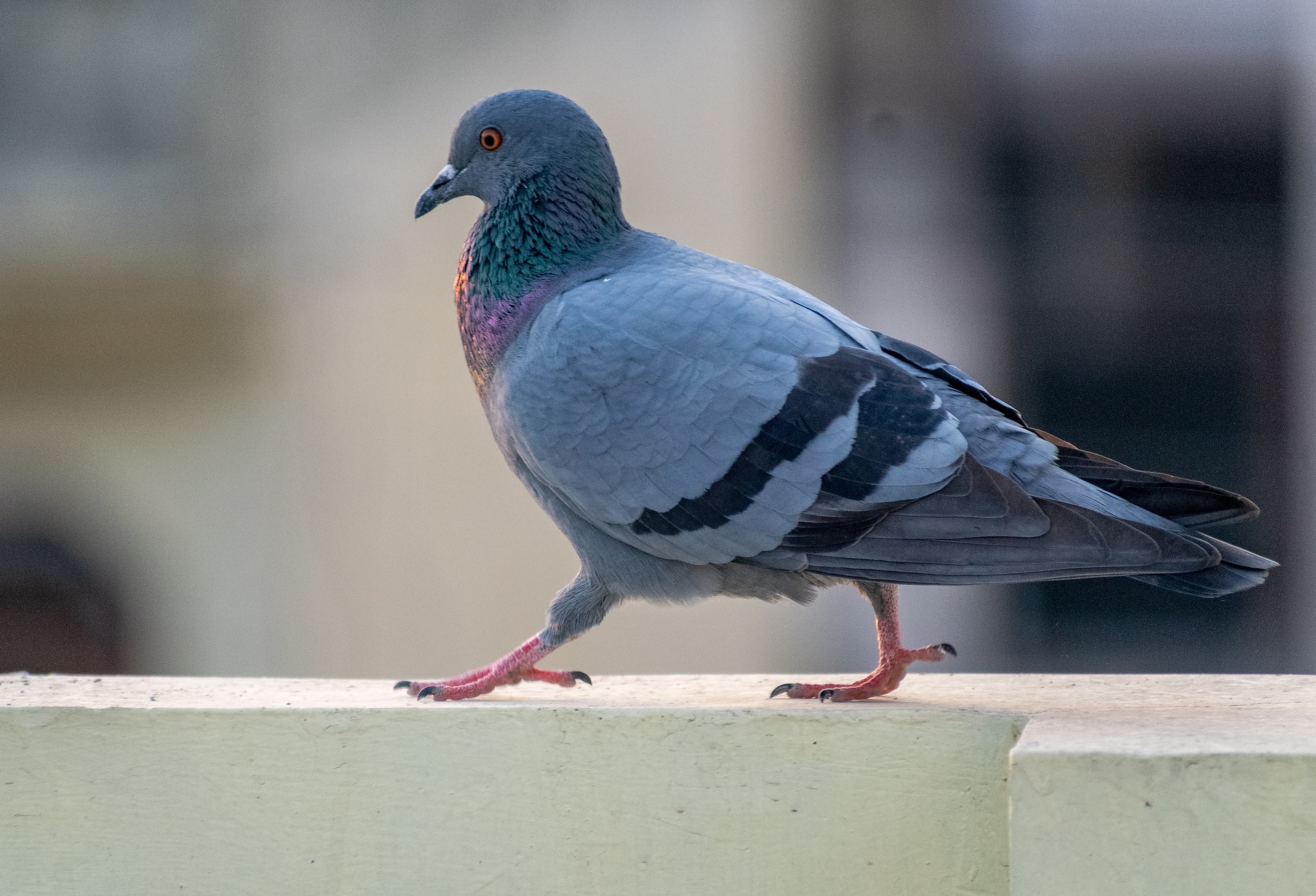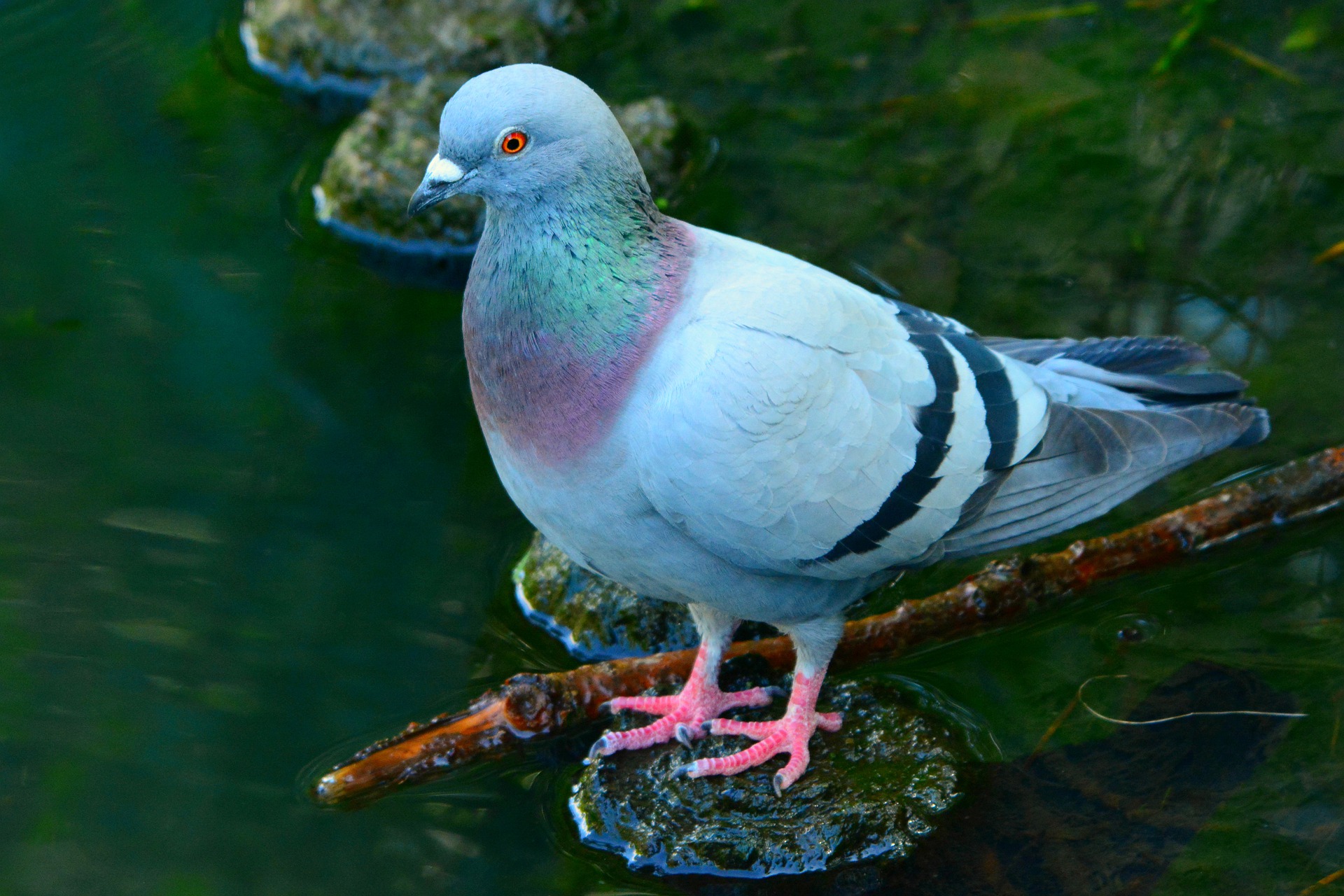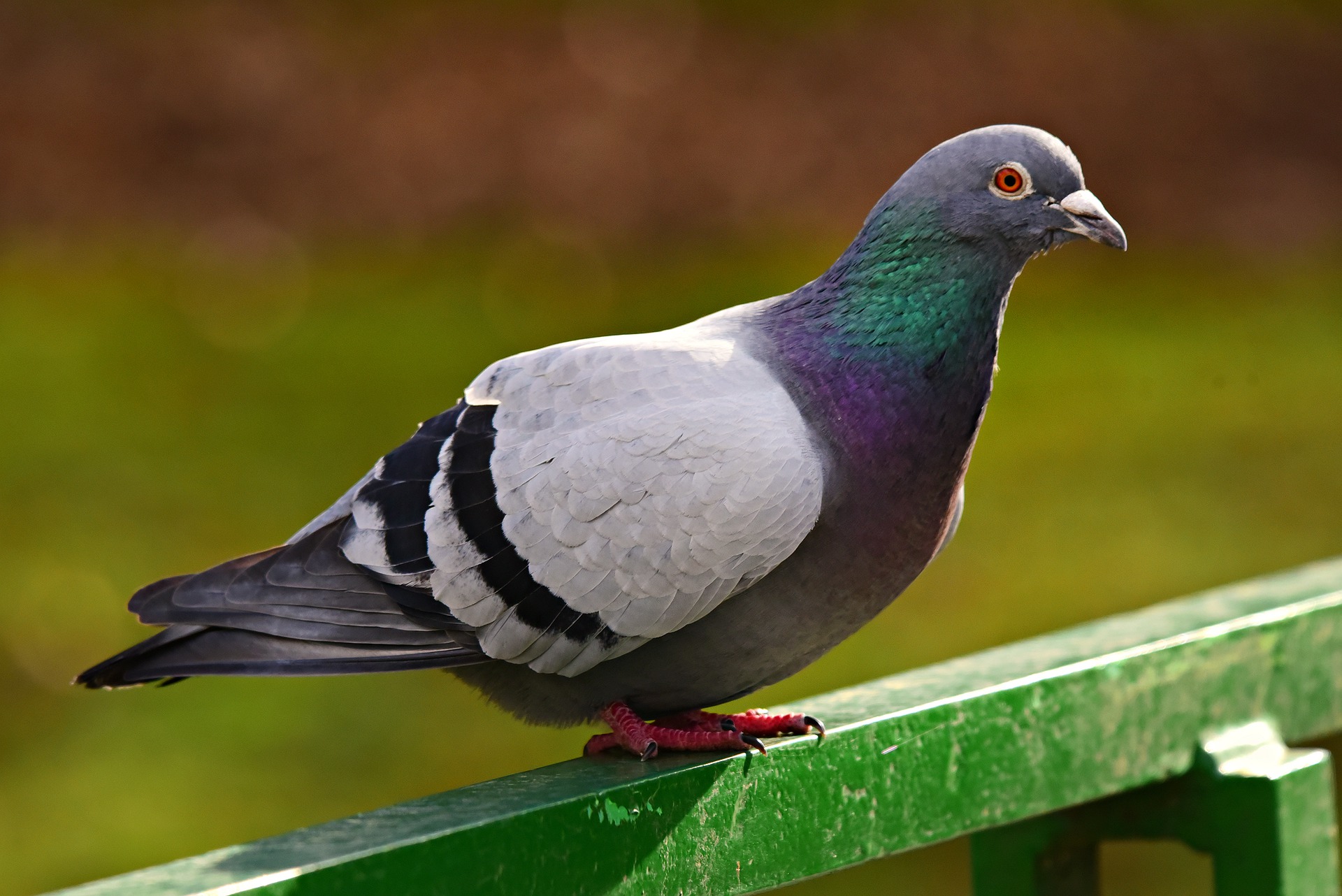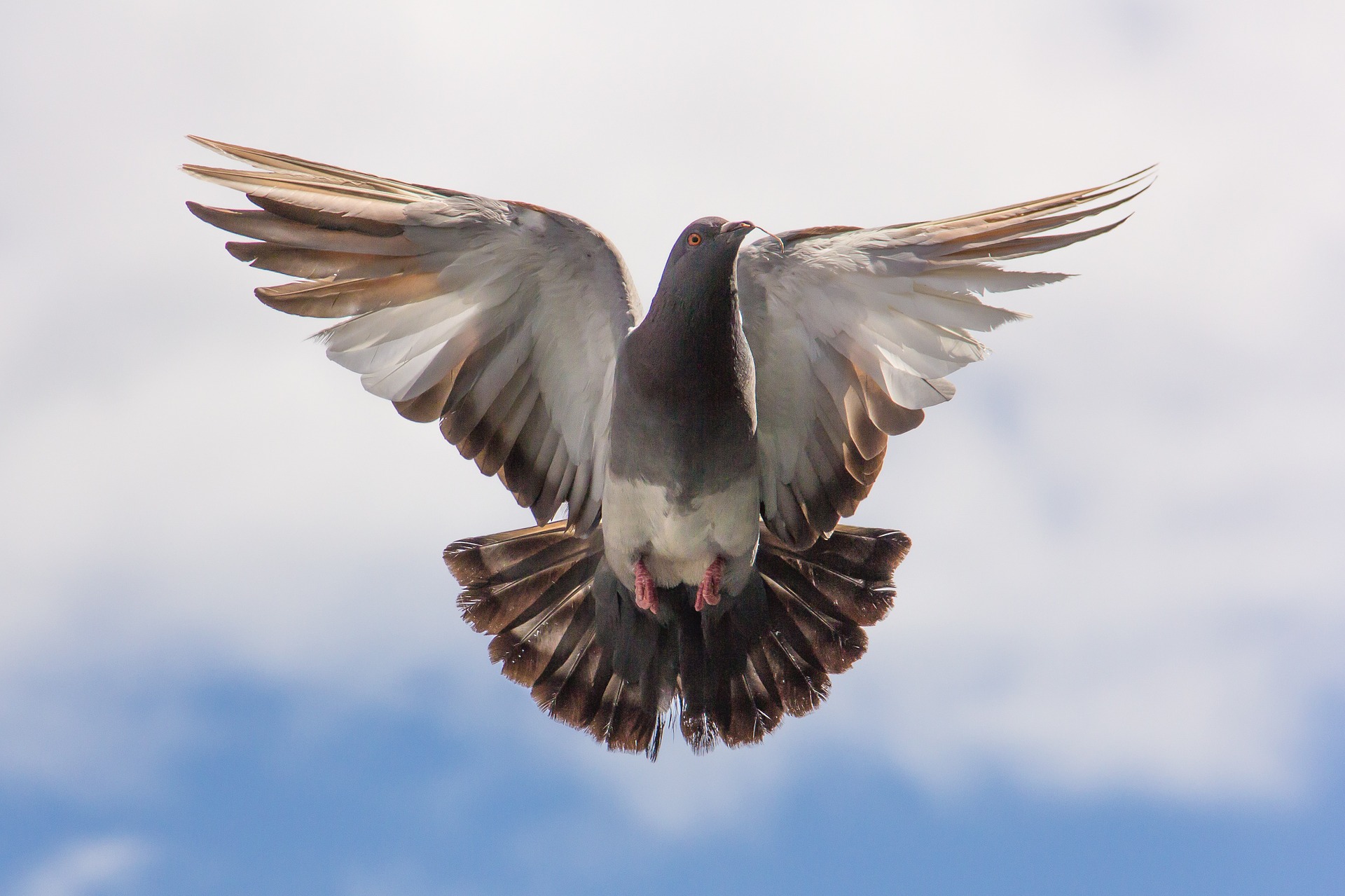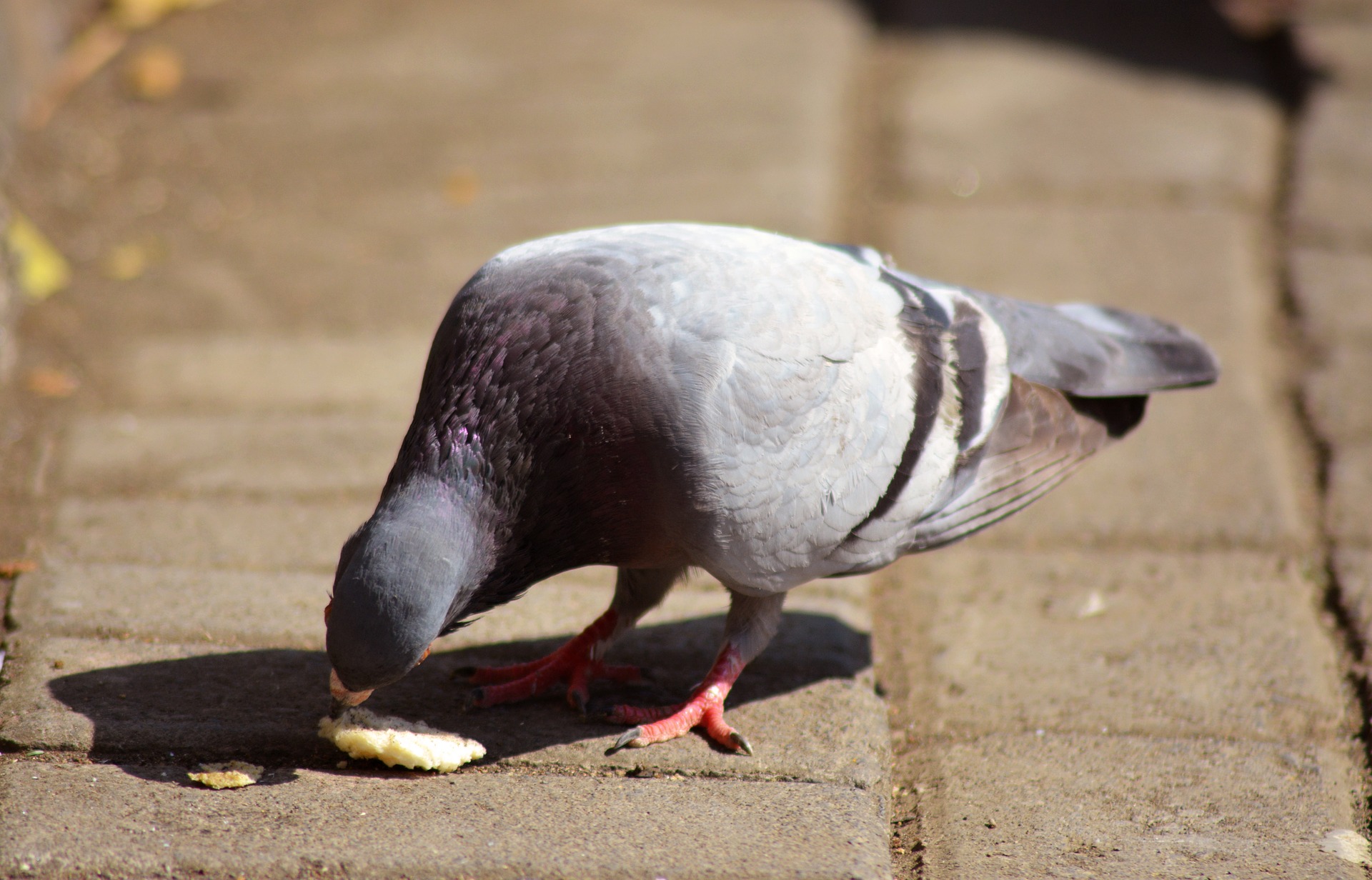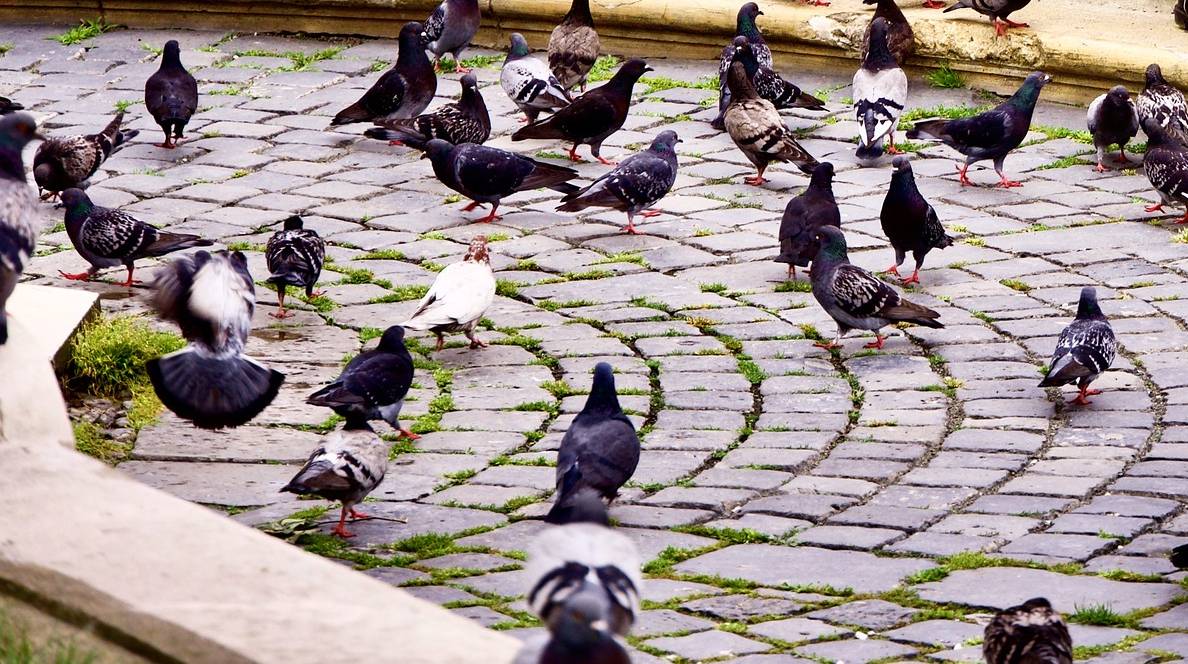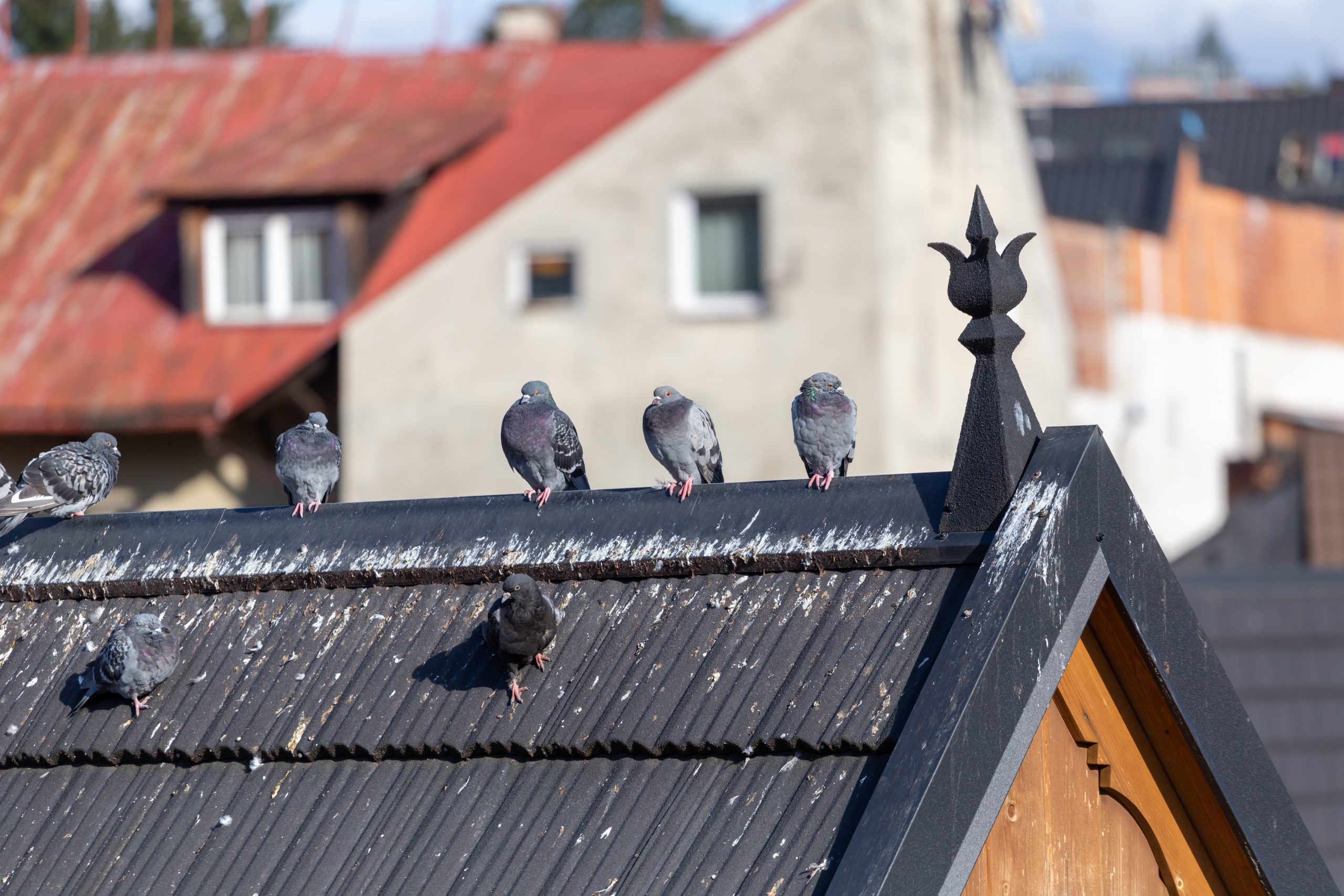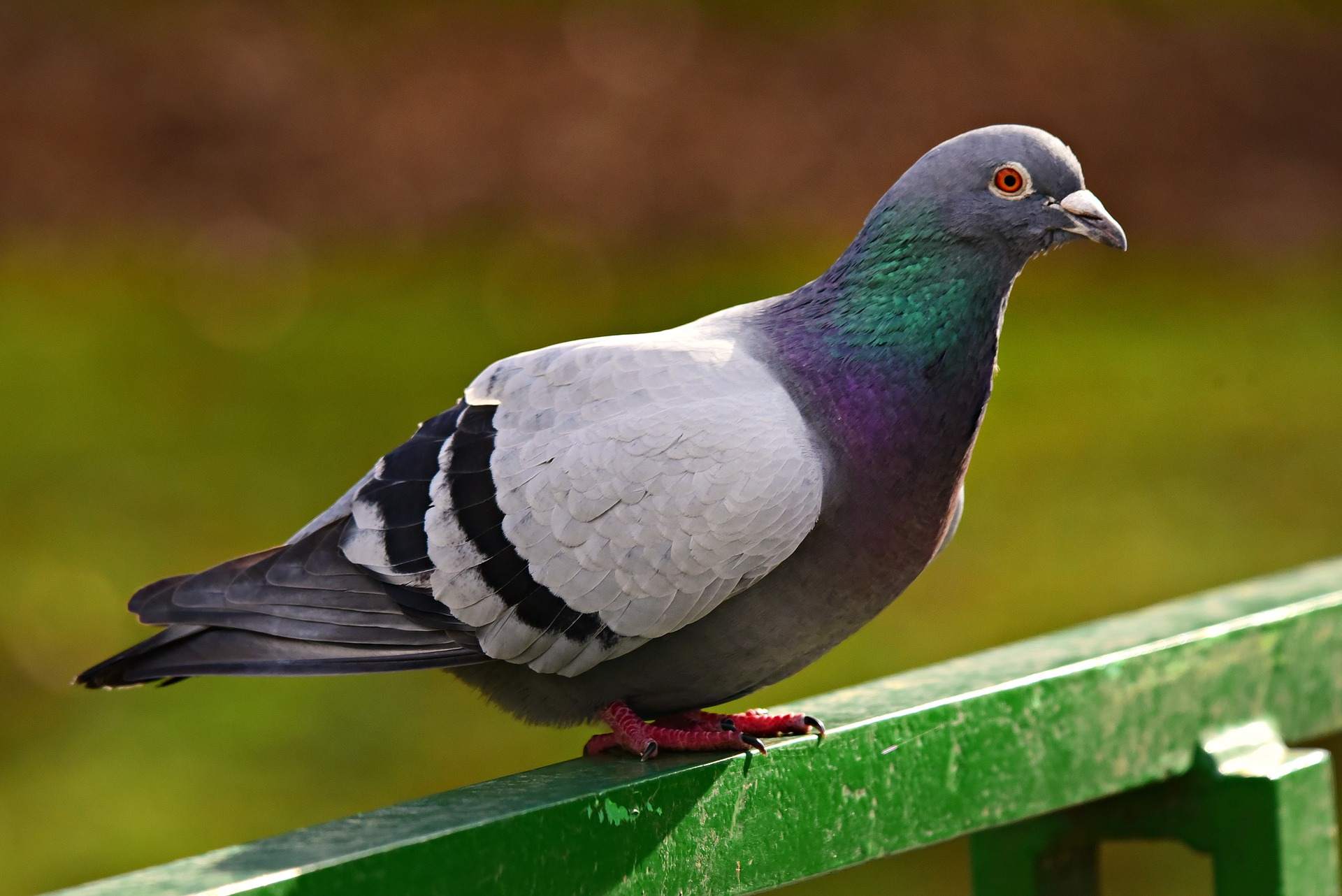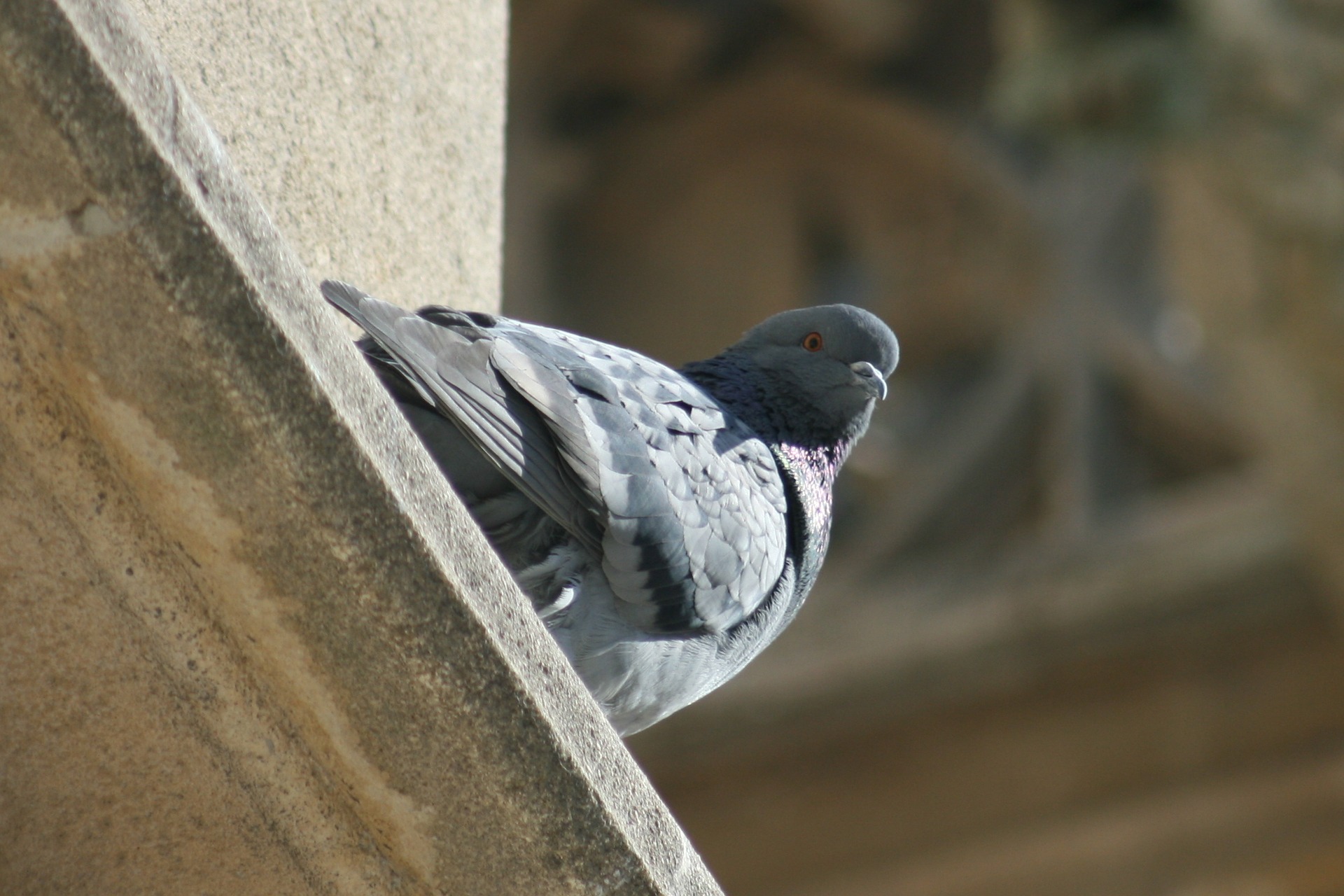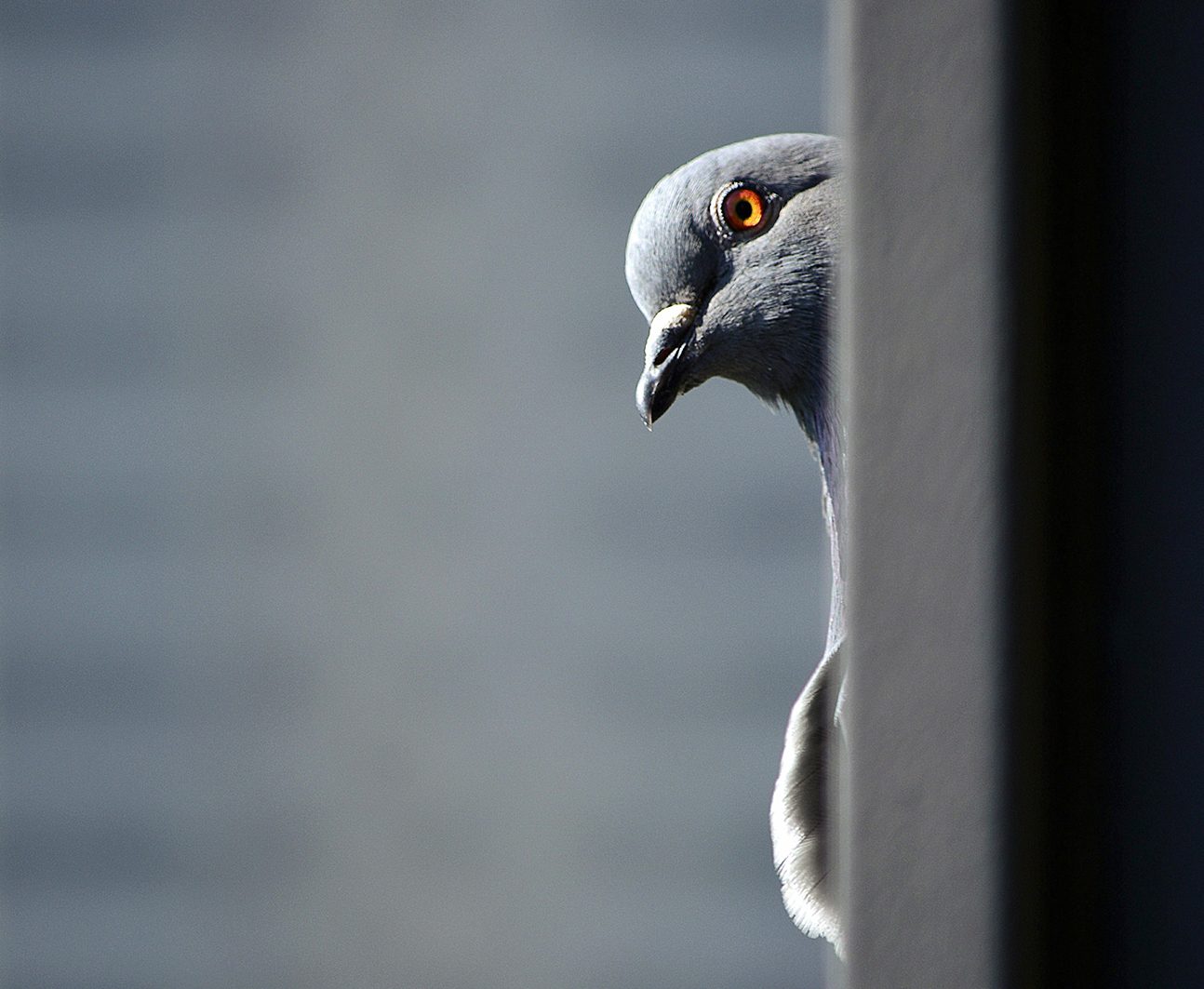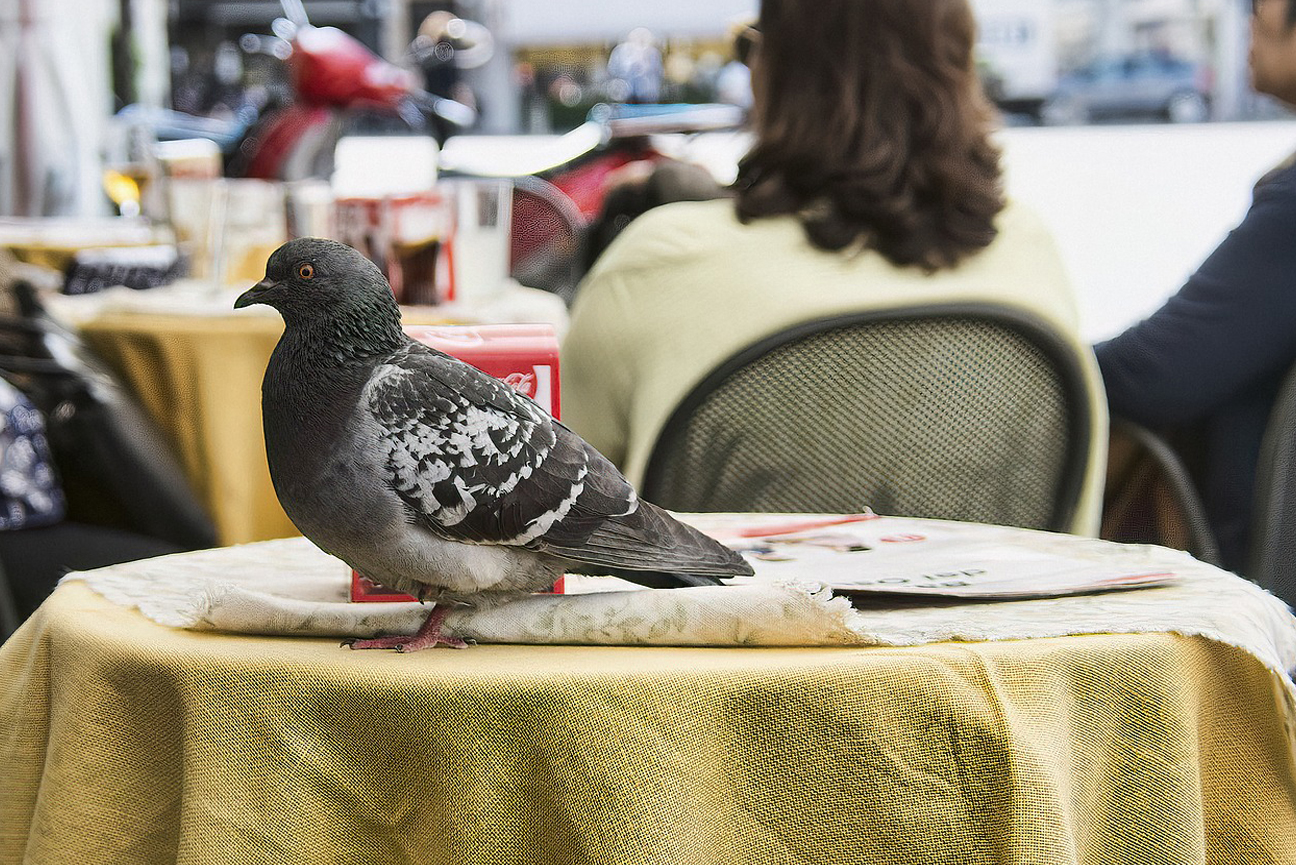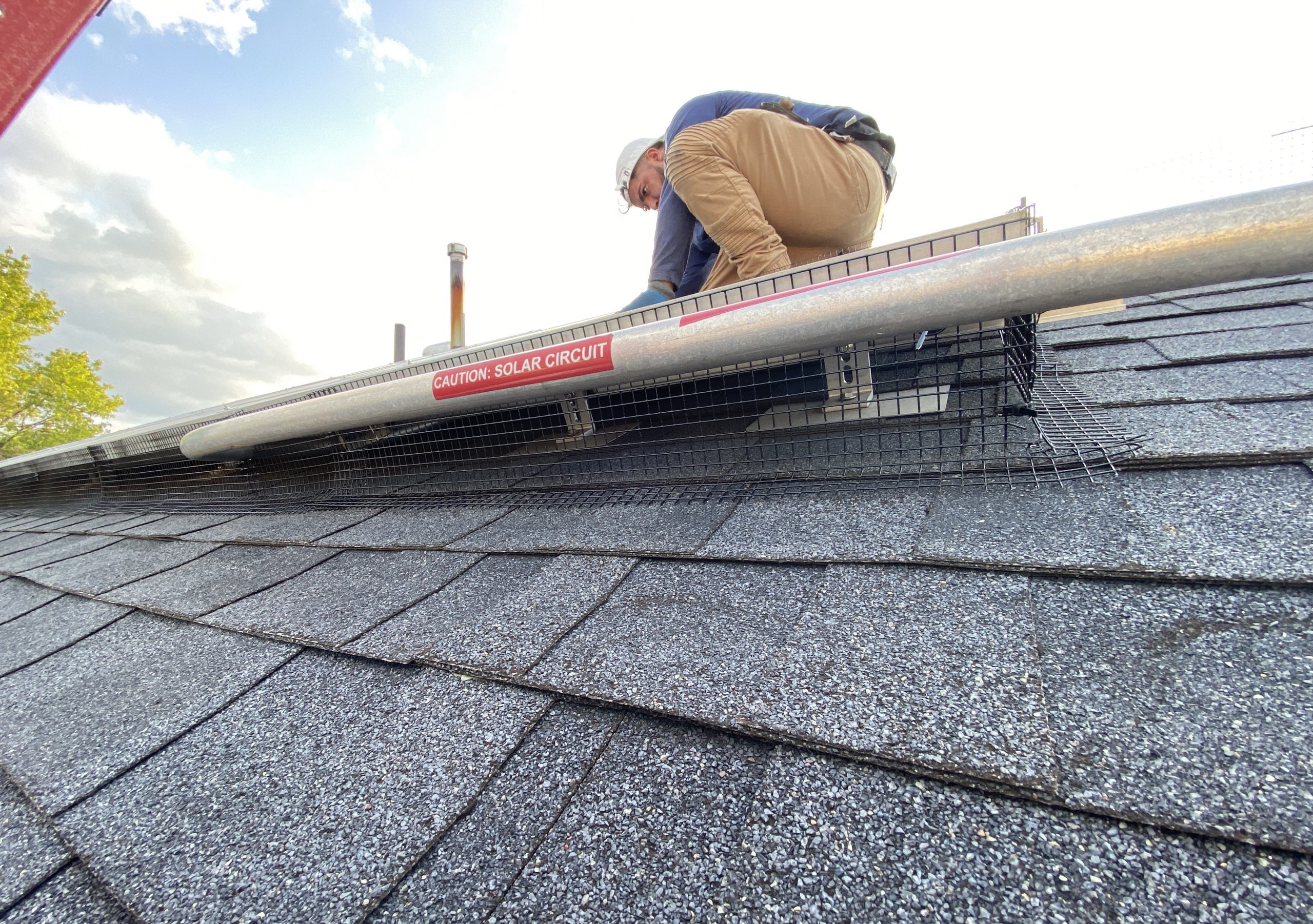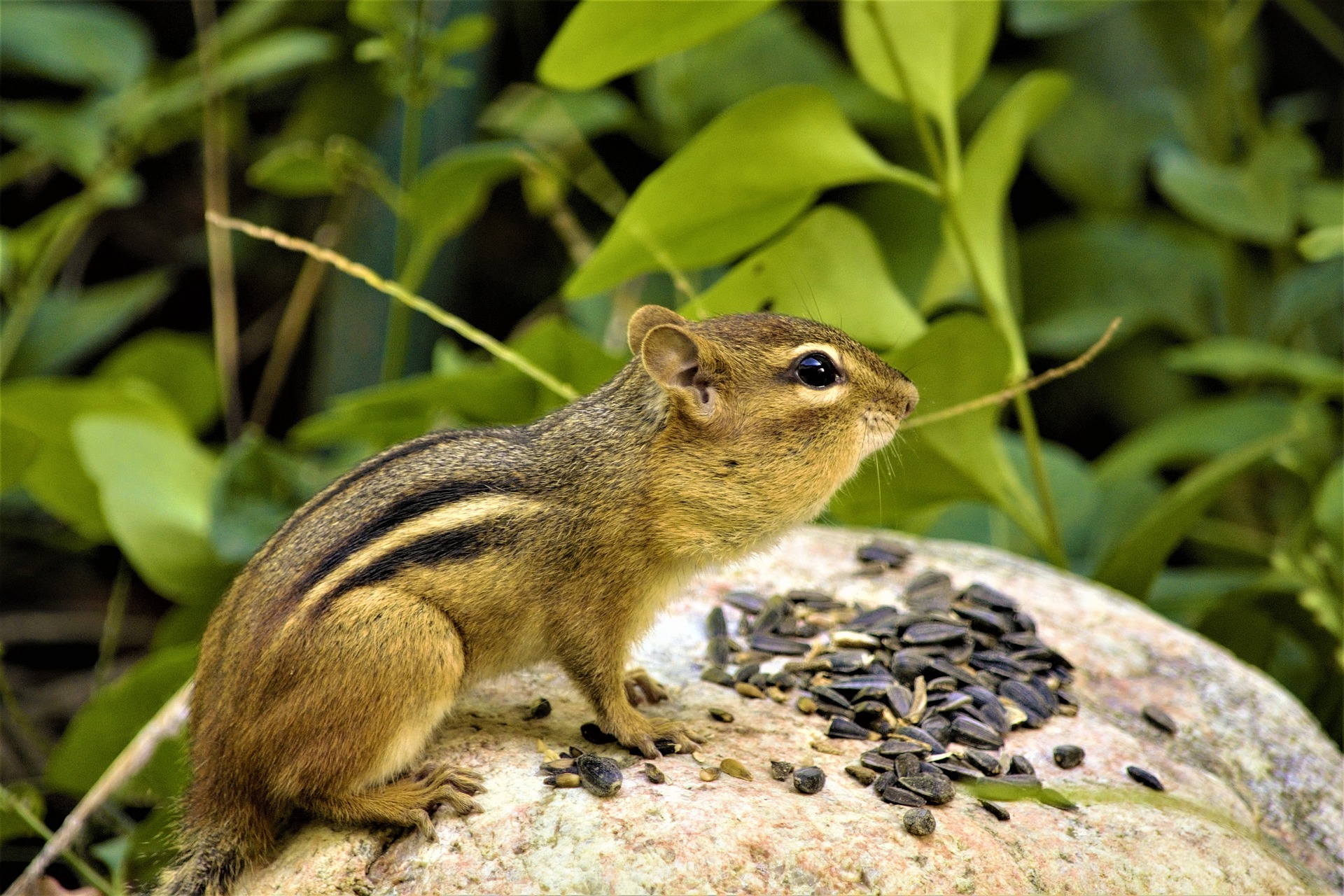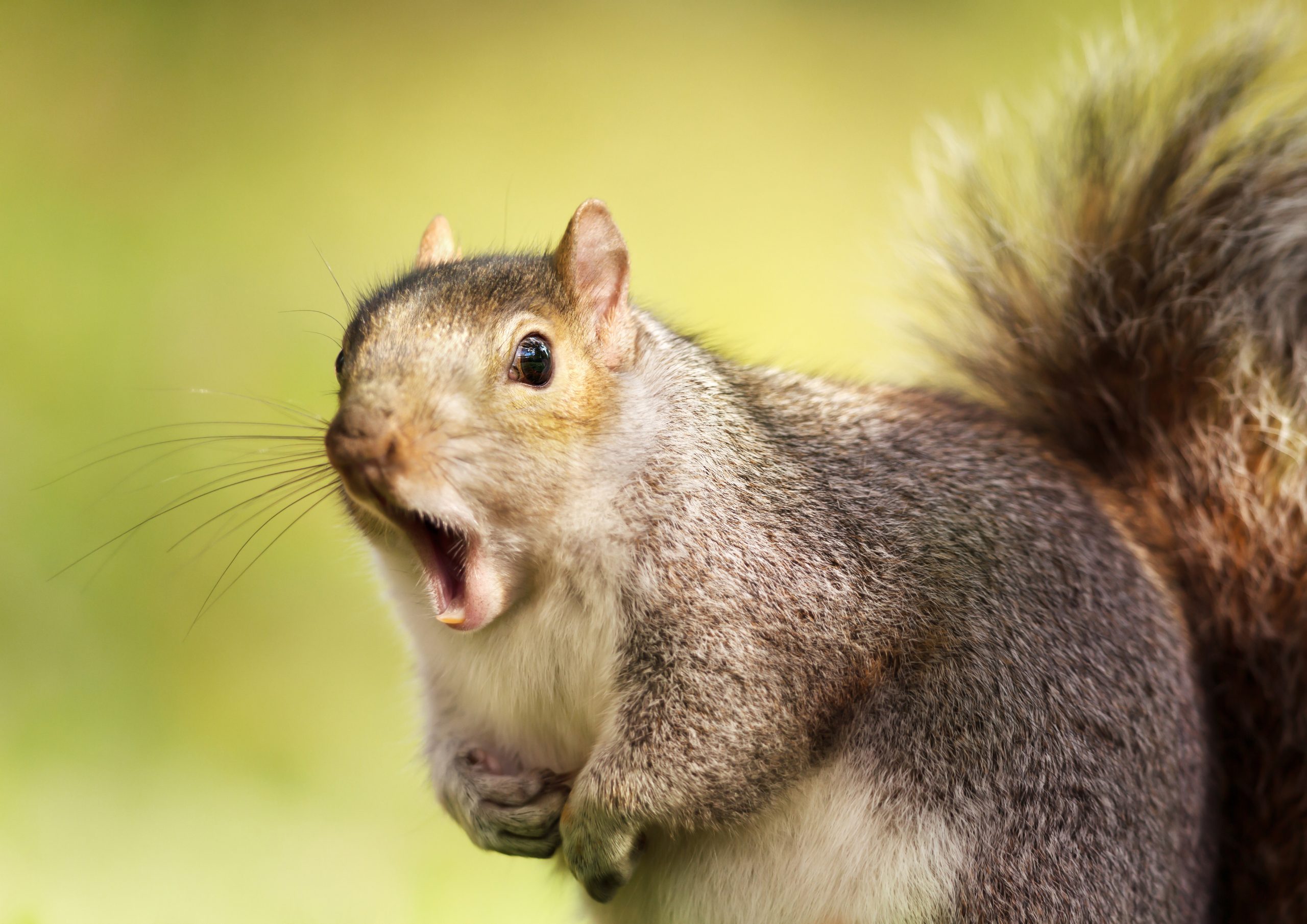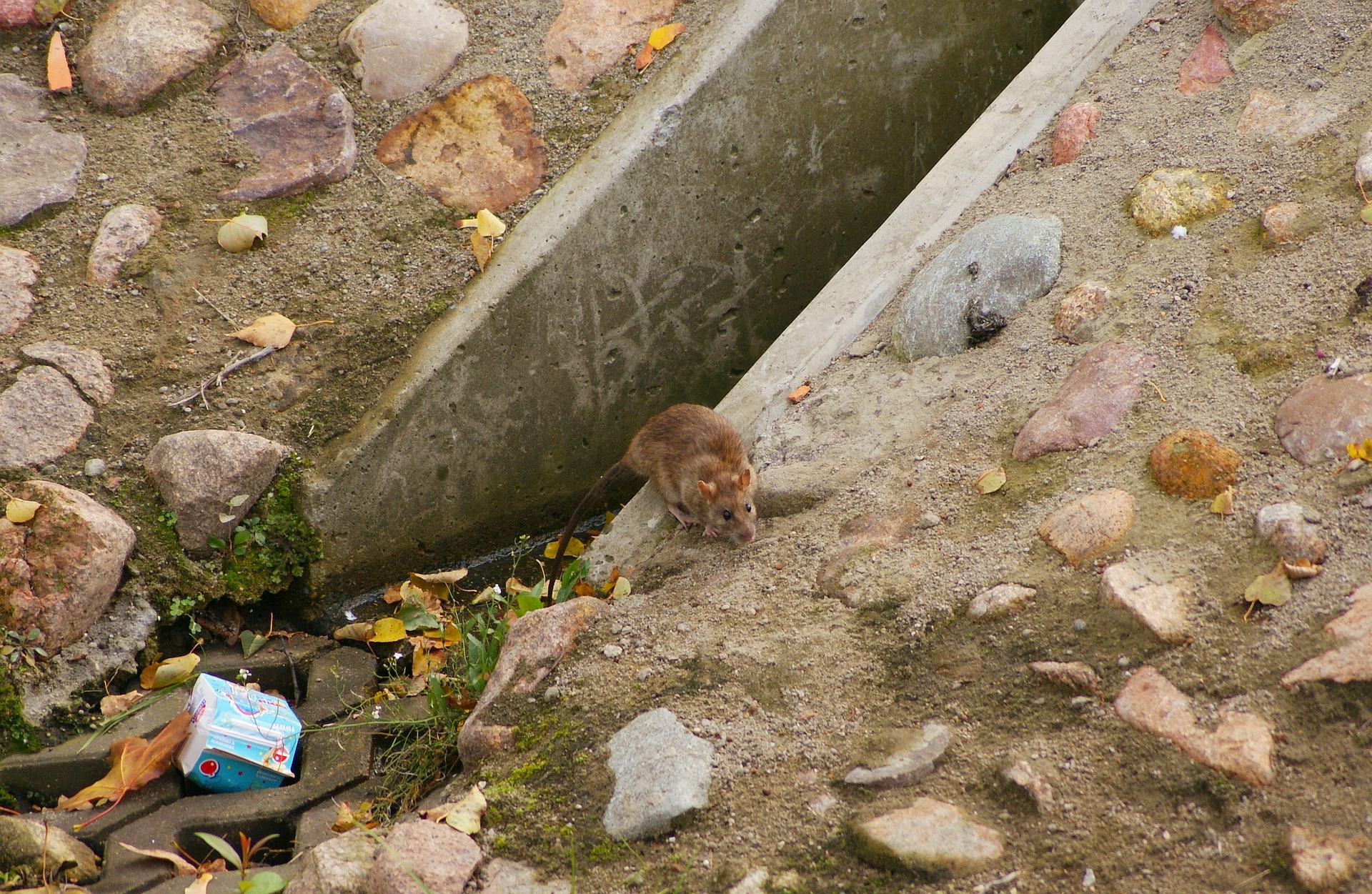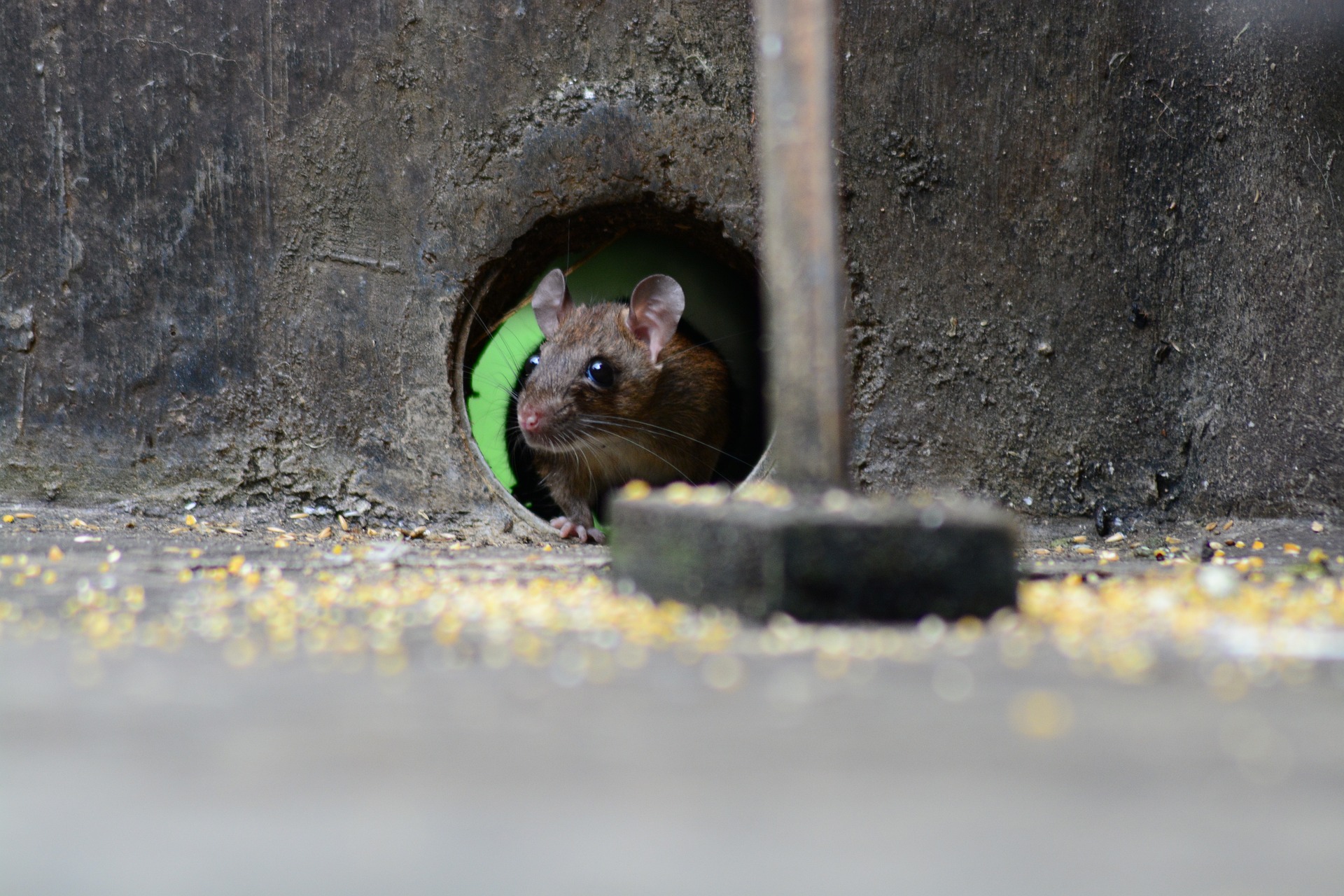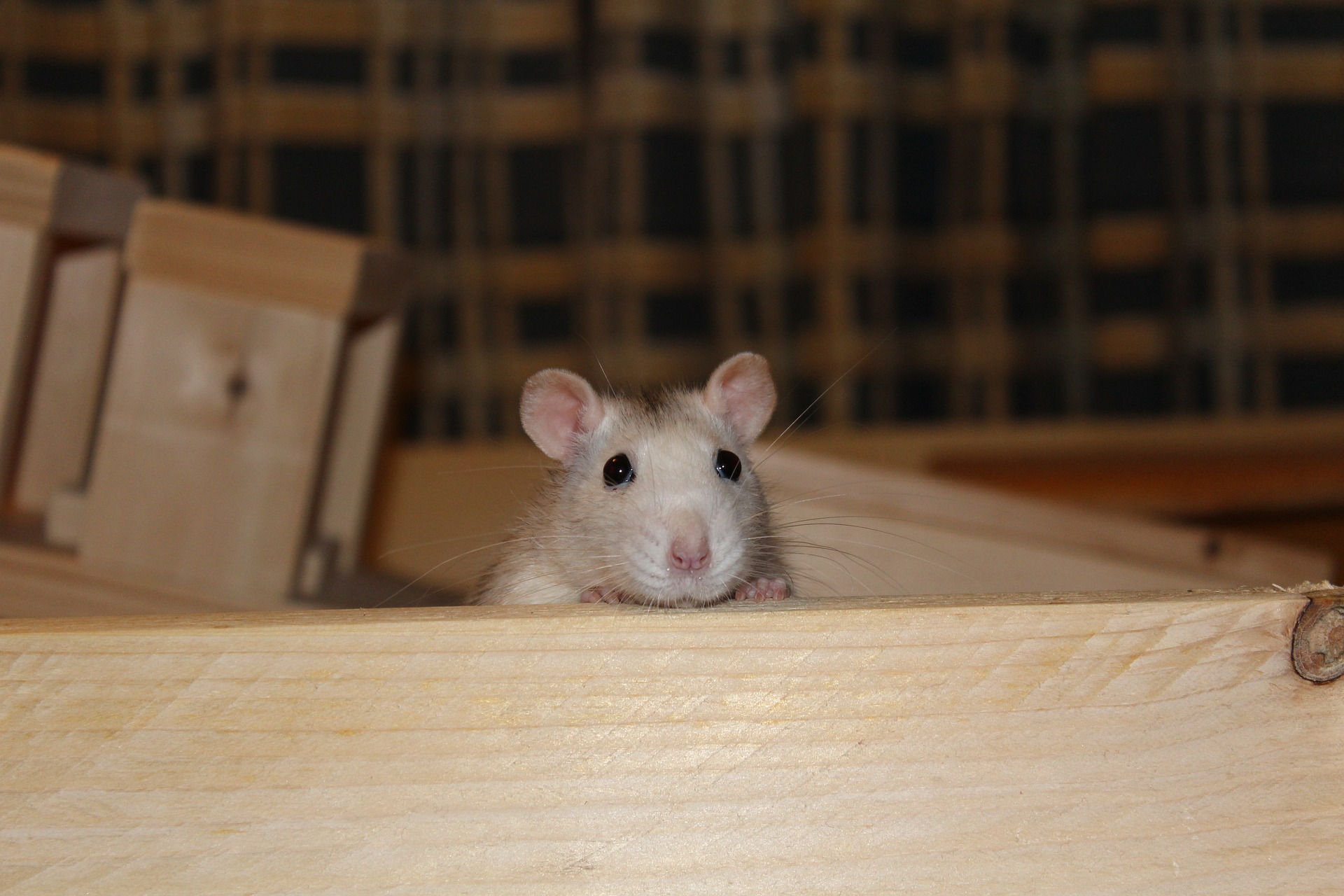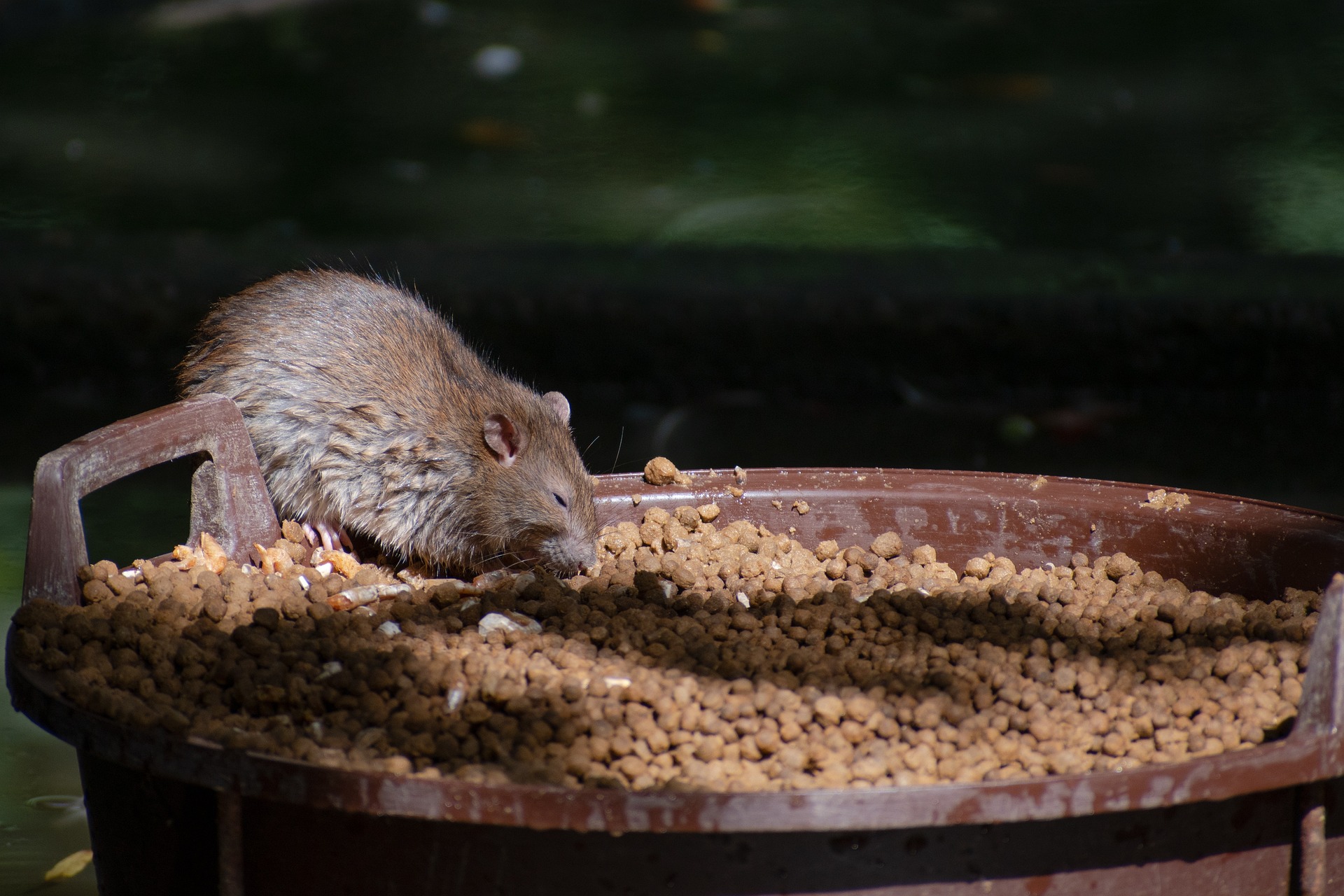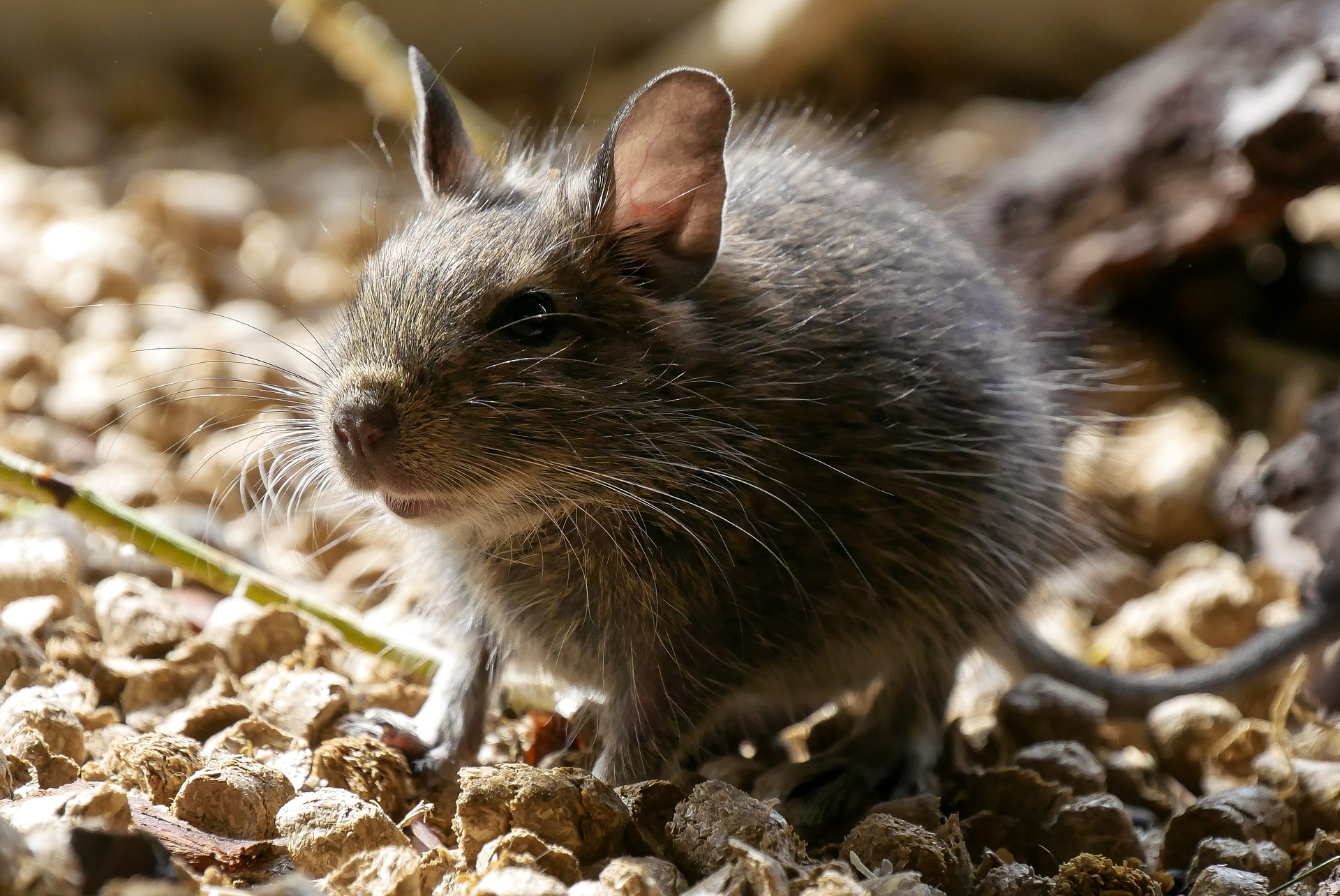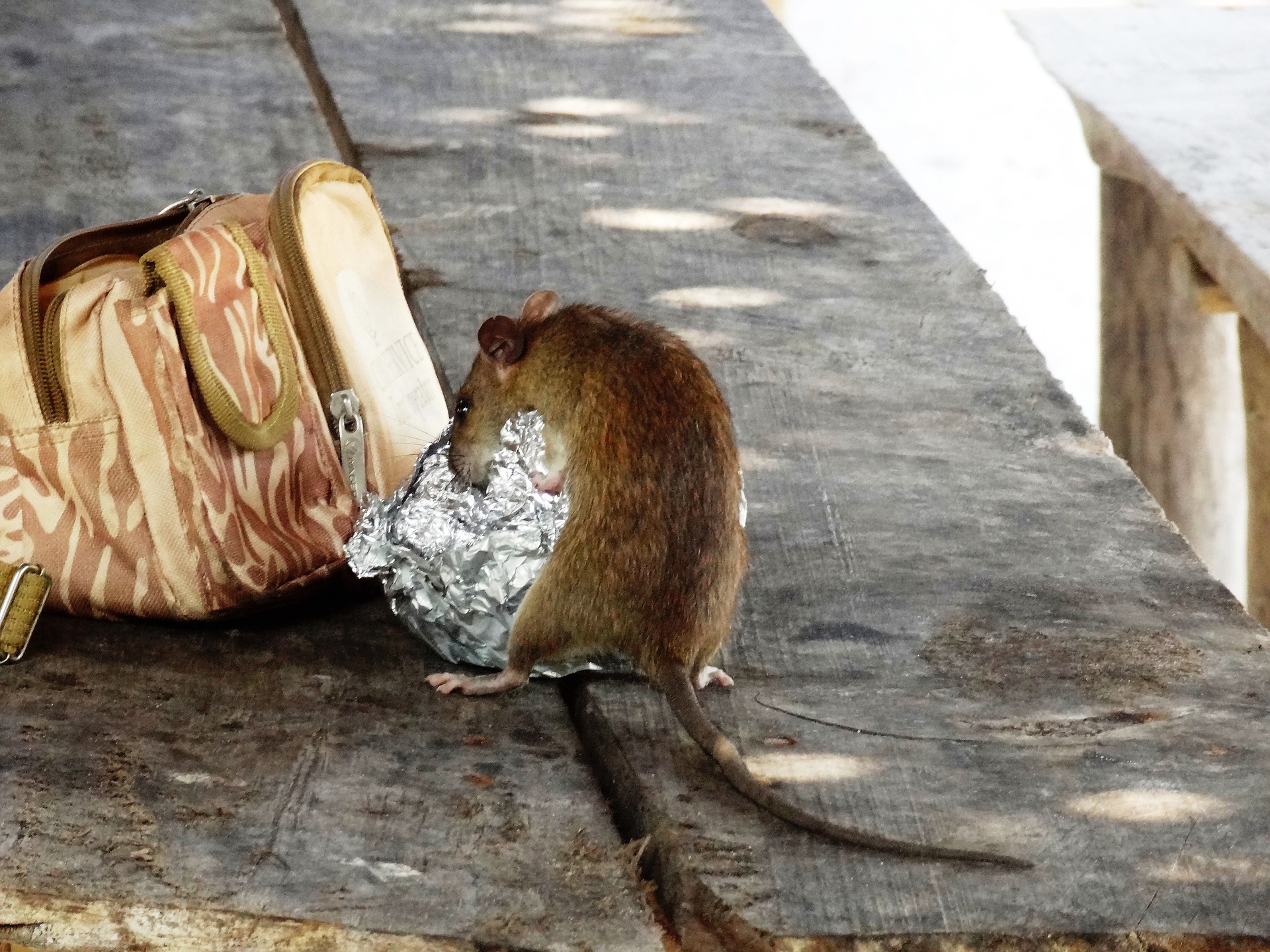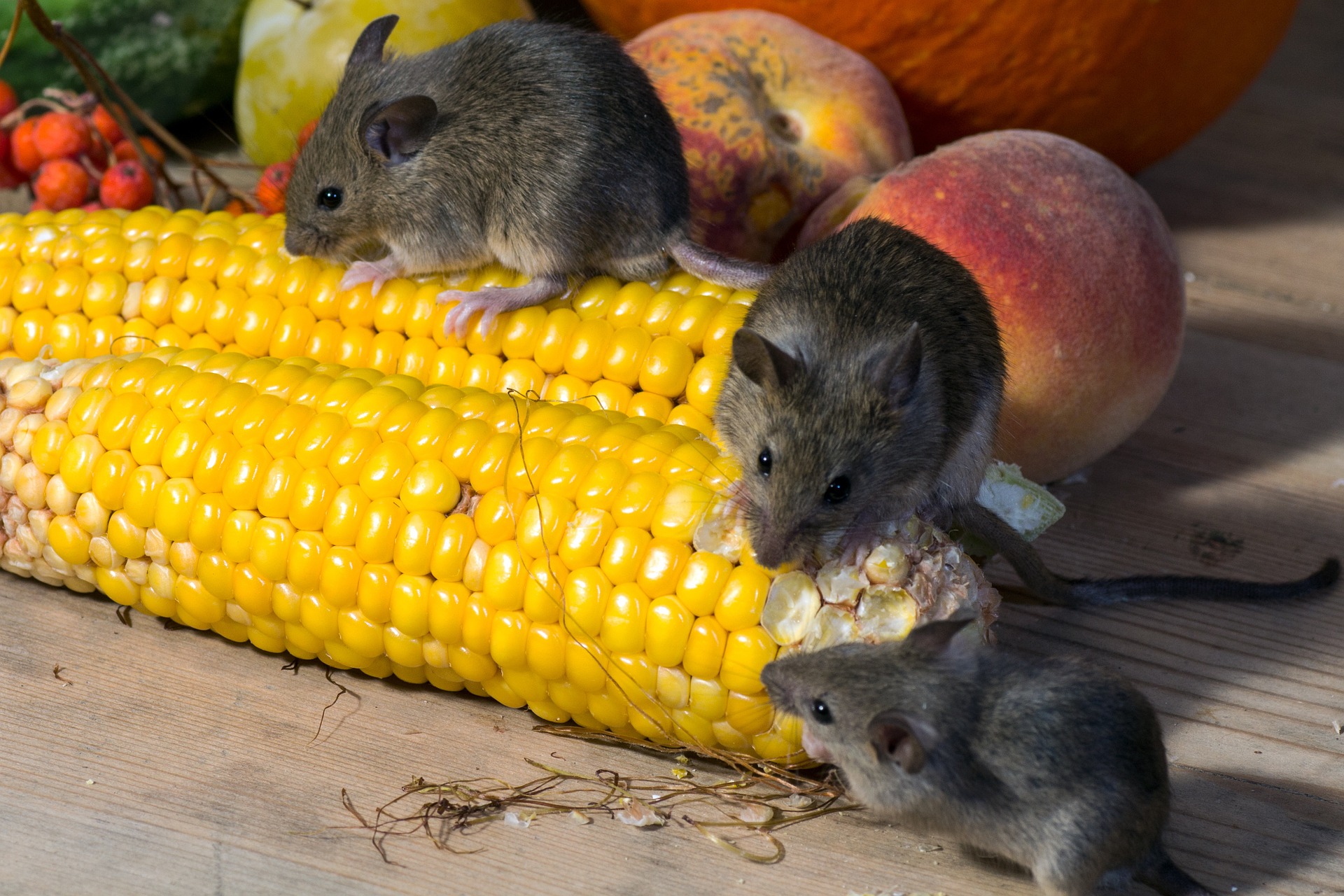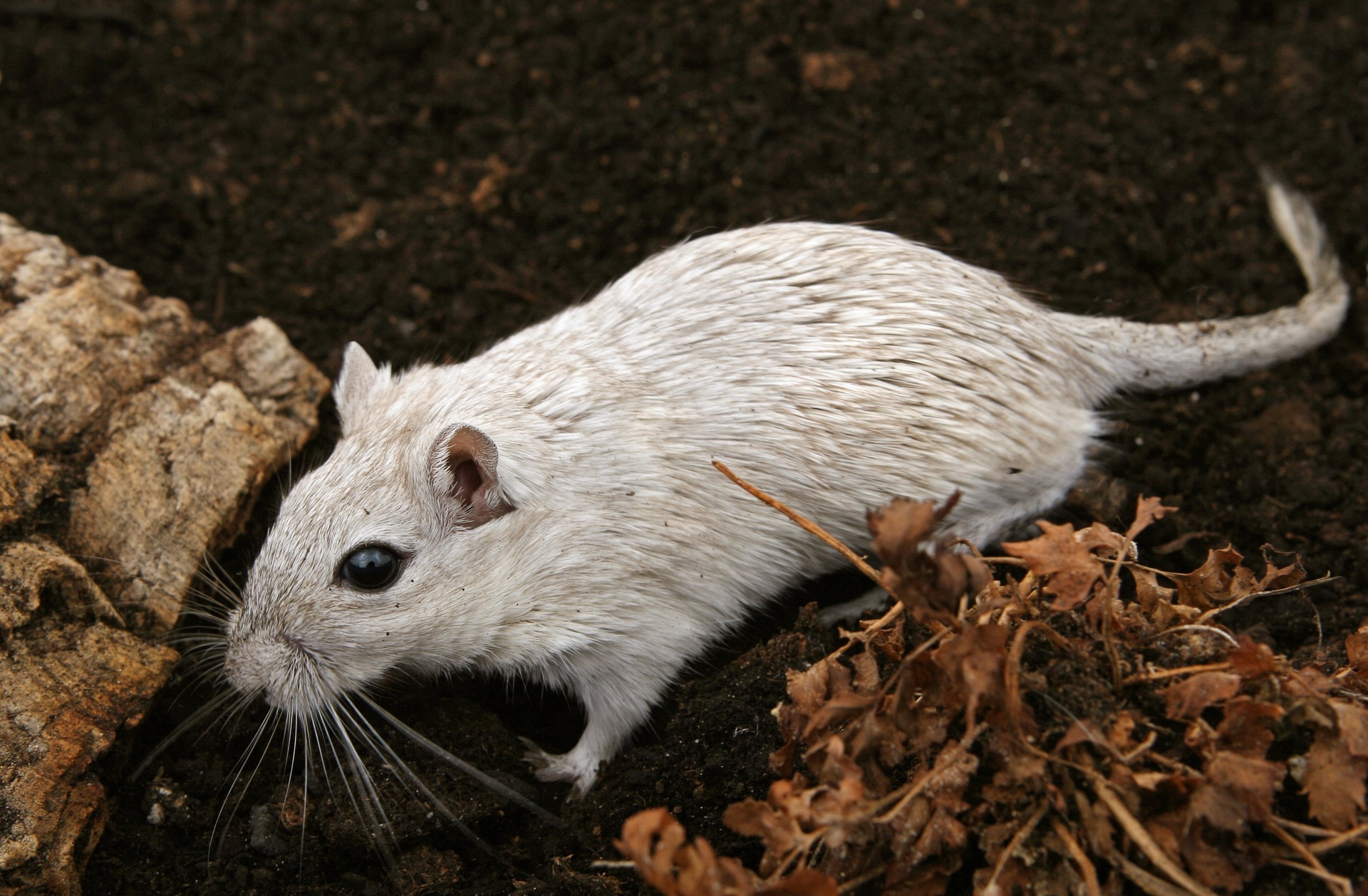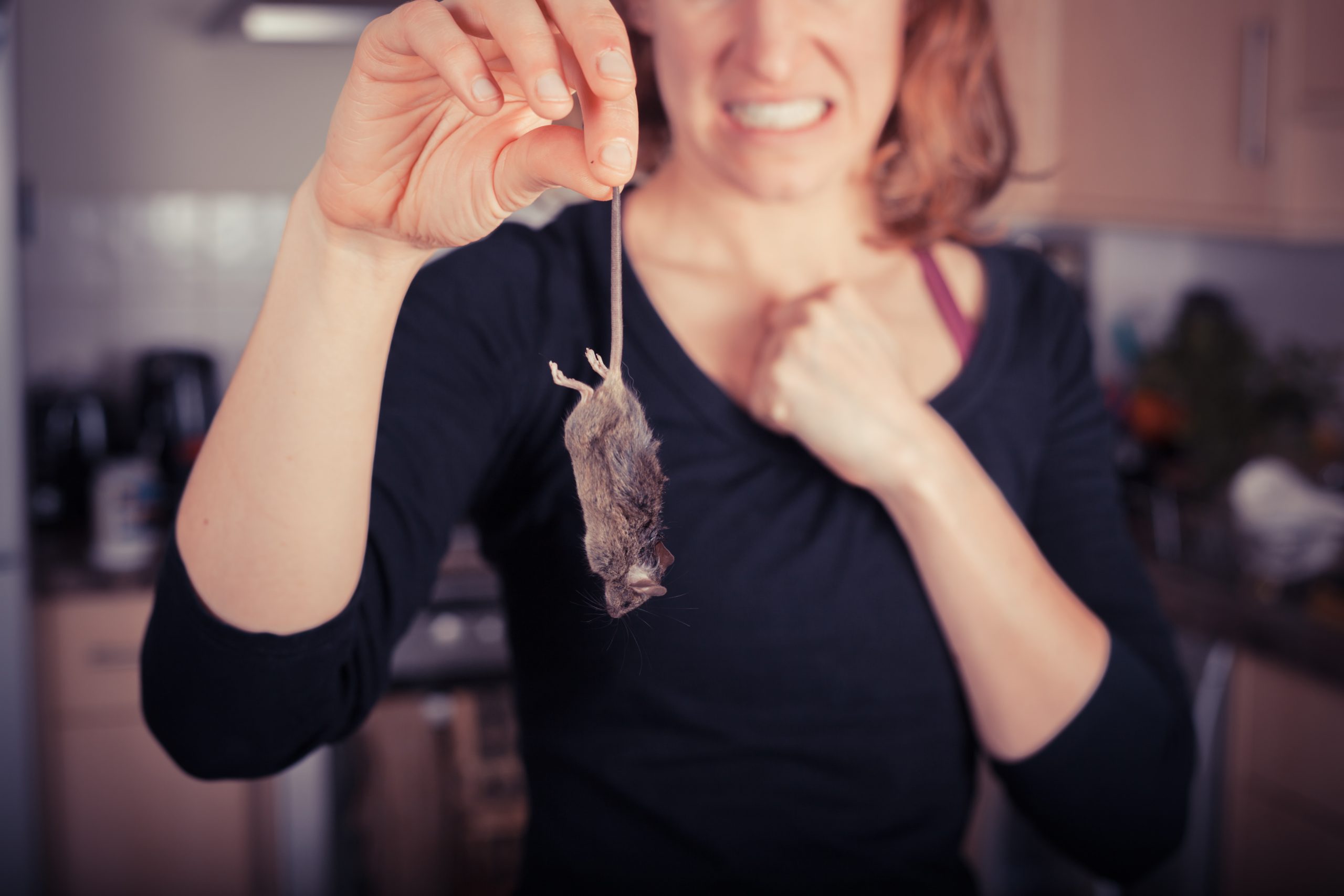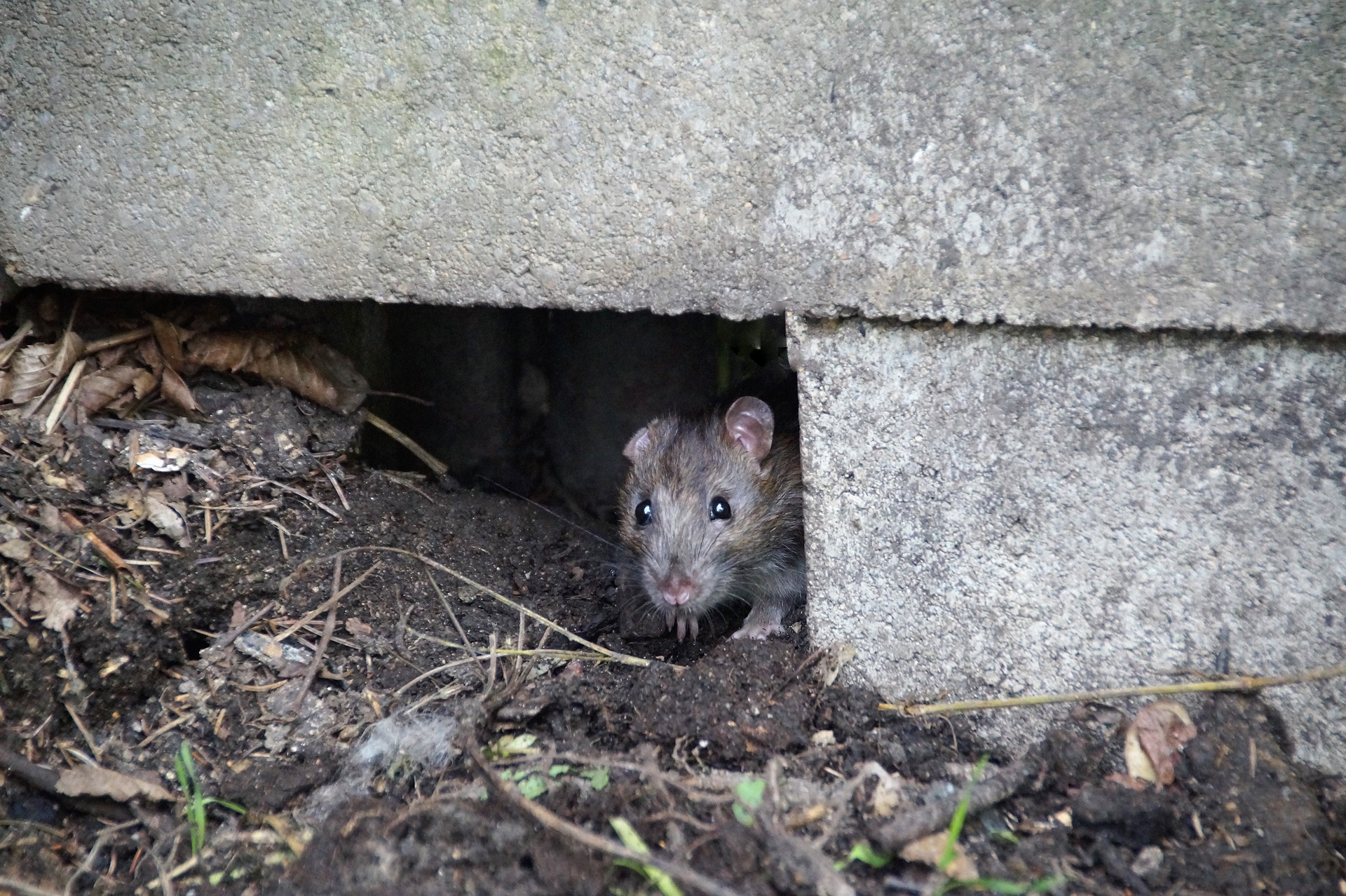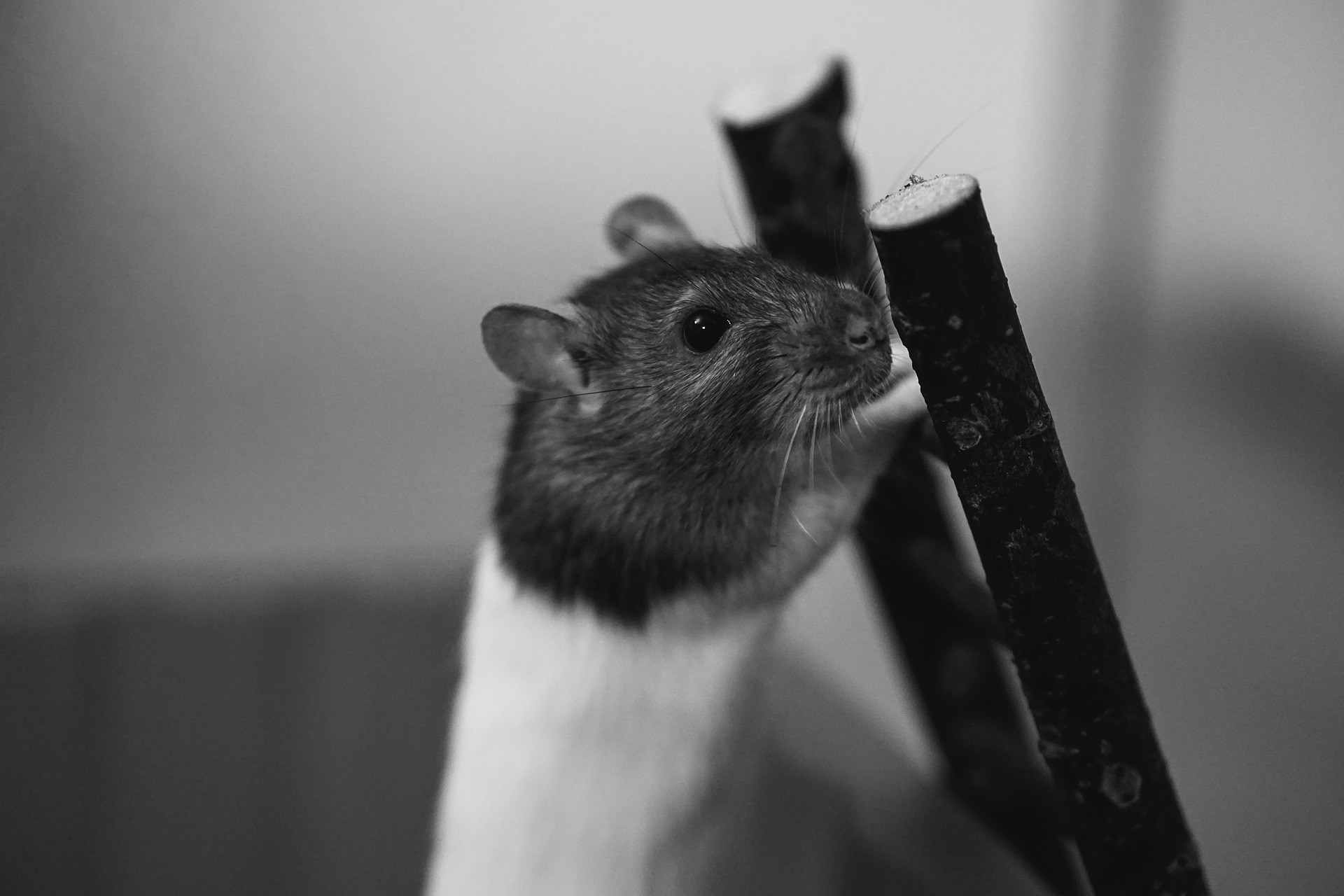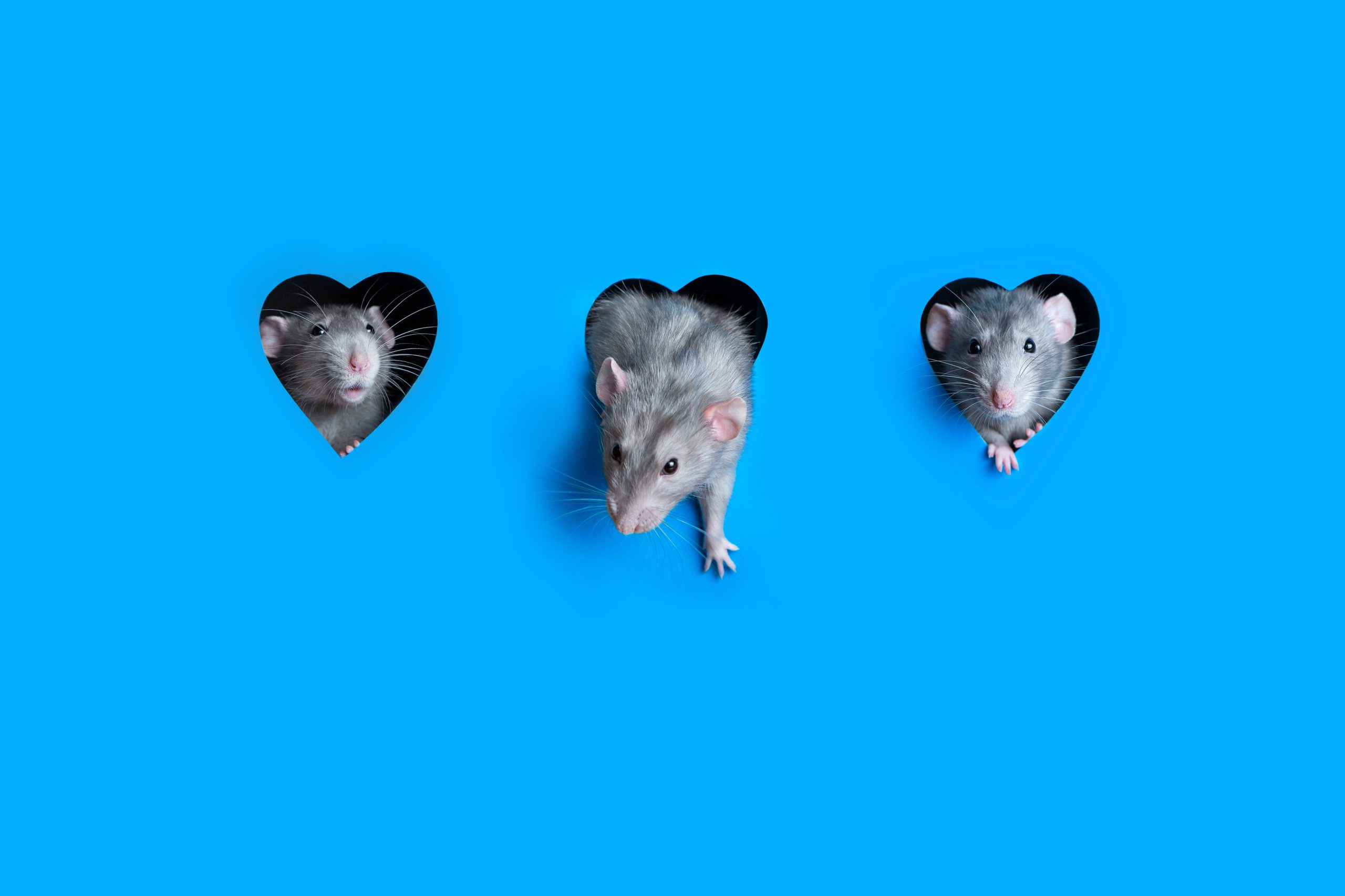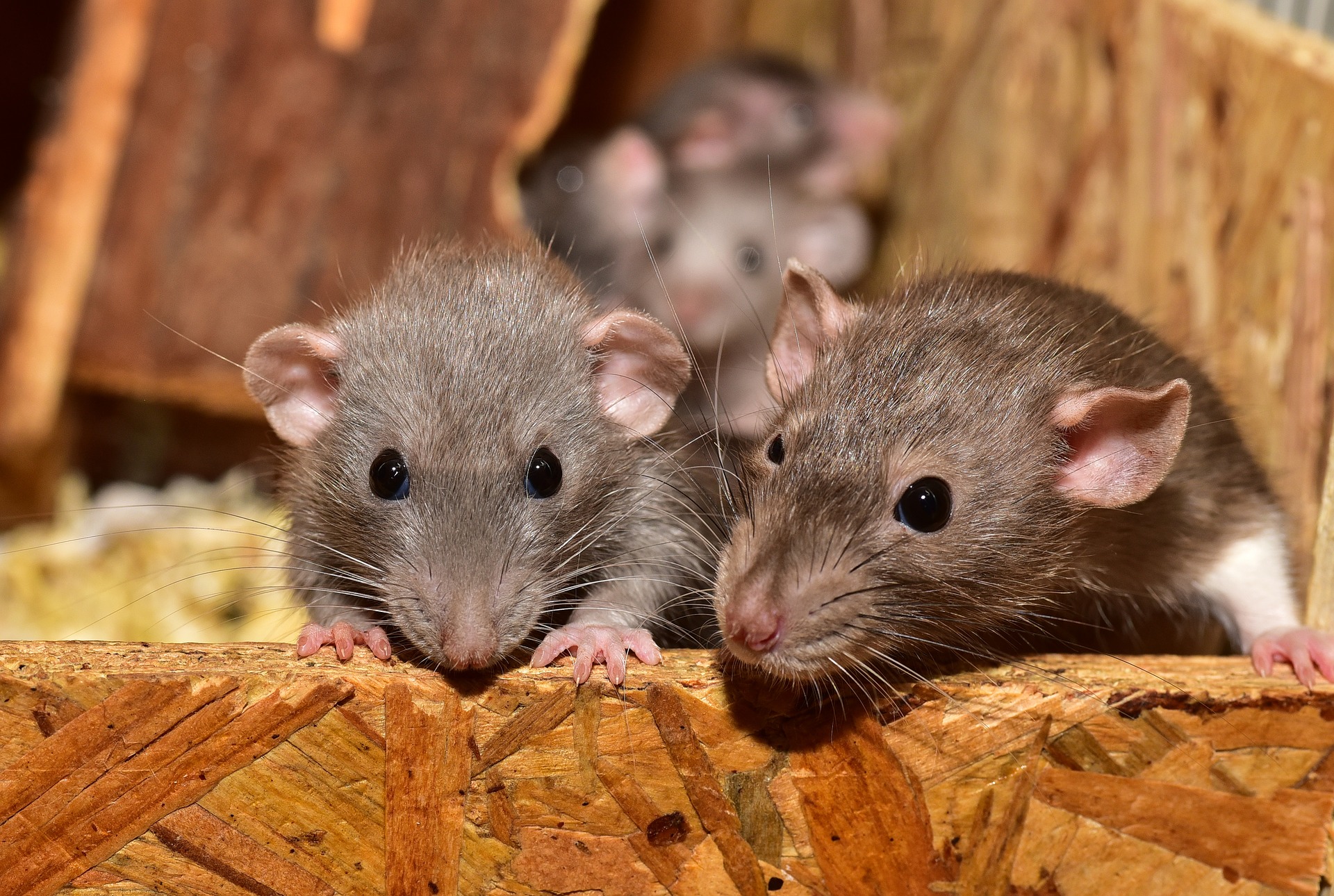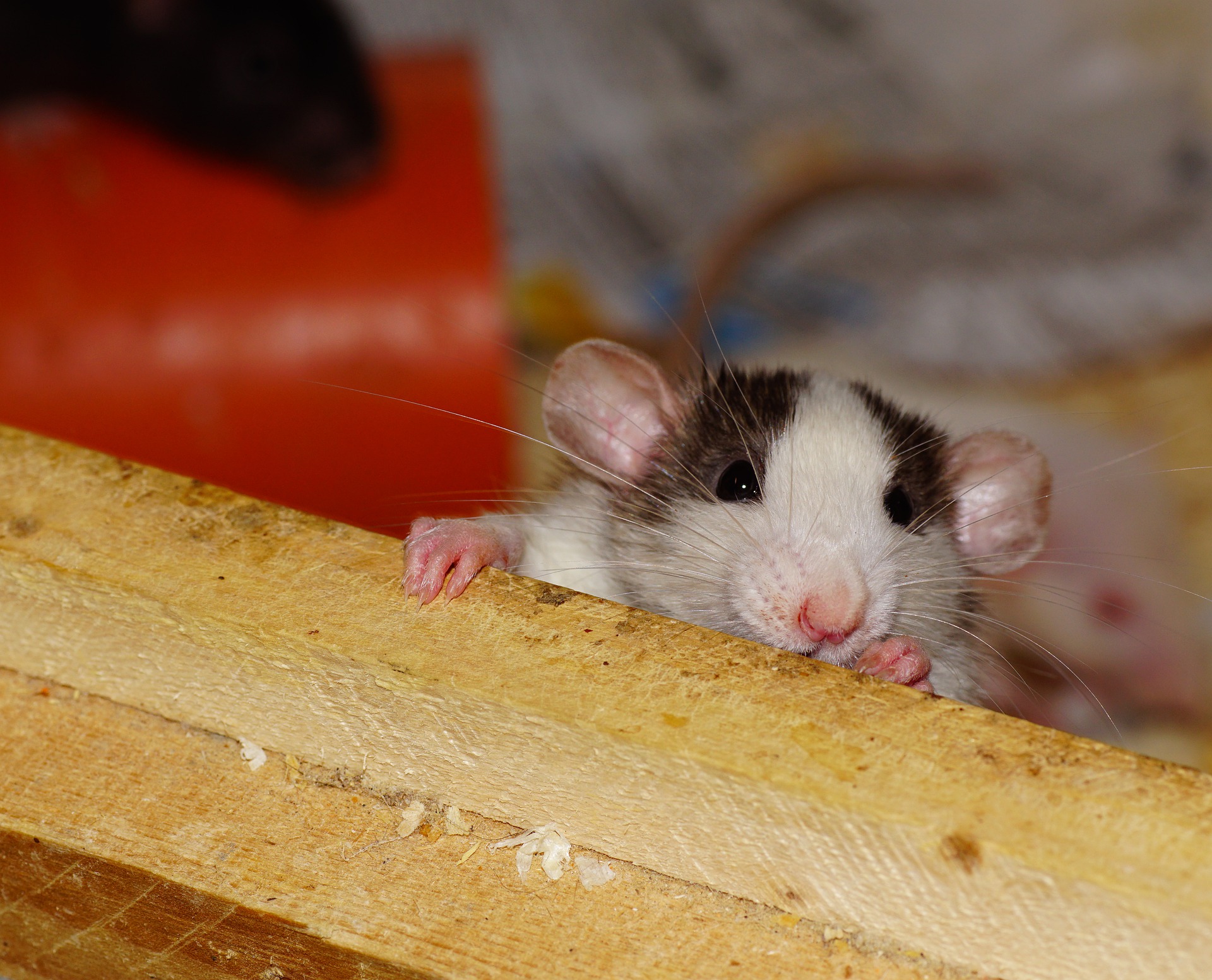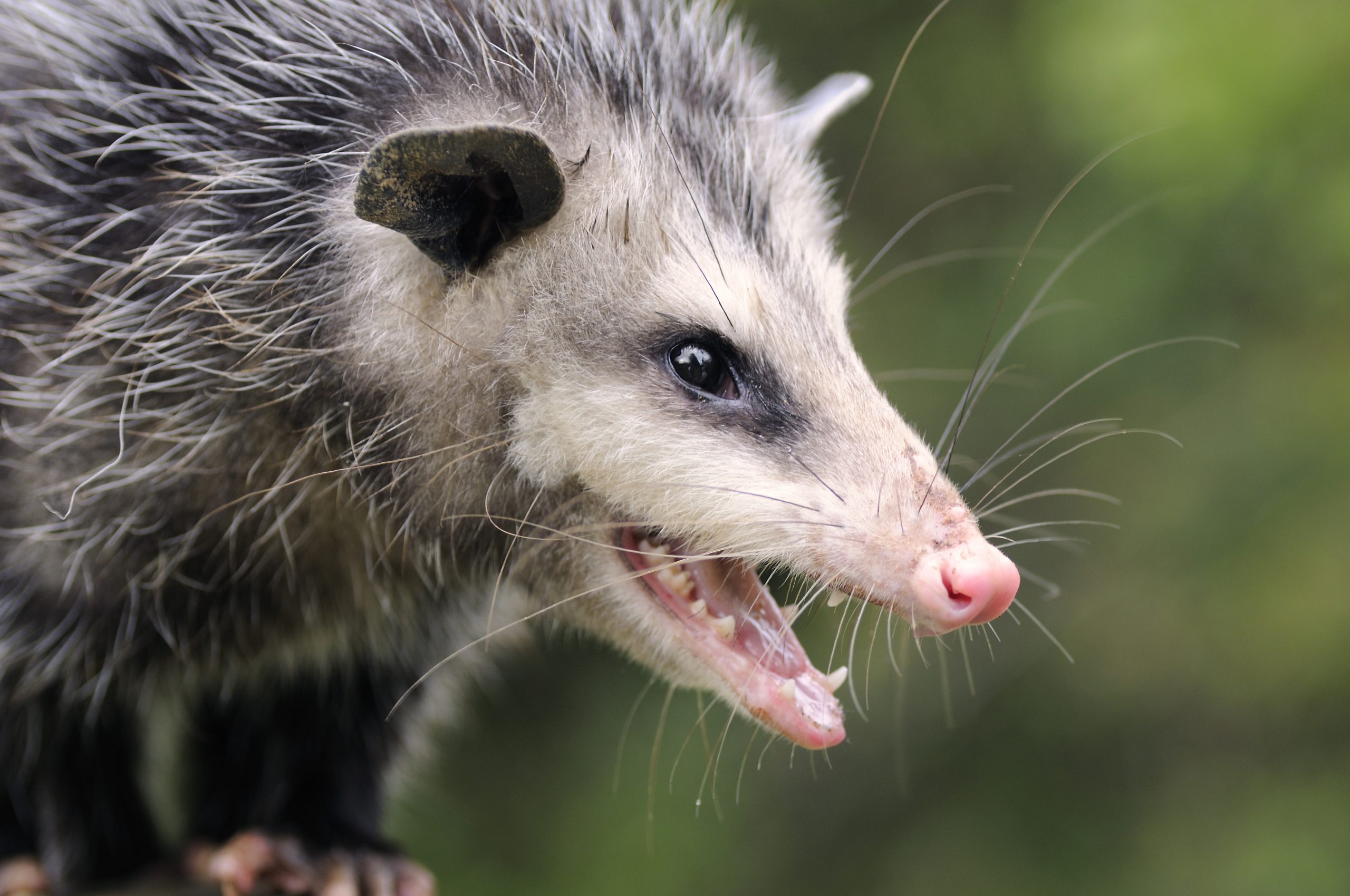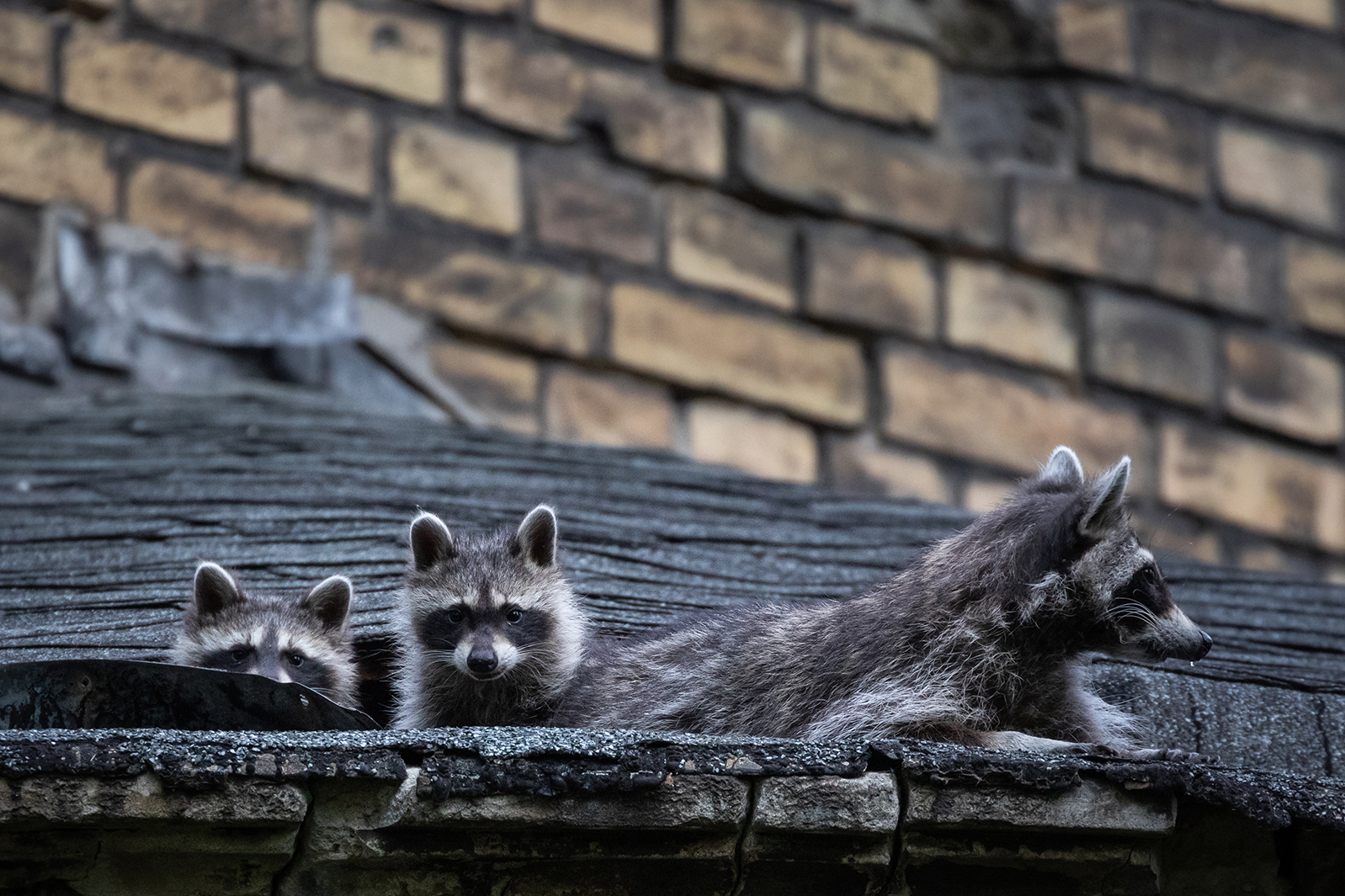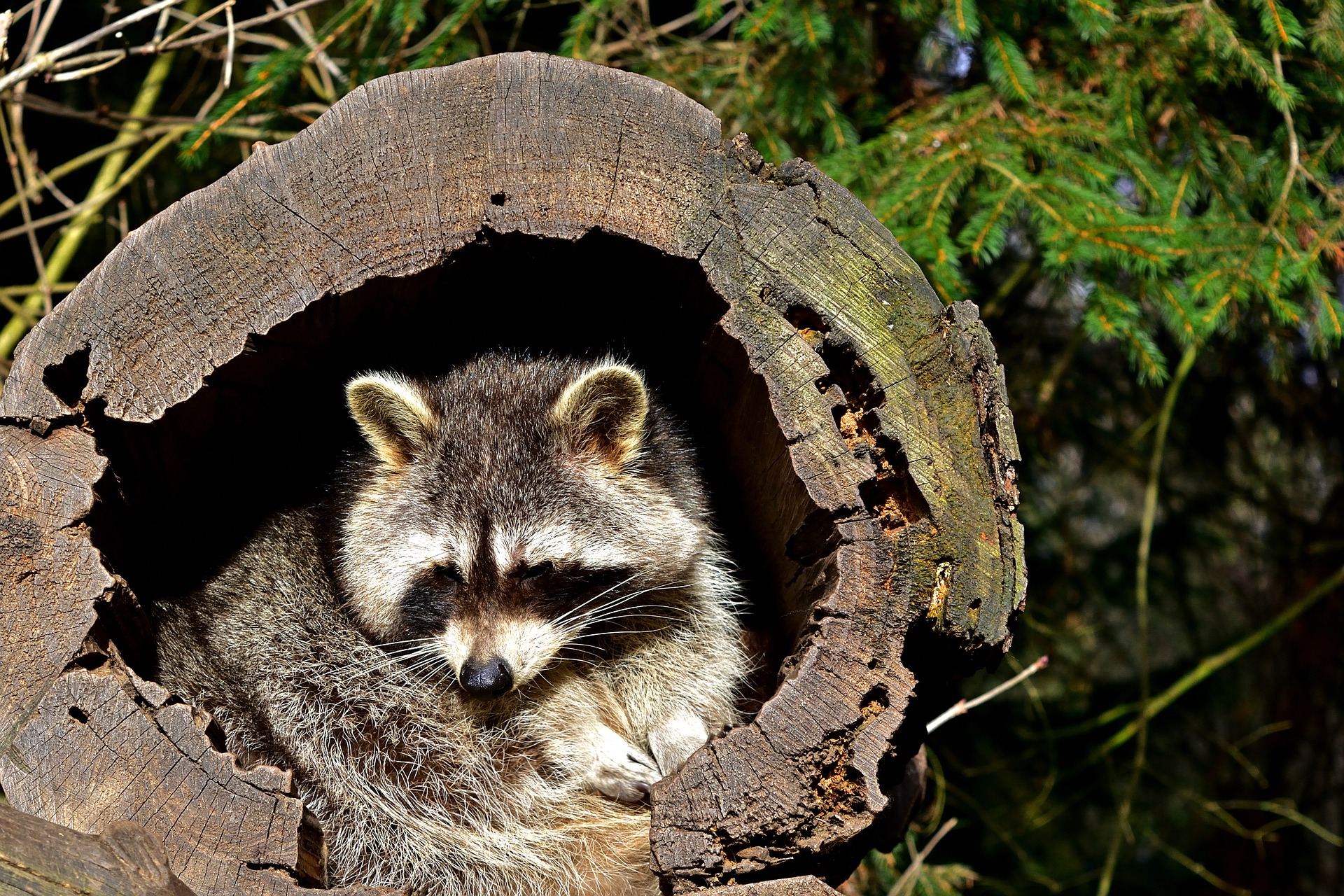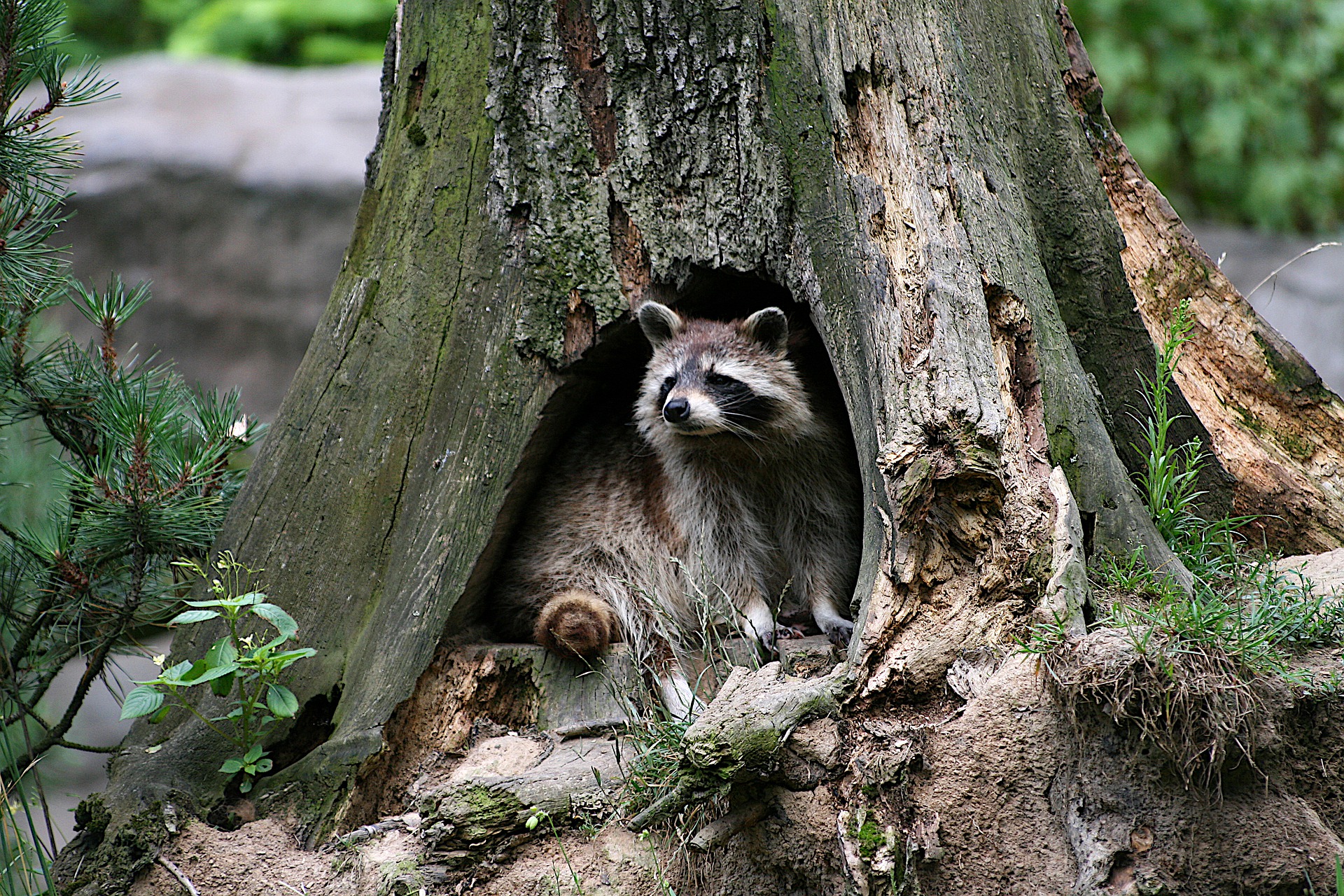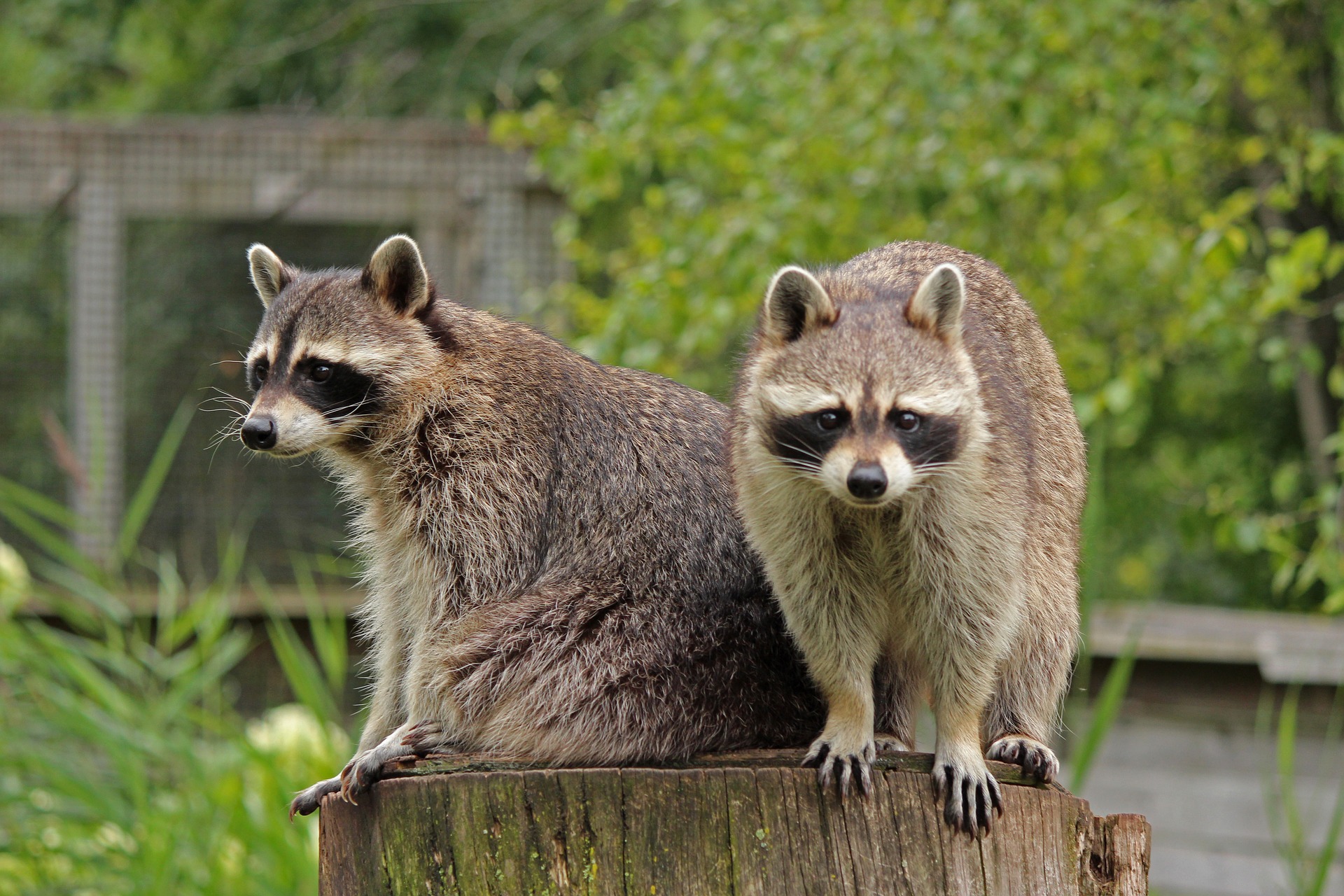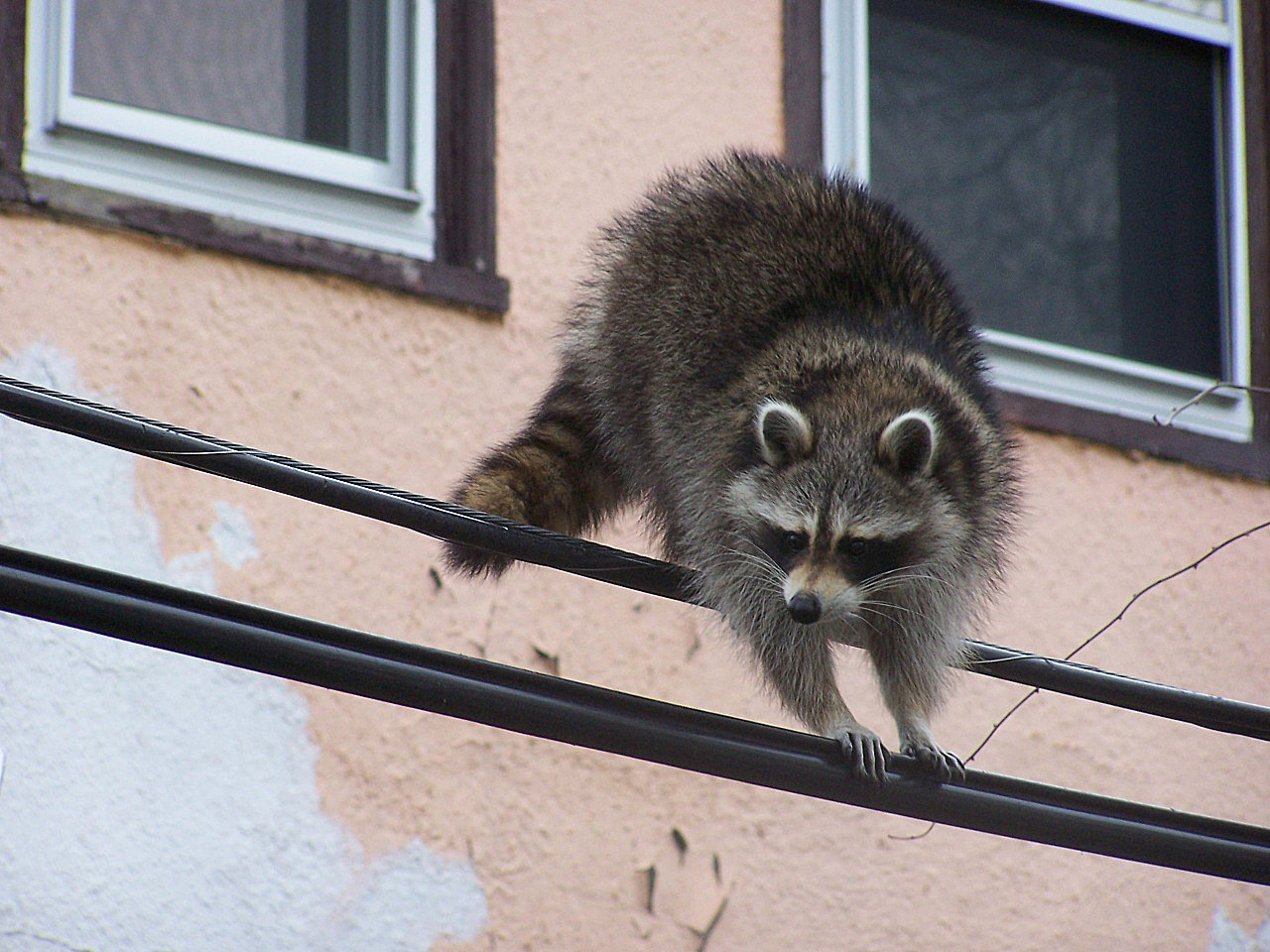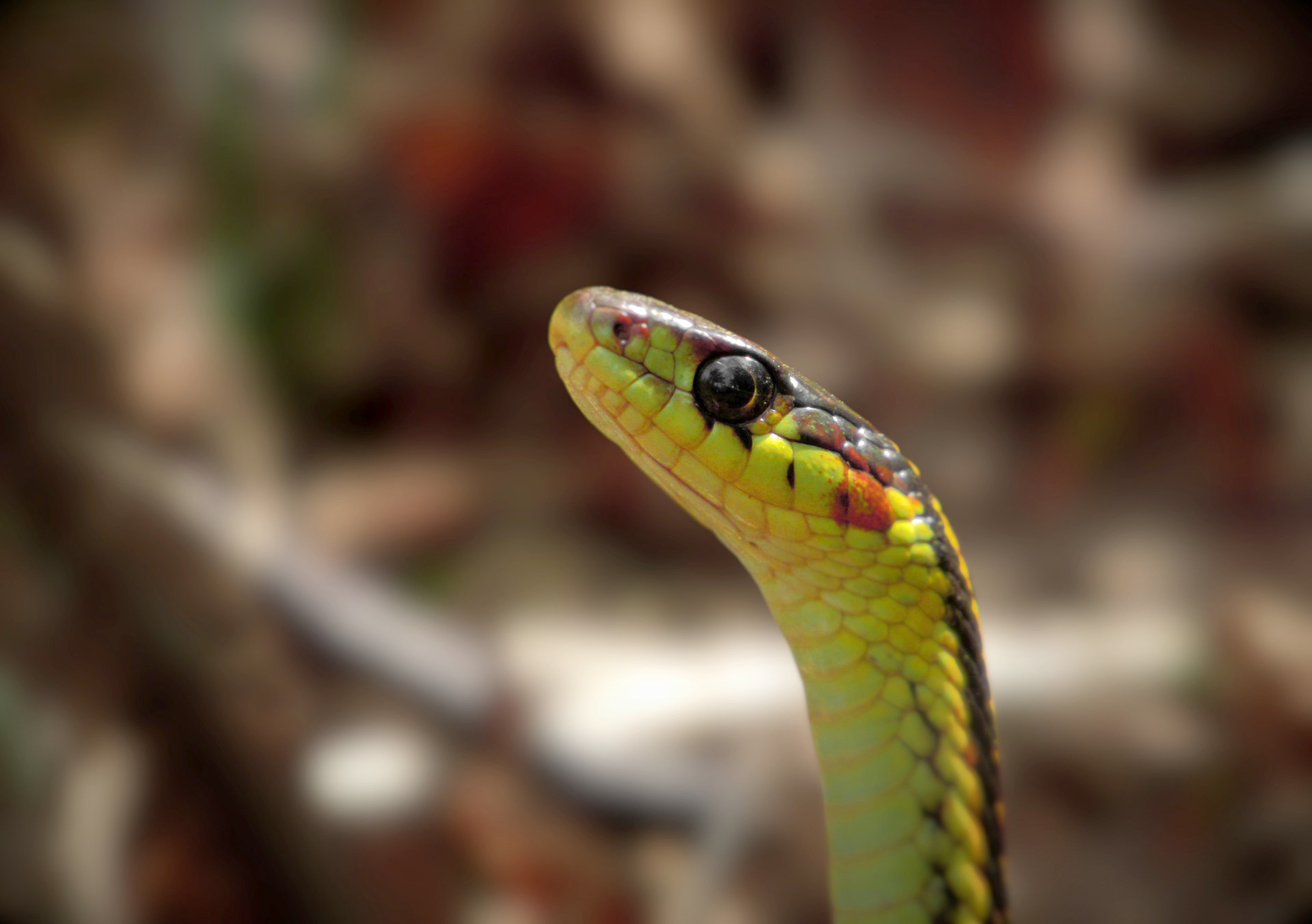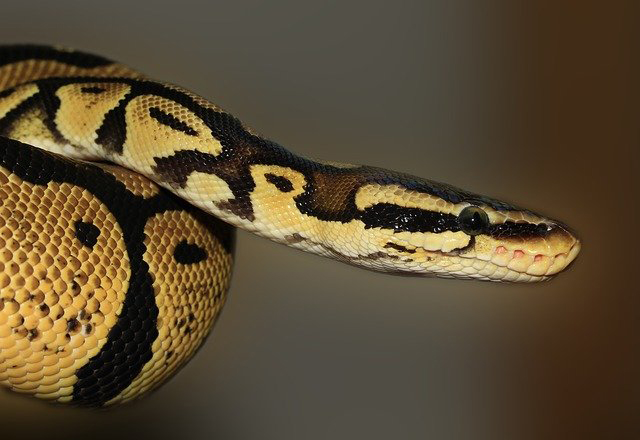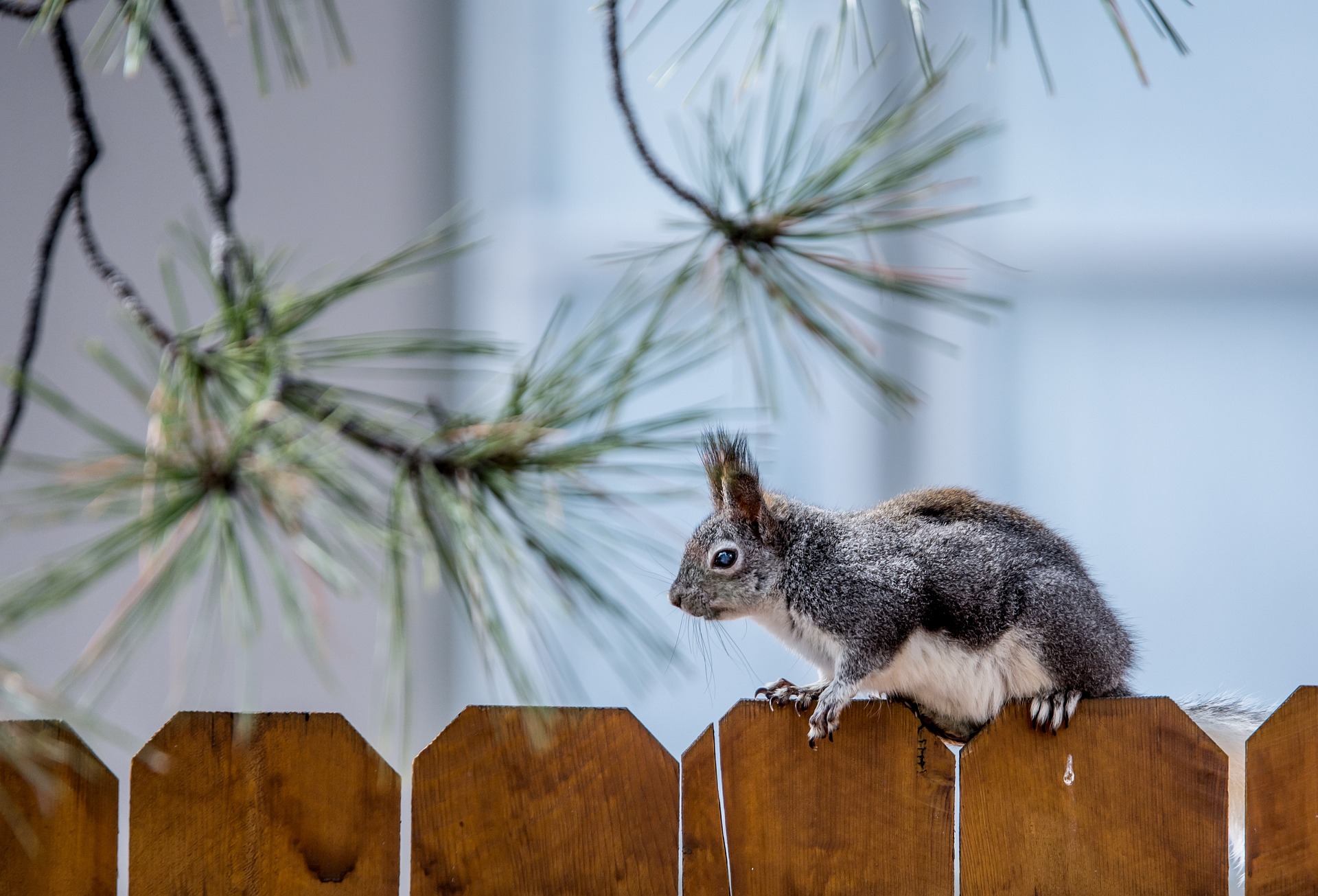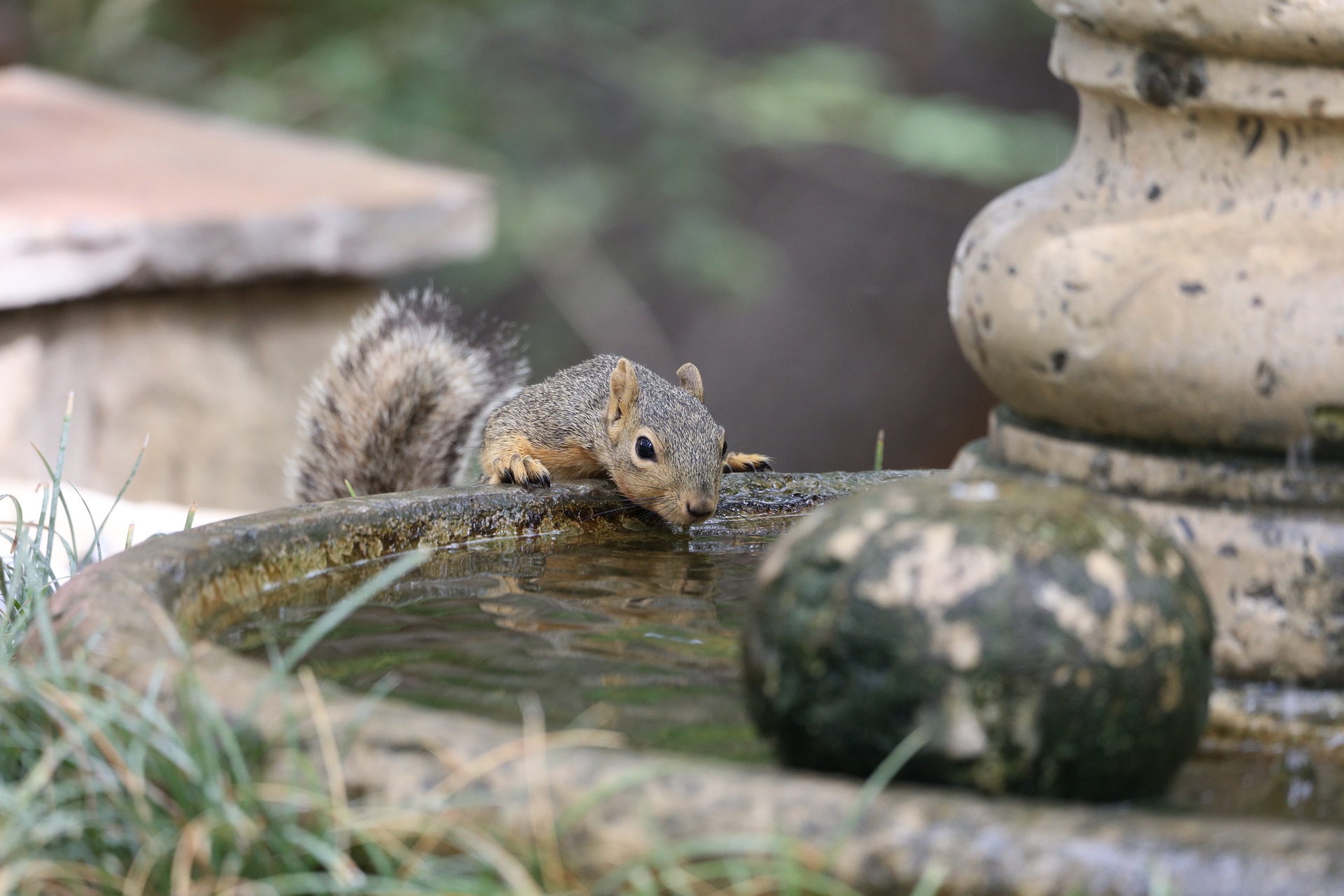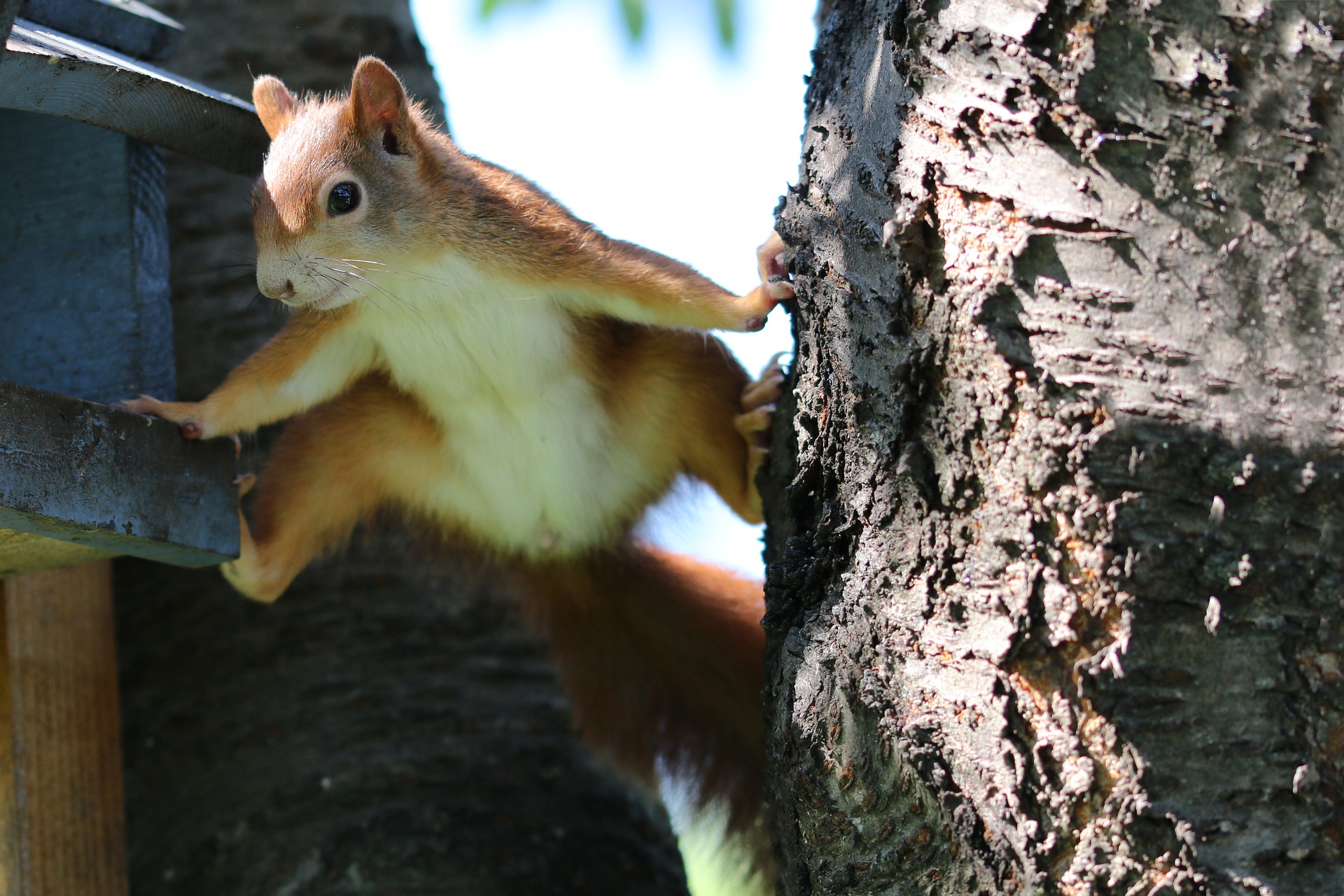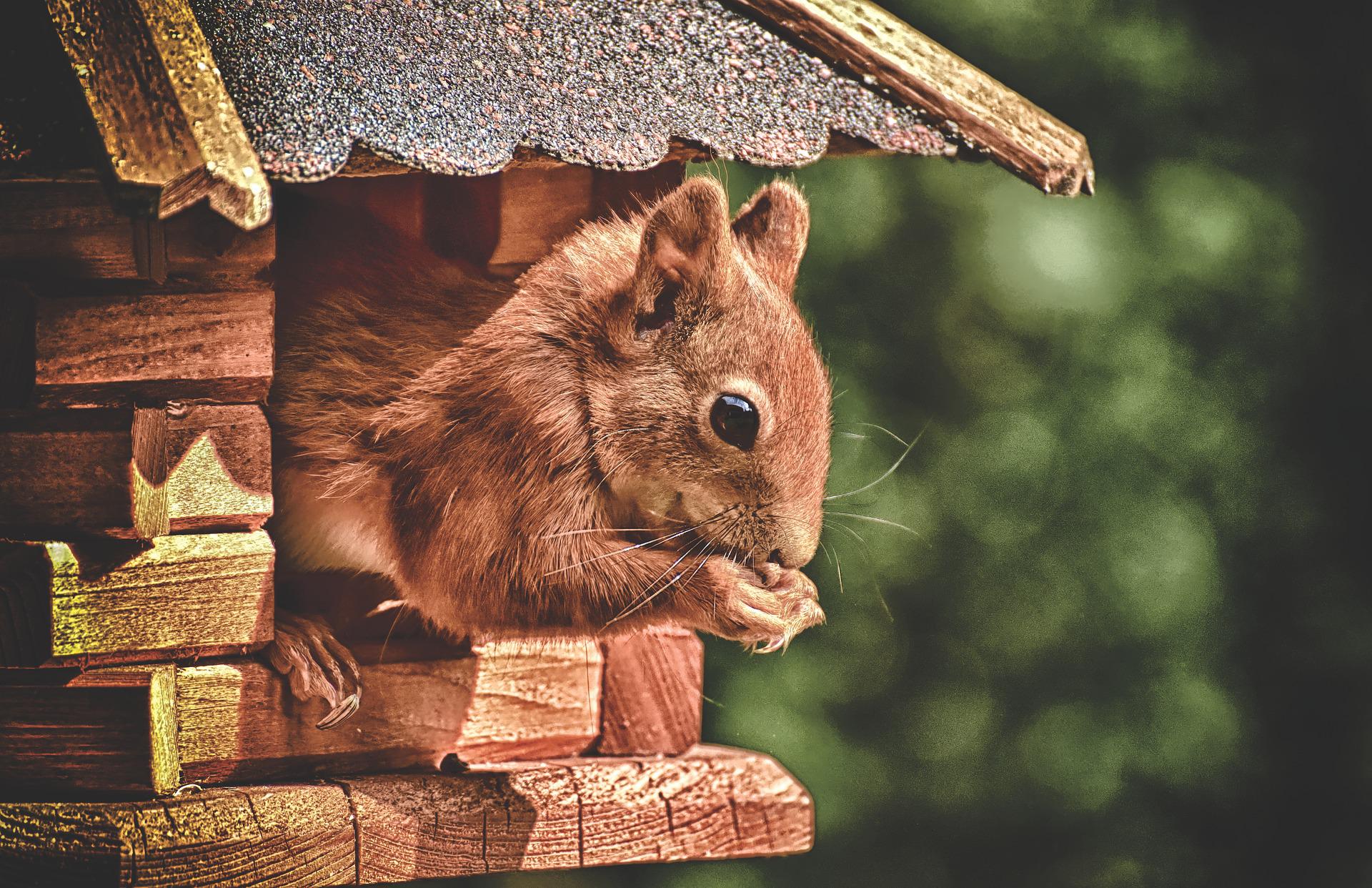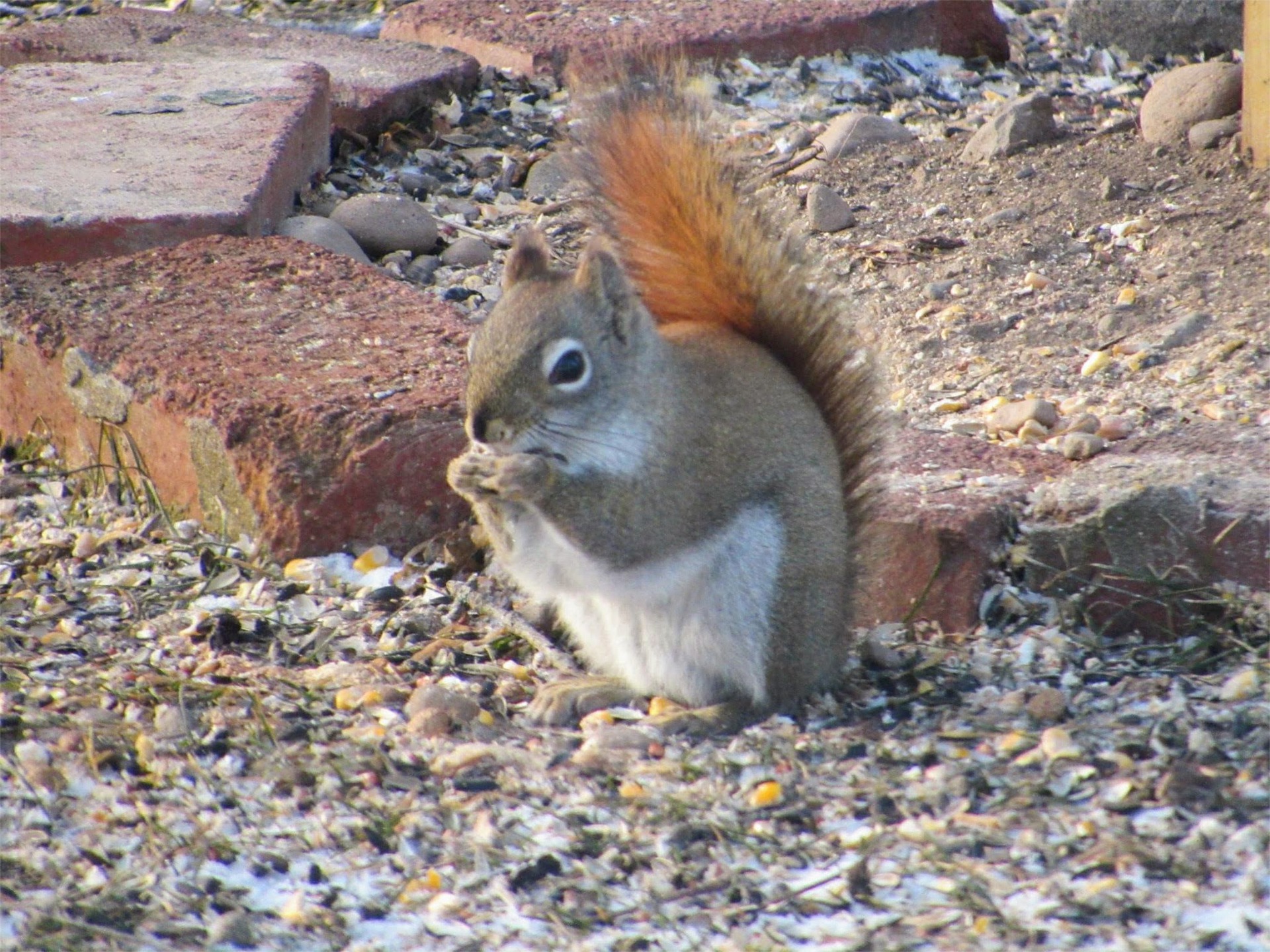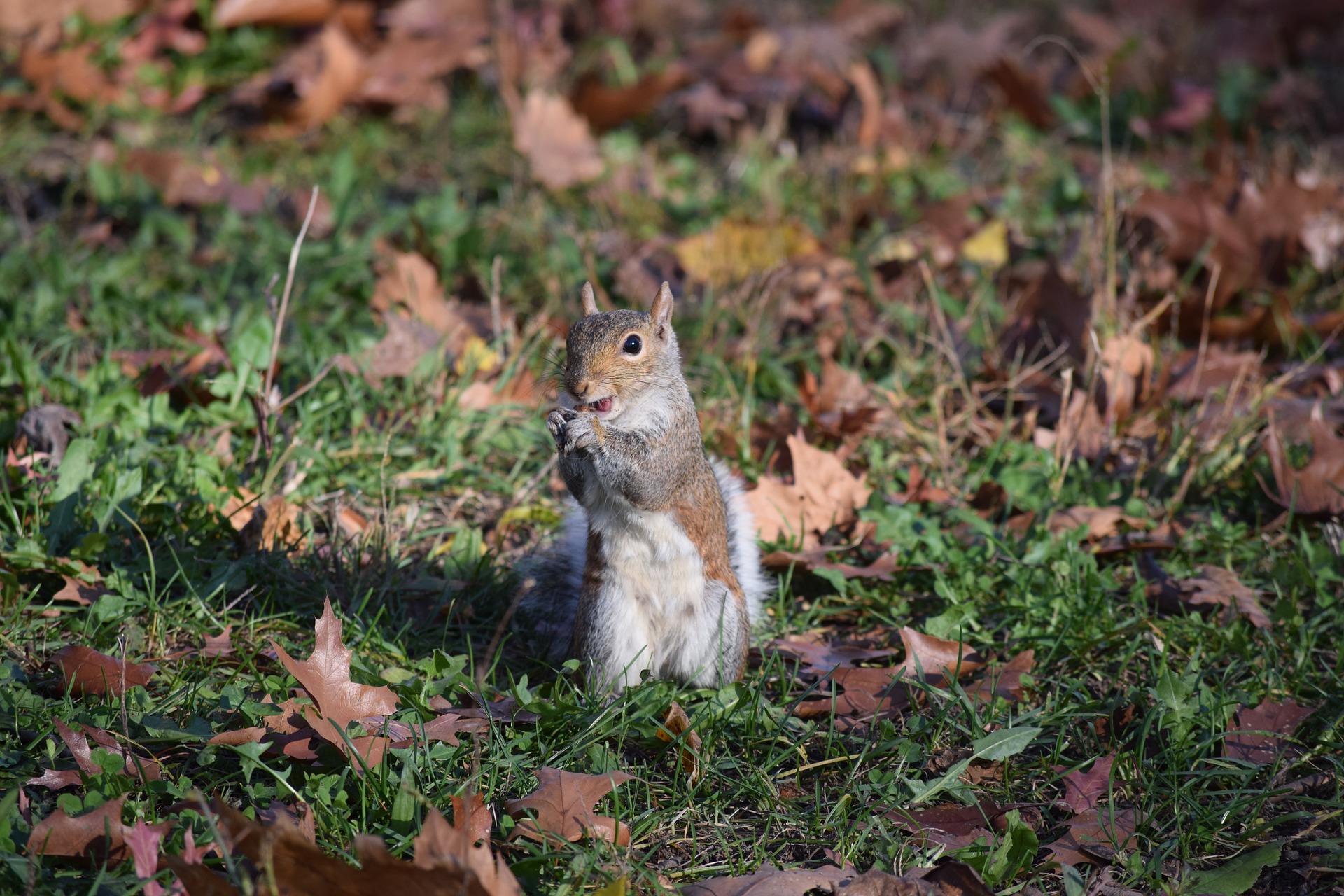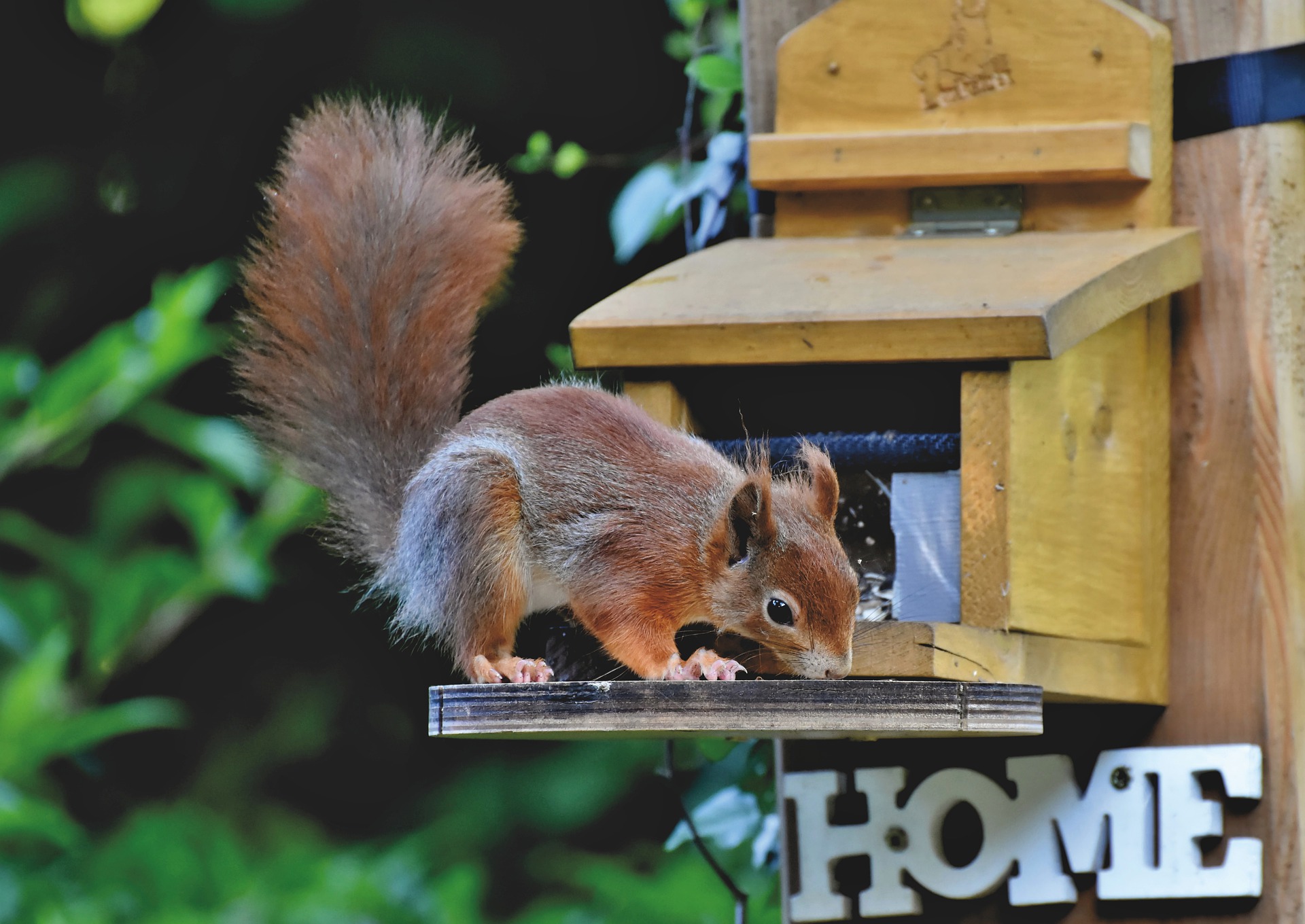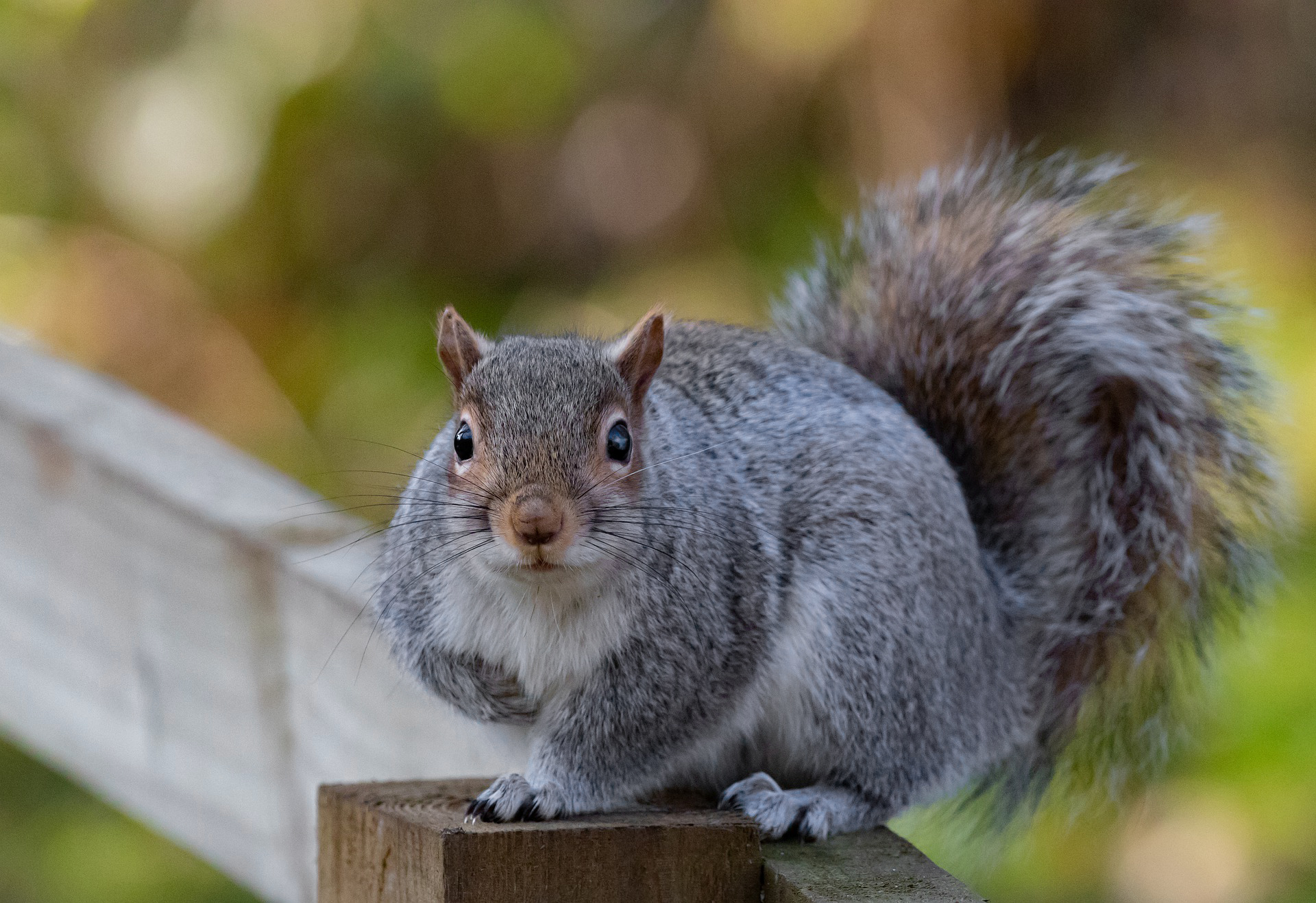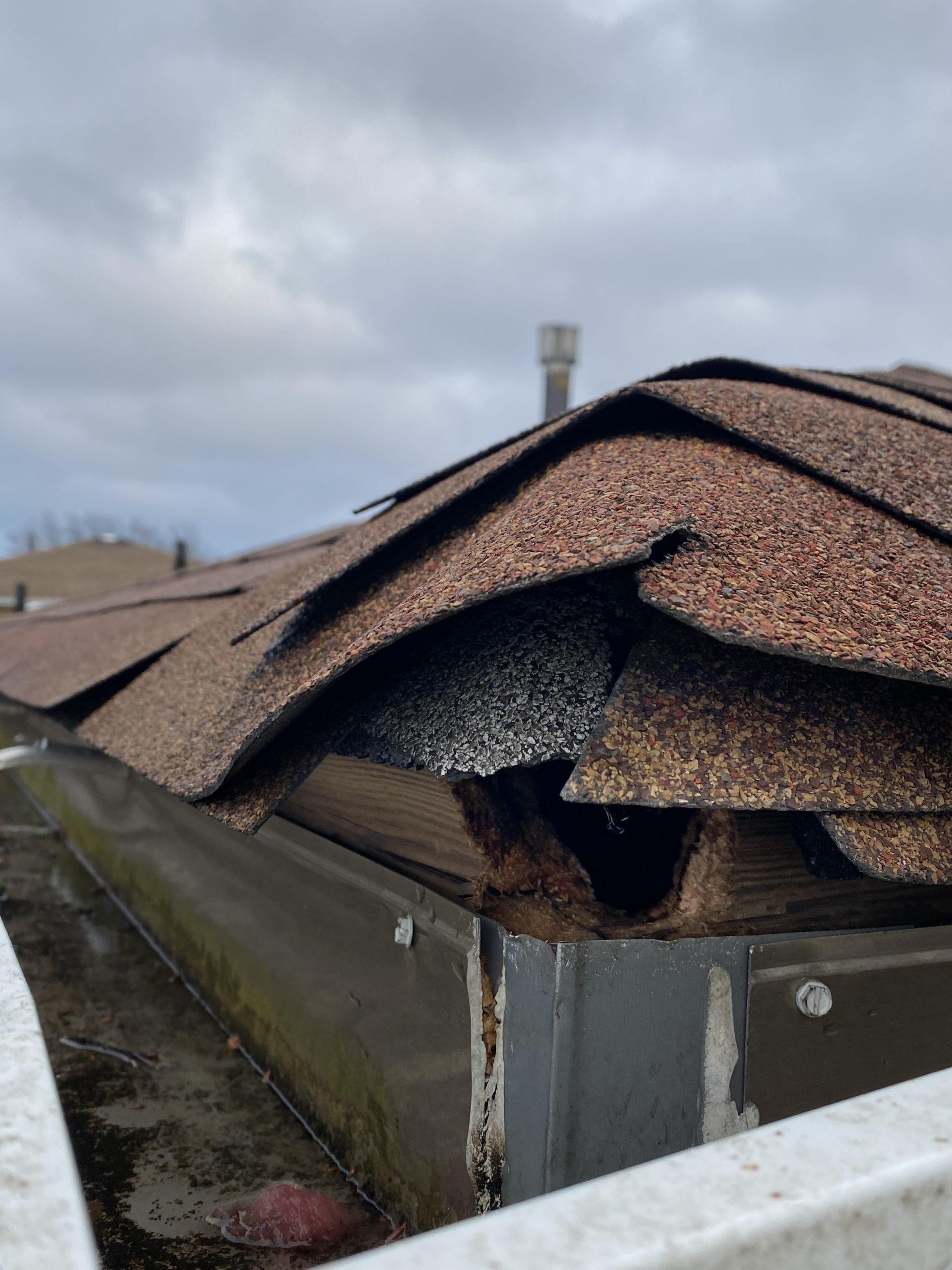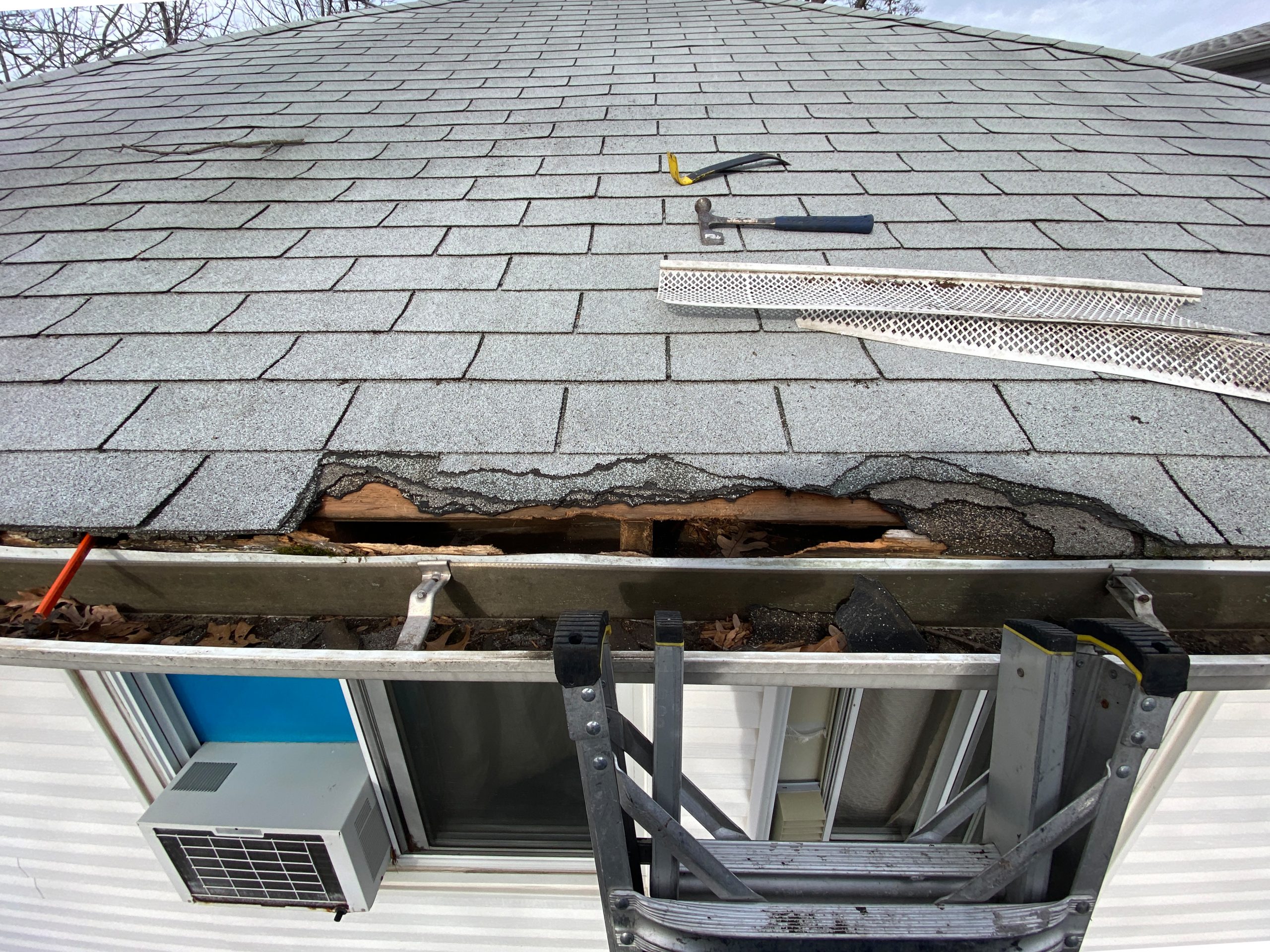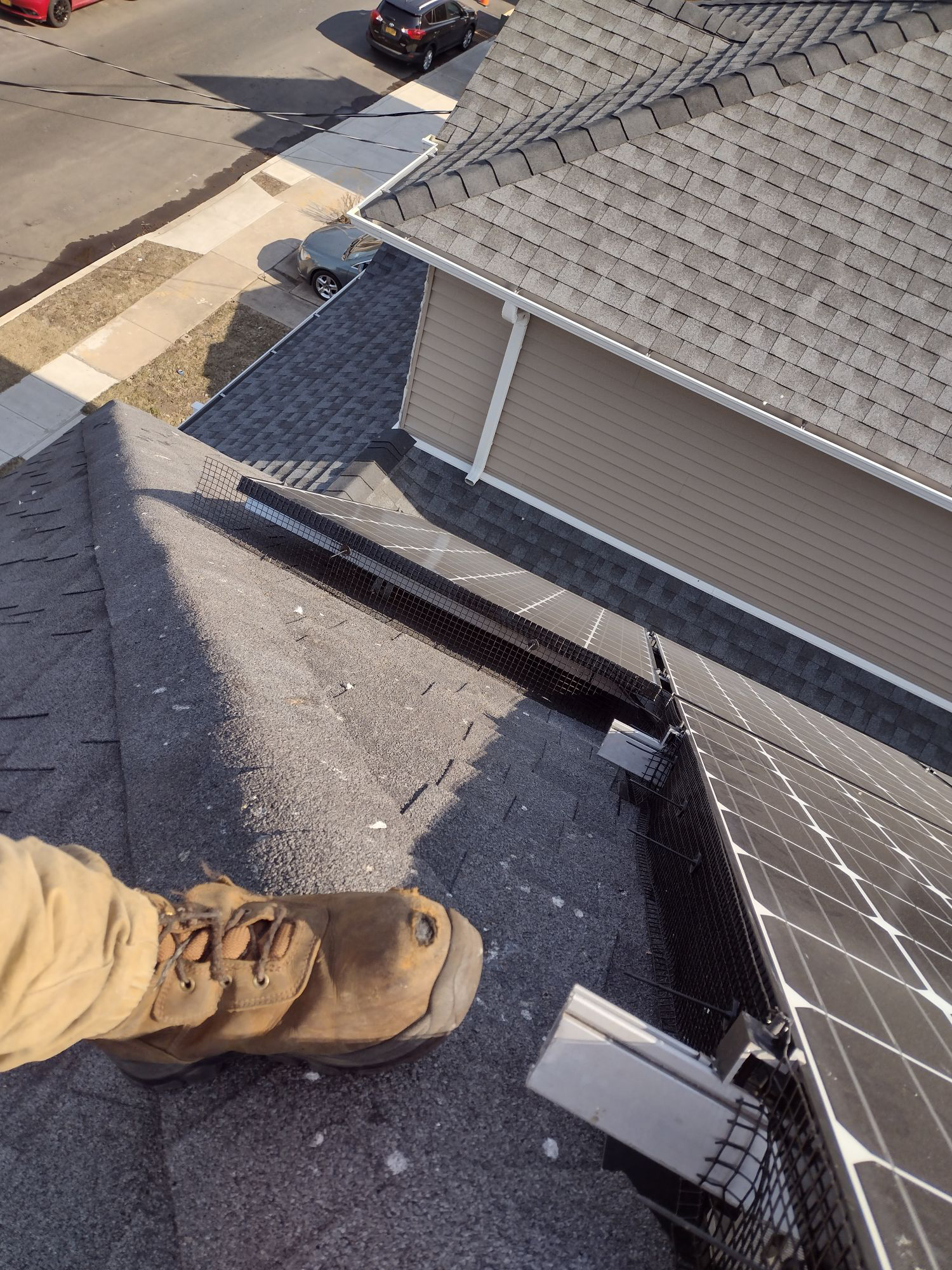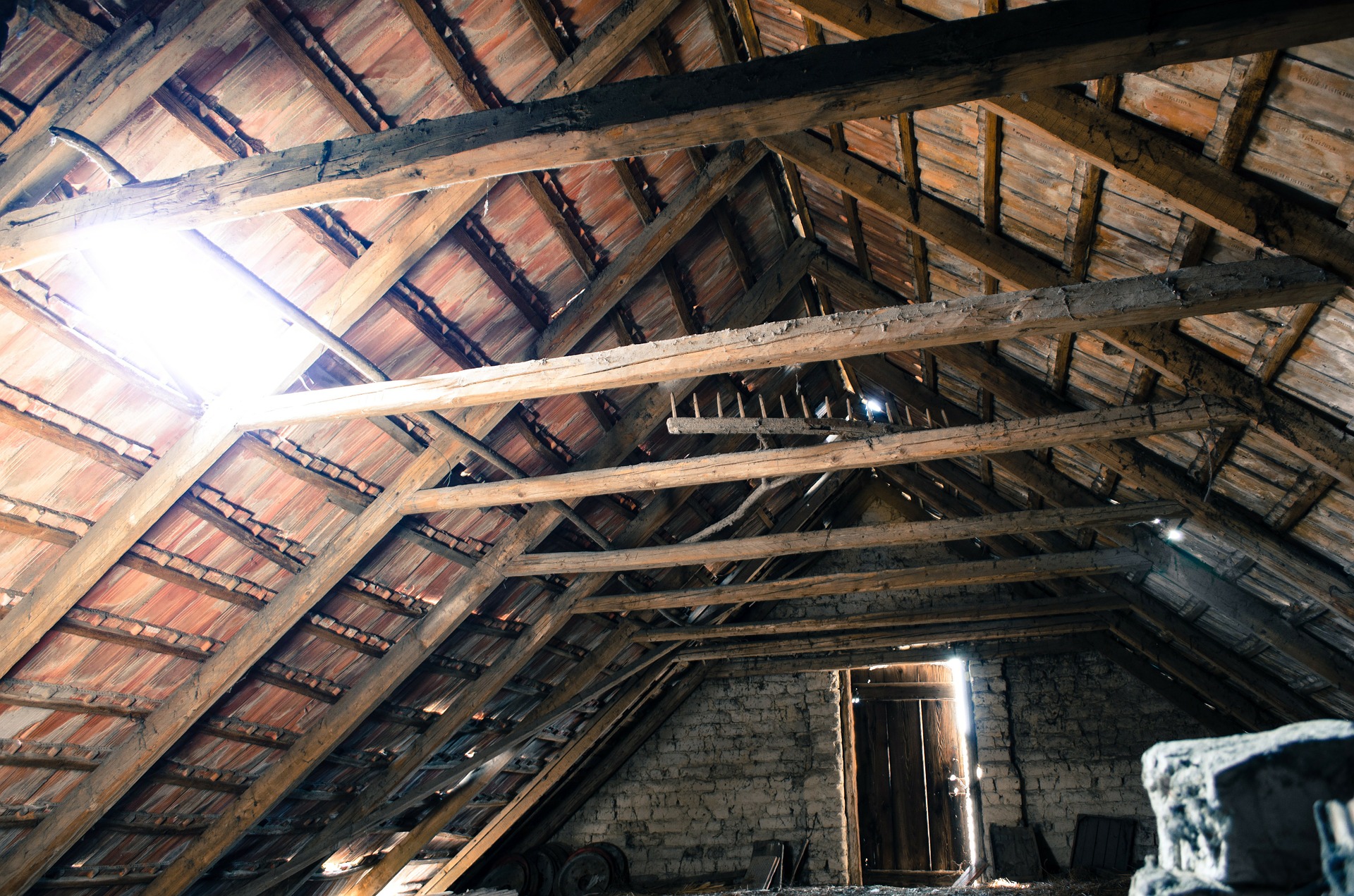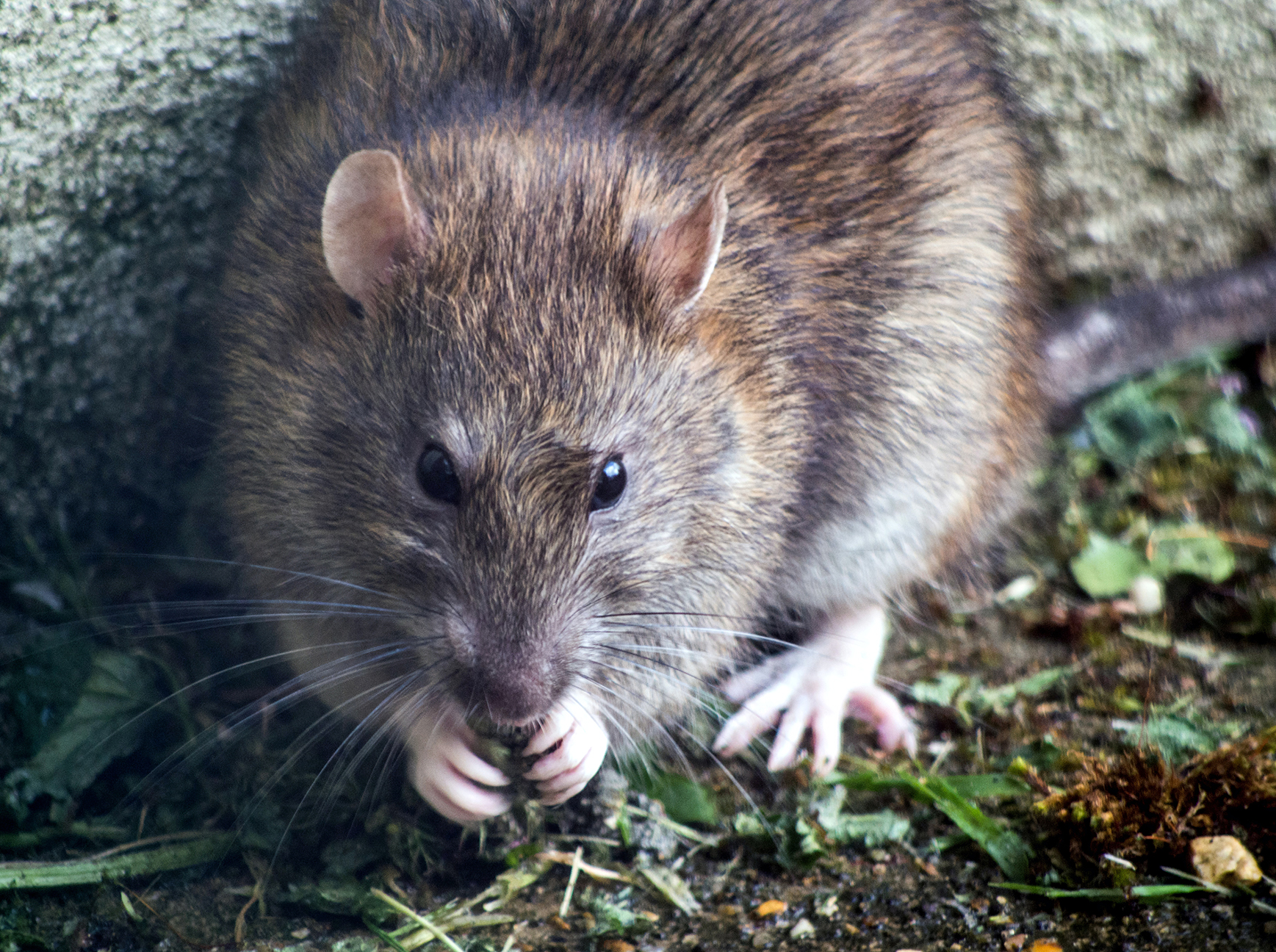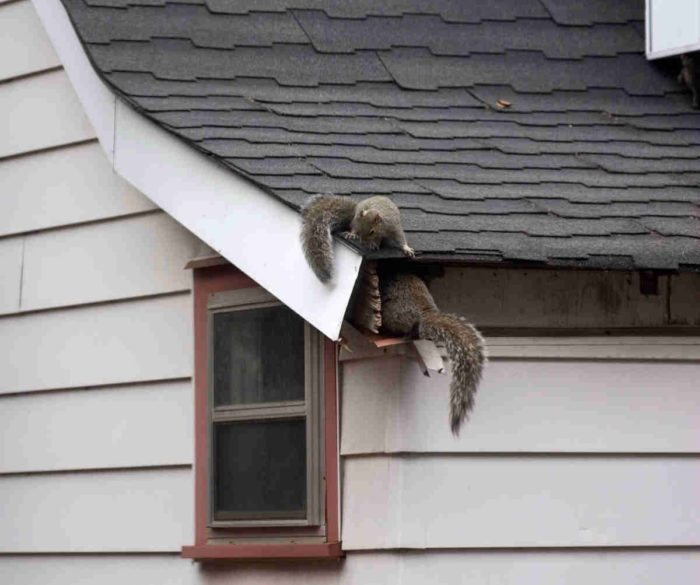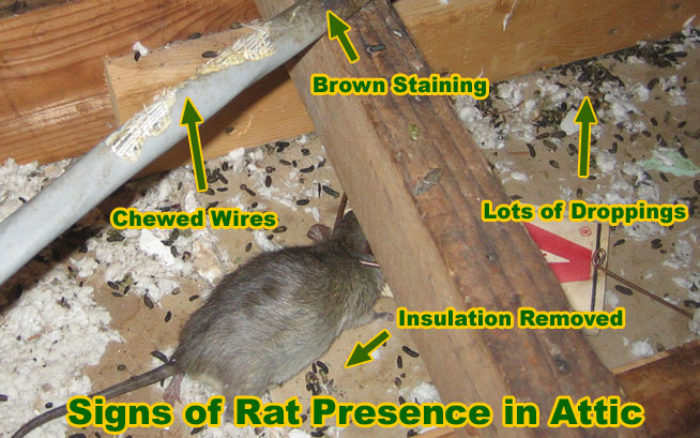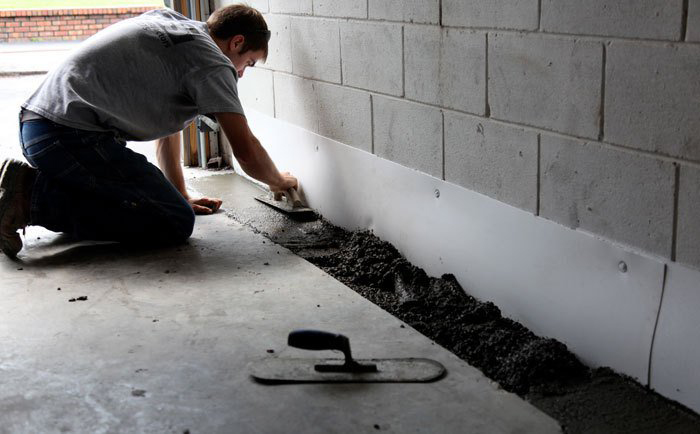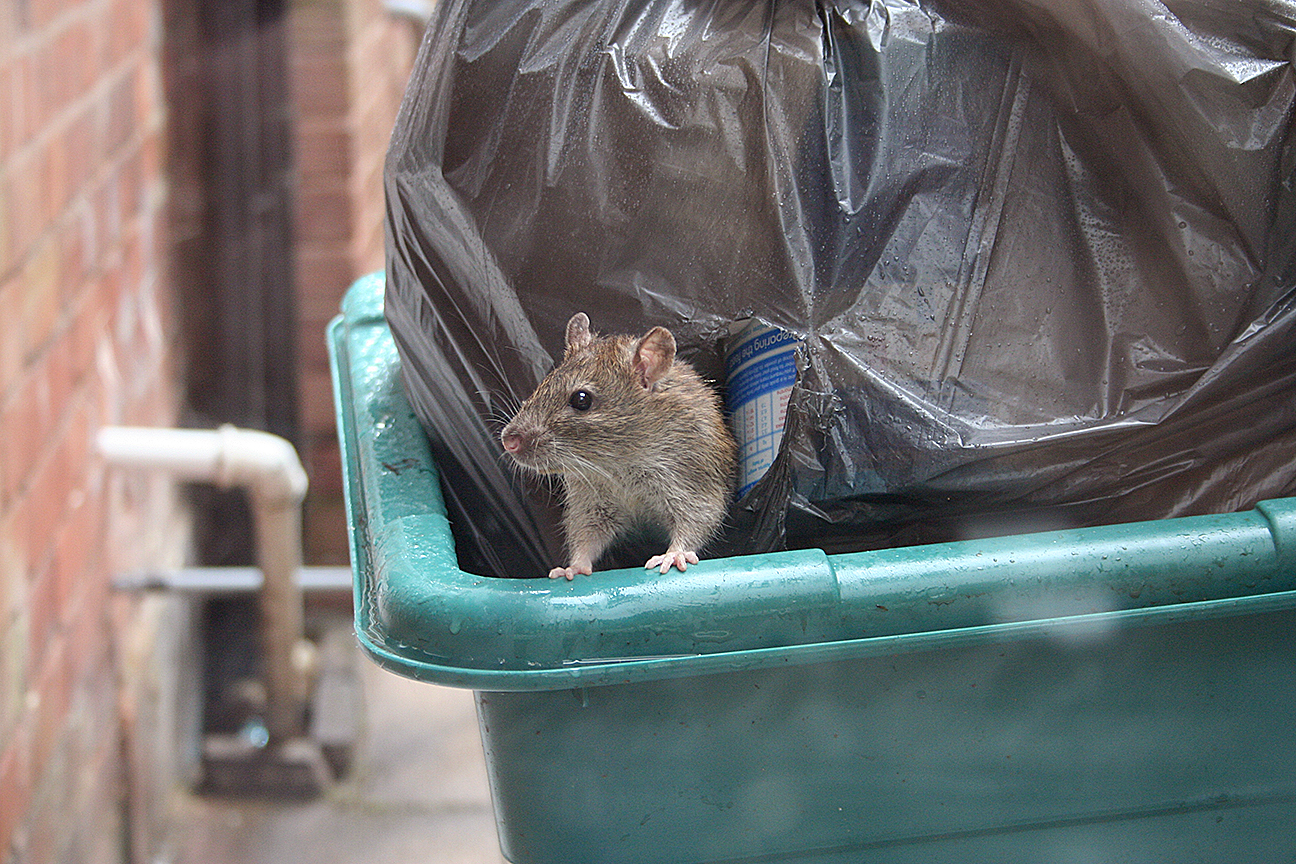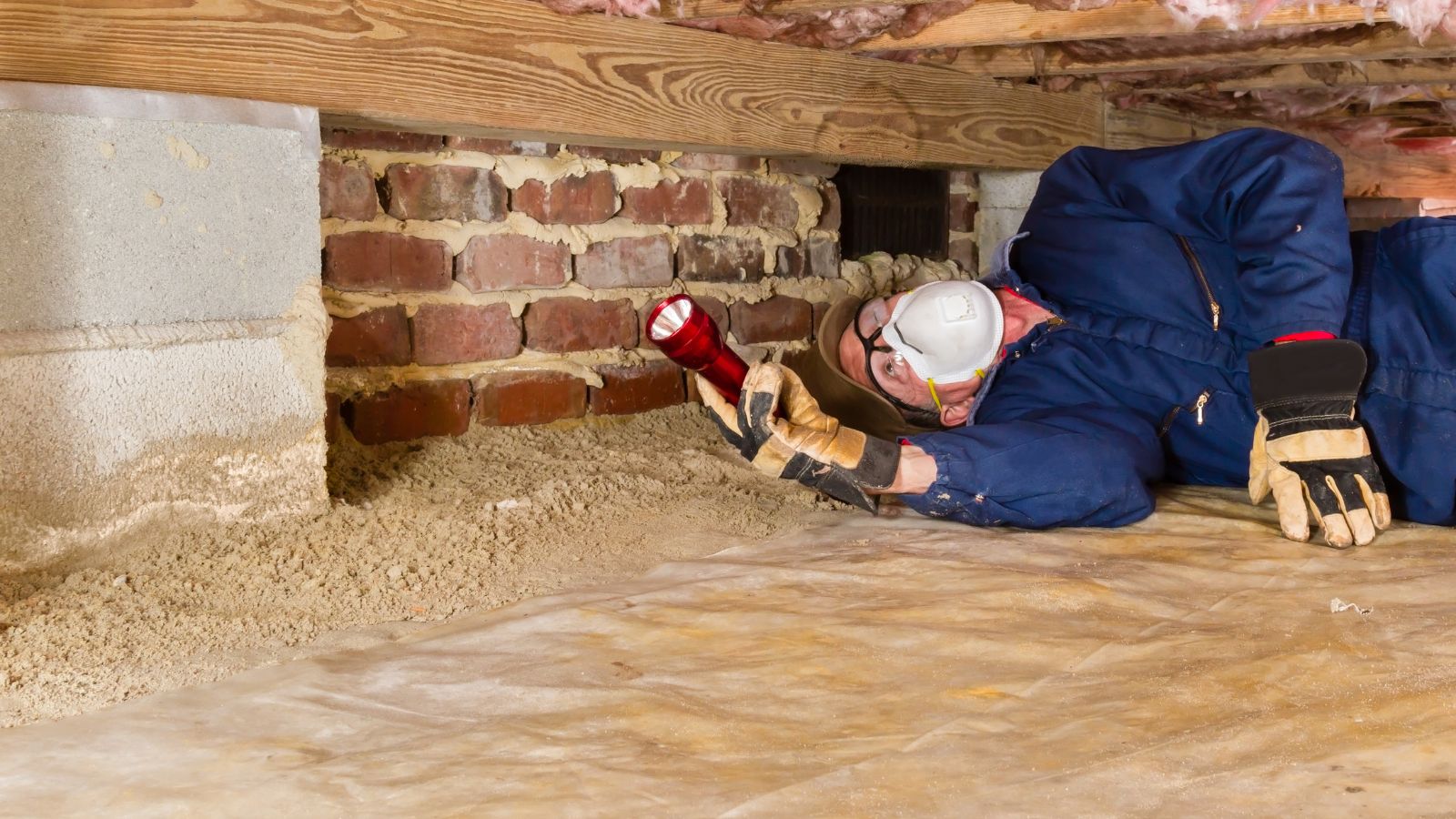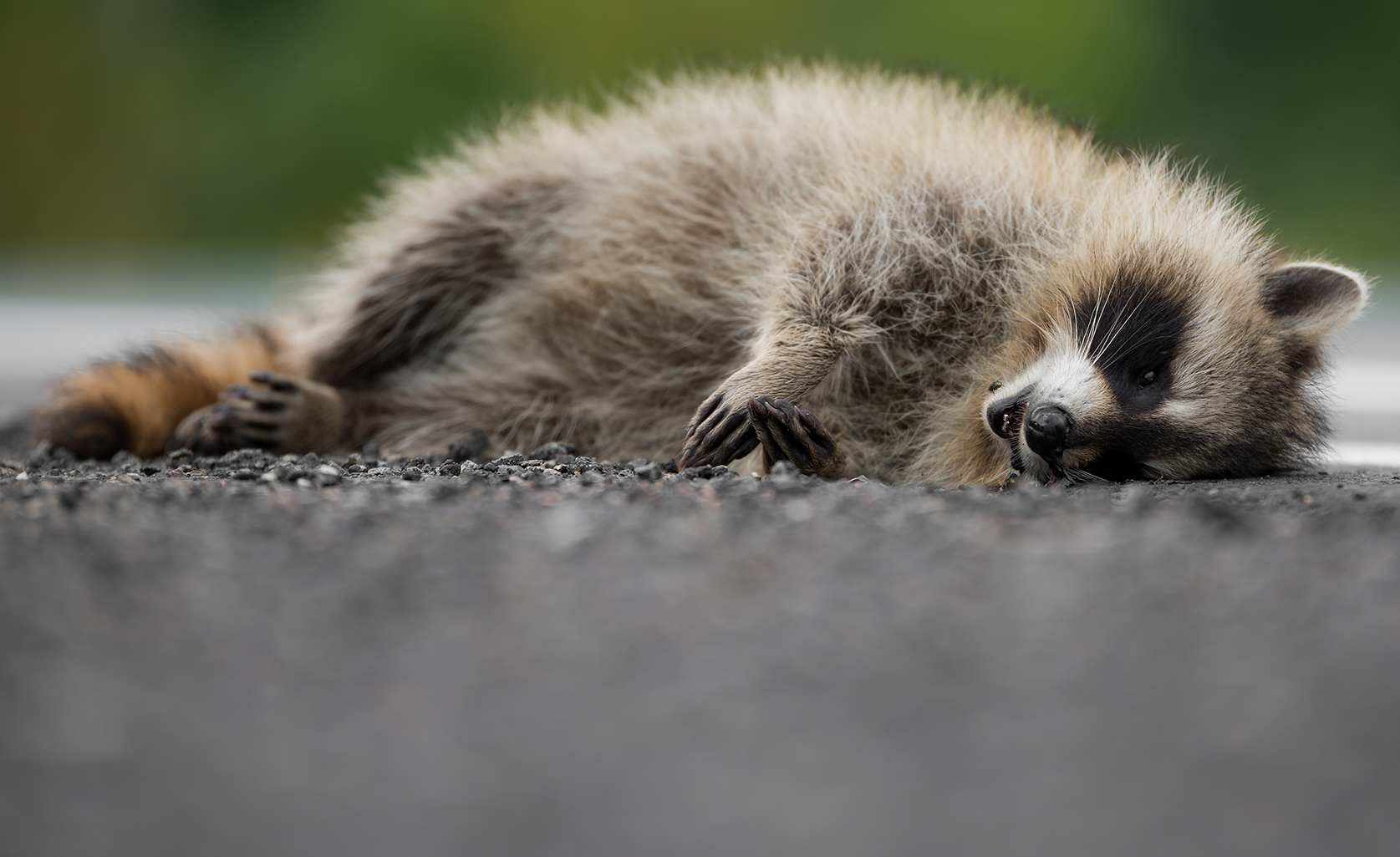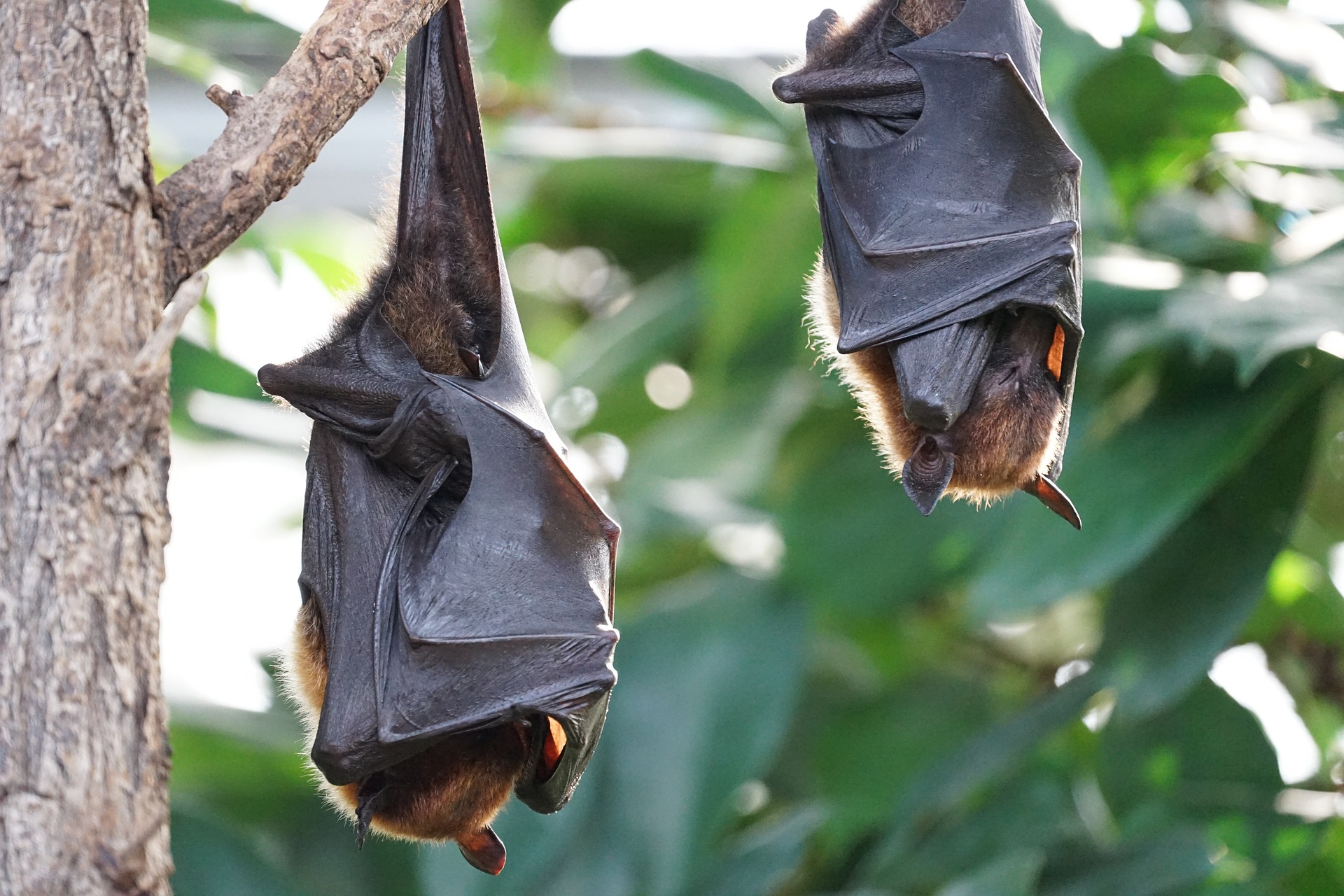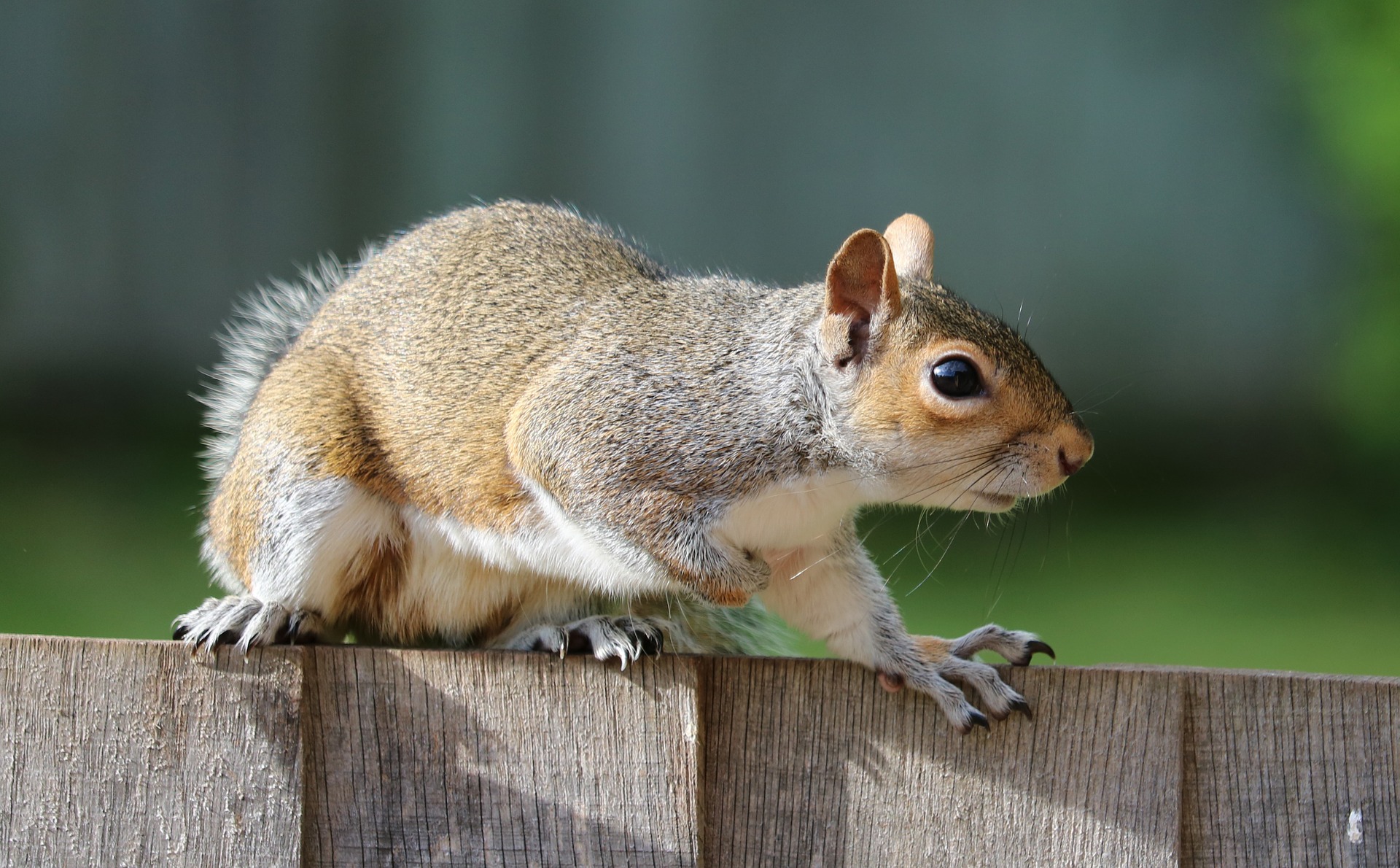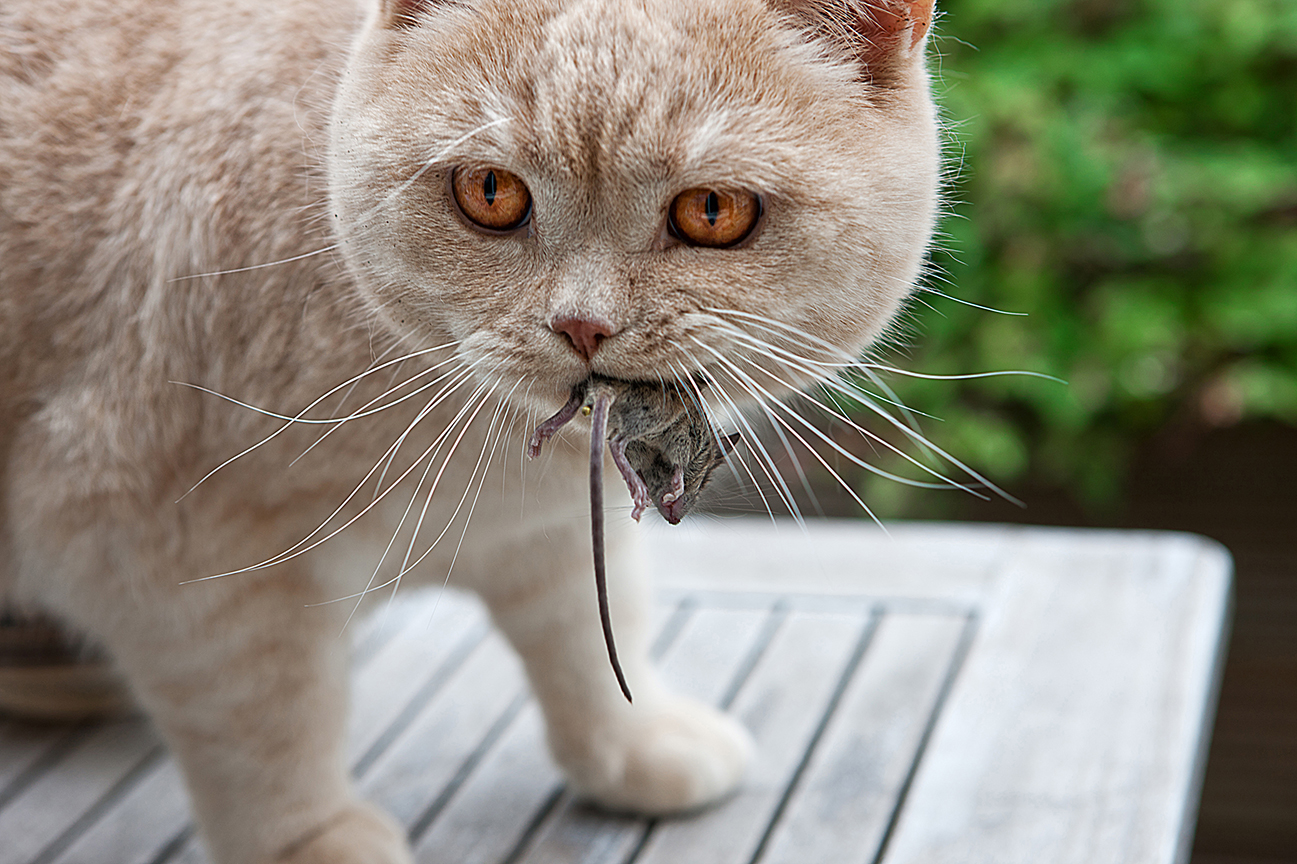Get Rid Of Birds Stuck in Your Vents in Freehold Township, NJ
Birds in vents seem to be a very common problem in the springtime of the year when birds begin to look for areas to nest. When birds come to nest in vents birds bring in garbage and debris that can damage your vents and affect your property. Animal Control NYC and NJ can help you with removal, trapping, and bird prevention. Animal Control NYC & NJ understands birds can nest on any property. That is why we do all types of residential properties in Freehold Township, NJ. Commercial properties like retail shops, hospitals, churches, cafes, Industrial, warehouses, offices, businesses, restaurants, and more. Animal Control NYC and NJ has years of experience in Freehold Township, NJ. We are confident we can help you get rid of birds from your property. Call us 646-741-4333 for a quick inspection.
Birds can bring other pests that hitch a ride or unwanted odors through your vents and into your home or business. Birds tend to nest in vents because of the warm and safe environment it provides. Here are some of the most common vent areas birds like to nest in.
- Bathroom Vents:
Bathroom vents can provide hot humid air that created a perfect environment for birds to nest in your vents. - Laundry Vents:
Laundry vents tend to generate hot air that is then pushed through the exterior vents, providing a warming nest for the birds in the vents. - Kitchen Vents:
Kitchen vents release odors and indoor heat. The smell of food and warm kitchen air can start an infestation of birds in your vents. In addition to that birds bring in bug pests into your vents and those can follow the trail of the food into your home. Prevent birds from nesting in your vents before it’s too late. - AC Vents and HVAC Vents:
Birds can nest in AC vents or HVAC vents because the working AC or HVAC vents can provide shade, warmth, and protection from predators. - Chimney Vents:
Chimney vents can be problematic because the bird’s nest will block your chimney vent and can create damp issues inside the chimney. Call us today for an inspection of your chimney vent.
Birds in vents are a challenge for both residential and commercial properties. Ranging from property damage to health issues, birds in vents around your home or business pose some significant problems. Birds can make your business look unprofessional. The appearance of bird dropping and debris around your business is unattractive, and customers might be turned away. As well as Health Code Violations for businesses, restaurants and other food industries. Animal Control NYC & NJ has been in Freehold Township, NJ for many years and knows the best ways to remove birds from your vents and prevention methods to keep your vents bird free. We start by inspecting your vents for birds, identify the bird and then find a quick solution to remove the birds from your vents. Call us today for quick bird removal services in Freehold Township, NJ, 646-741-4333.
It is best not to remove the bird yourself because of NYC laws and not knowing the correct techniques for different species. You can try these small prevention methods, such as installing a predator decoy. This might scare the birds away from nesting in your vents or property. Make their nesting environment unsafe for birds, and the birds will leave to look for a better habitat. . Eventually, the birds will get through these small prevention techniques, and you will need a professional bird removal company to handle the bird infestation in your vent, roof, or attic. Call us today 646-741-4333 to set up an appointment for quick bird removal in Freehold Township, NJ.
If you are experiencing an issue with birds in or around your property, a professional bird removal company such as Animal Control NYC & NJ can help you bird-proof your property. We will inspect your vents, attics, and roofs for possible bird nesting inside.


